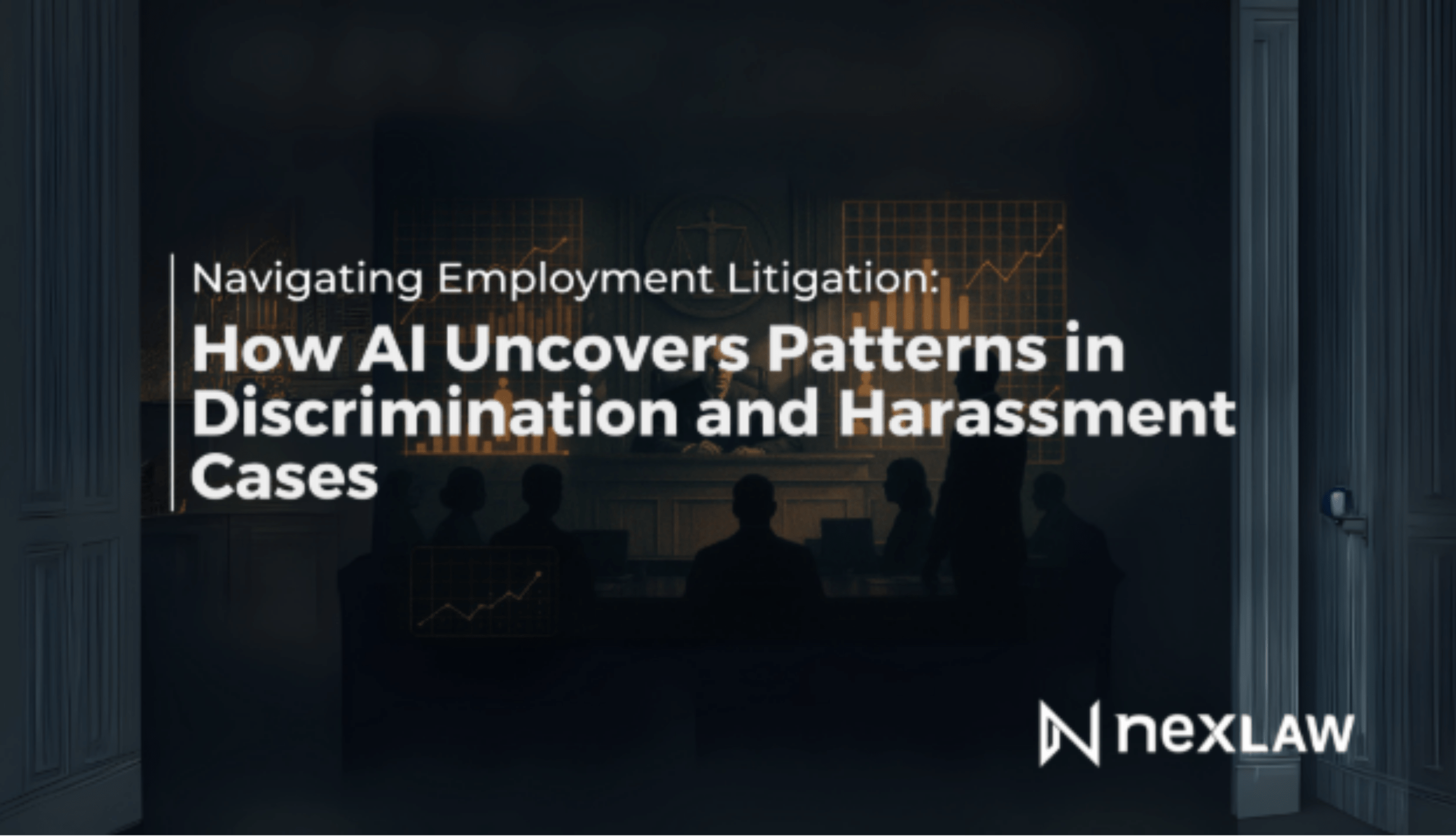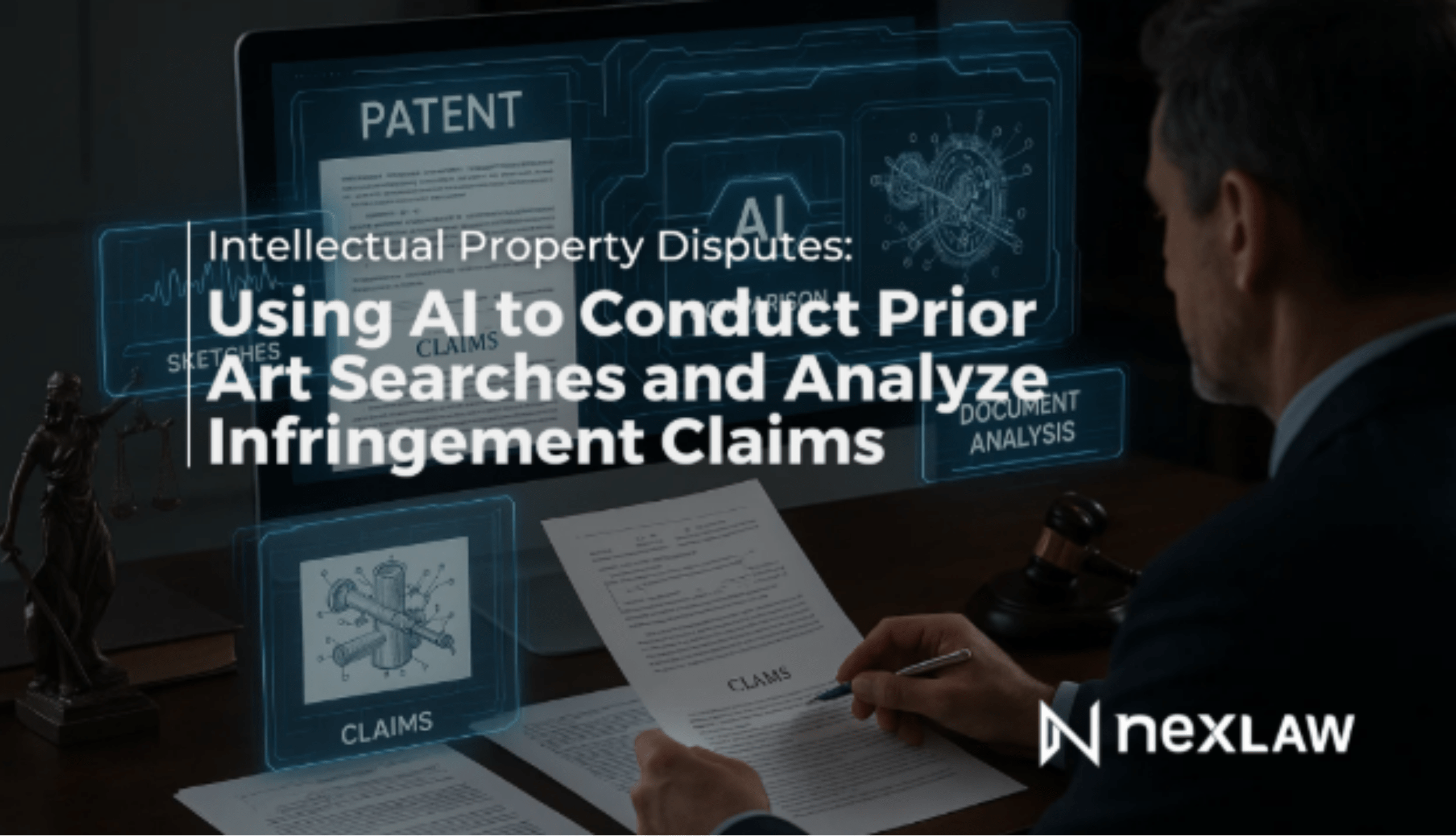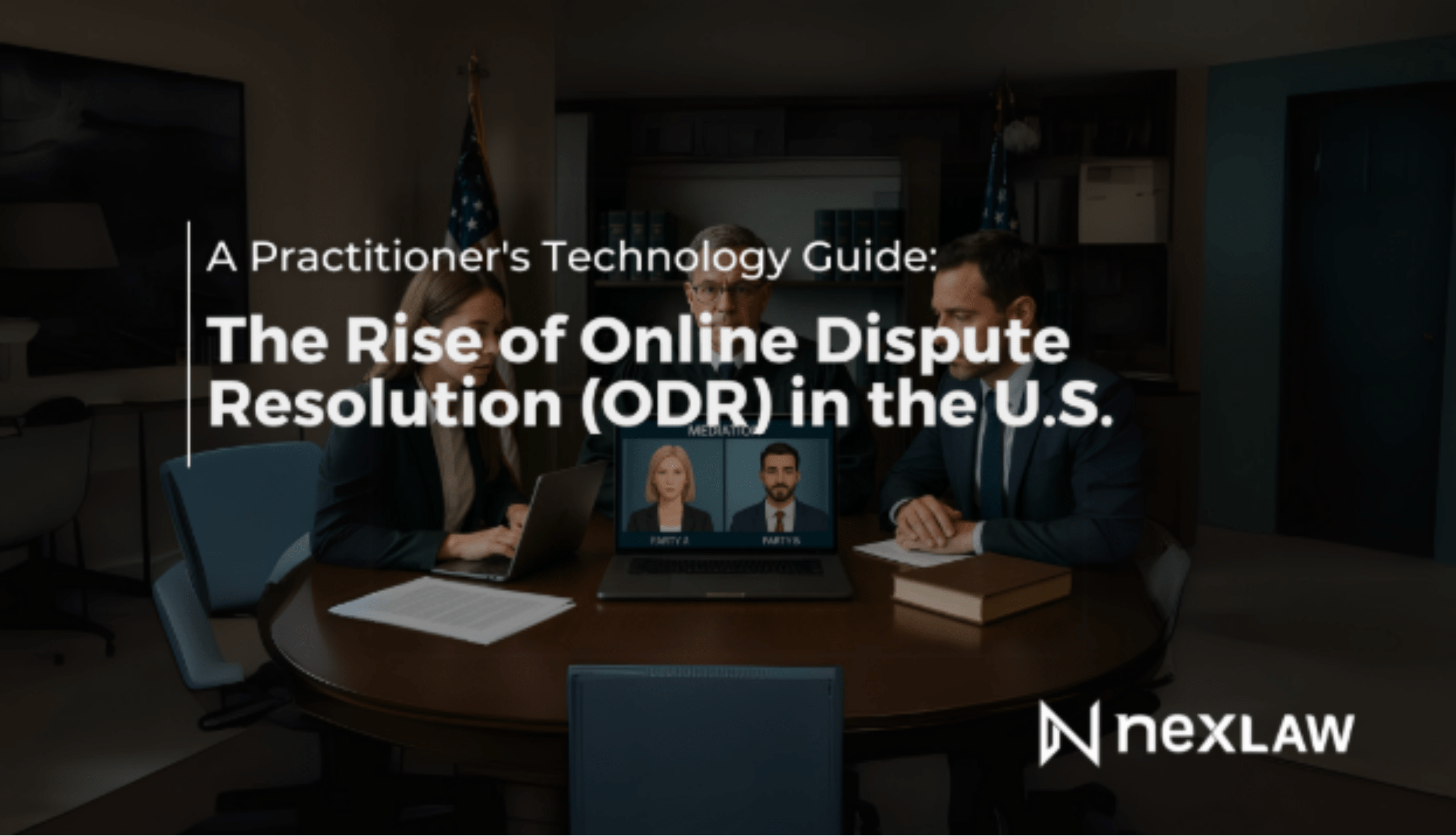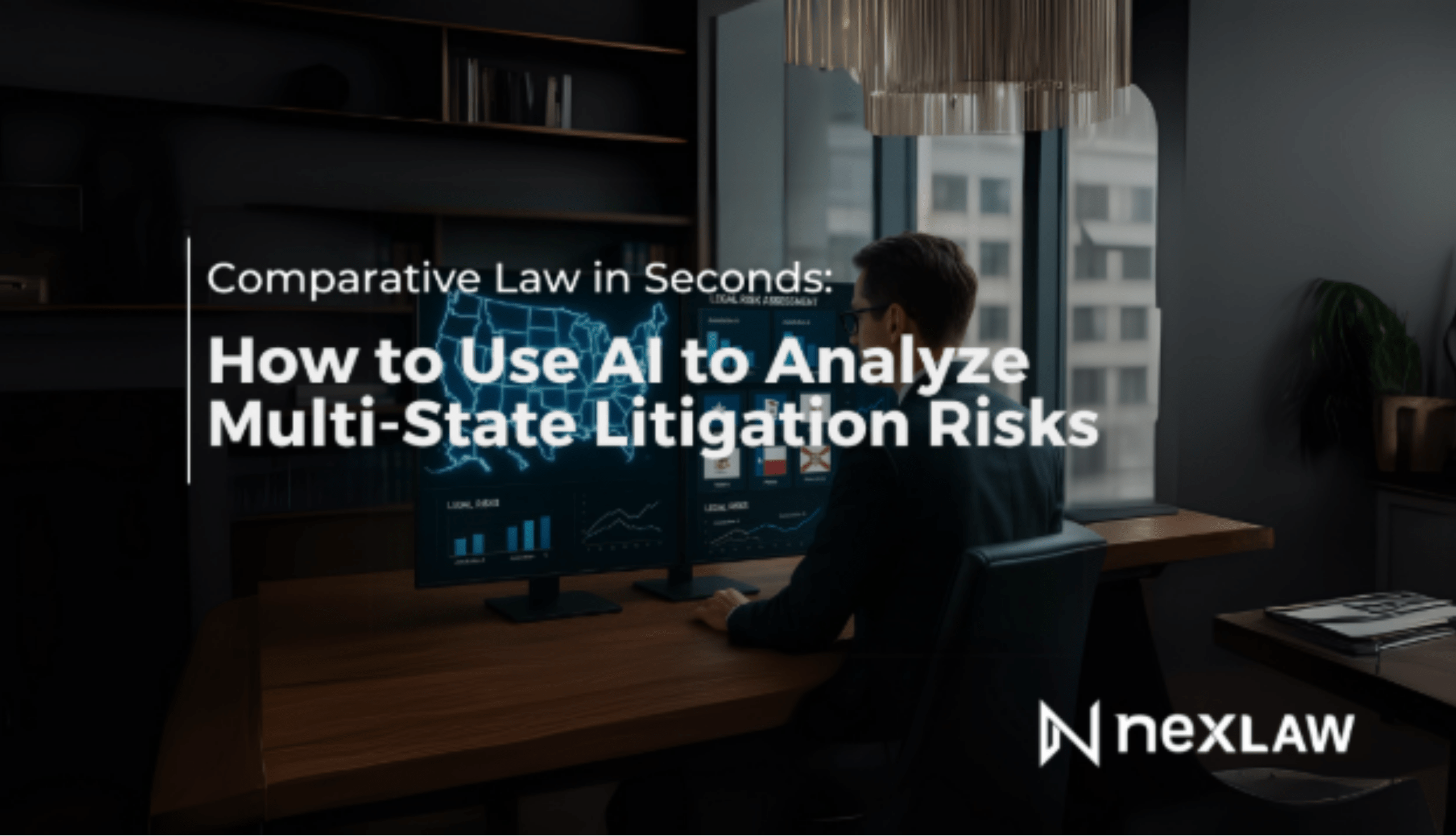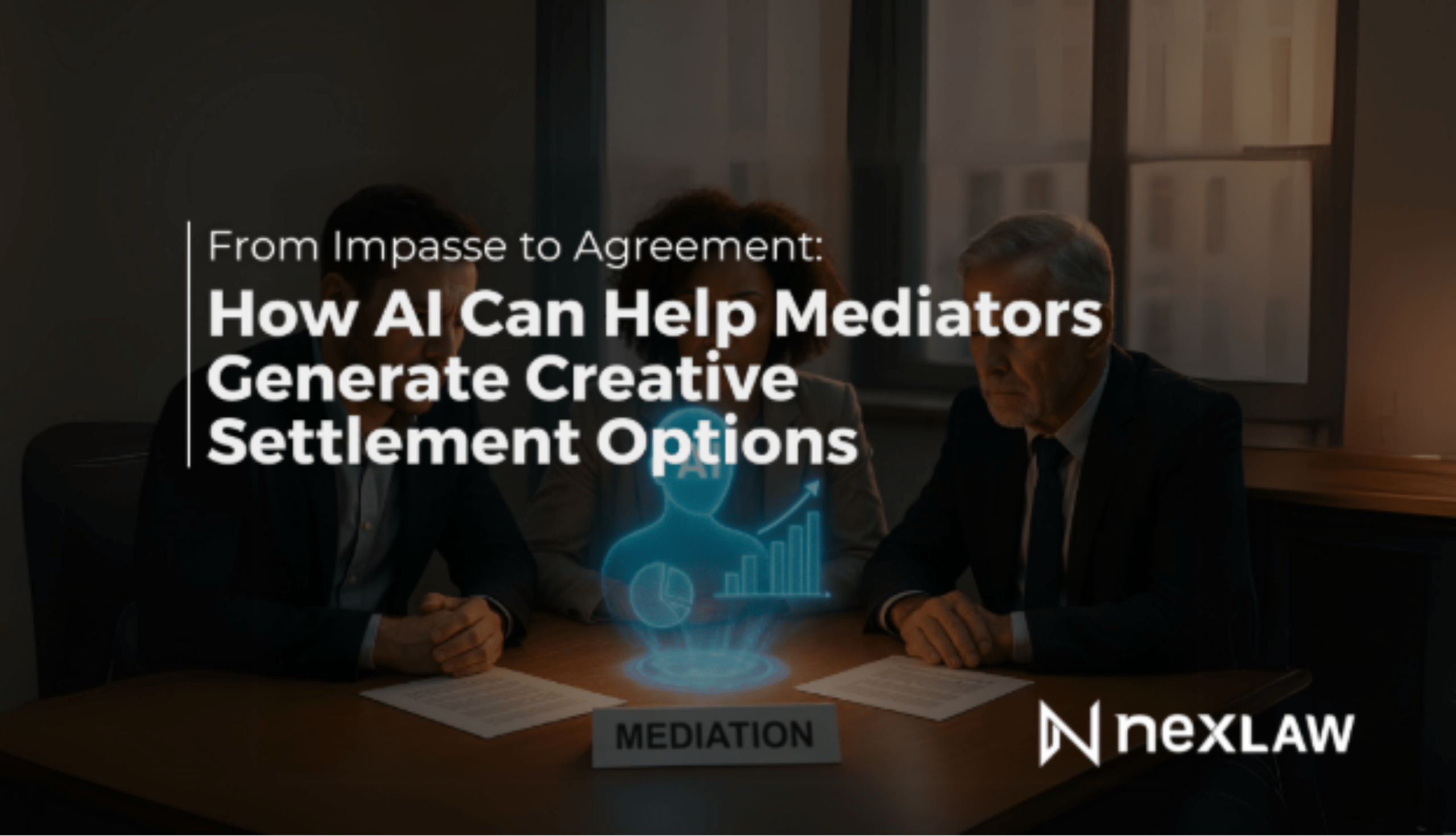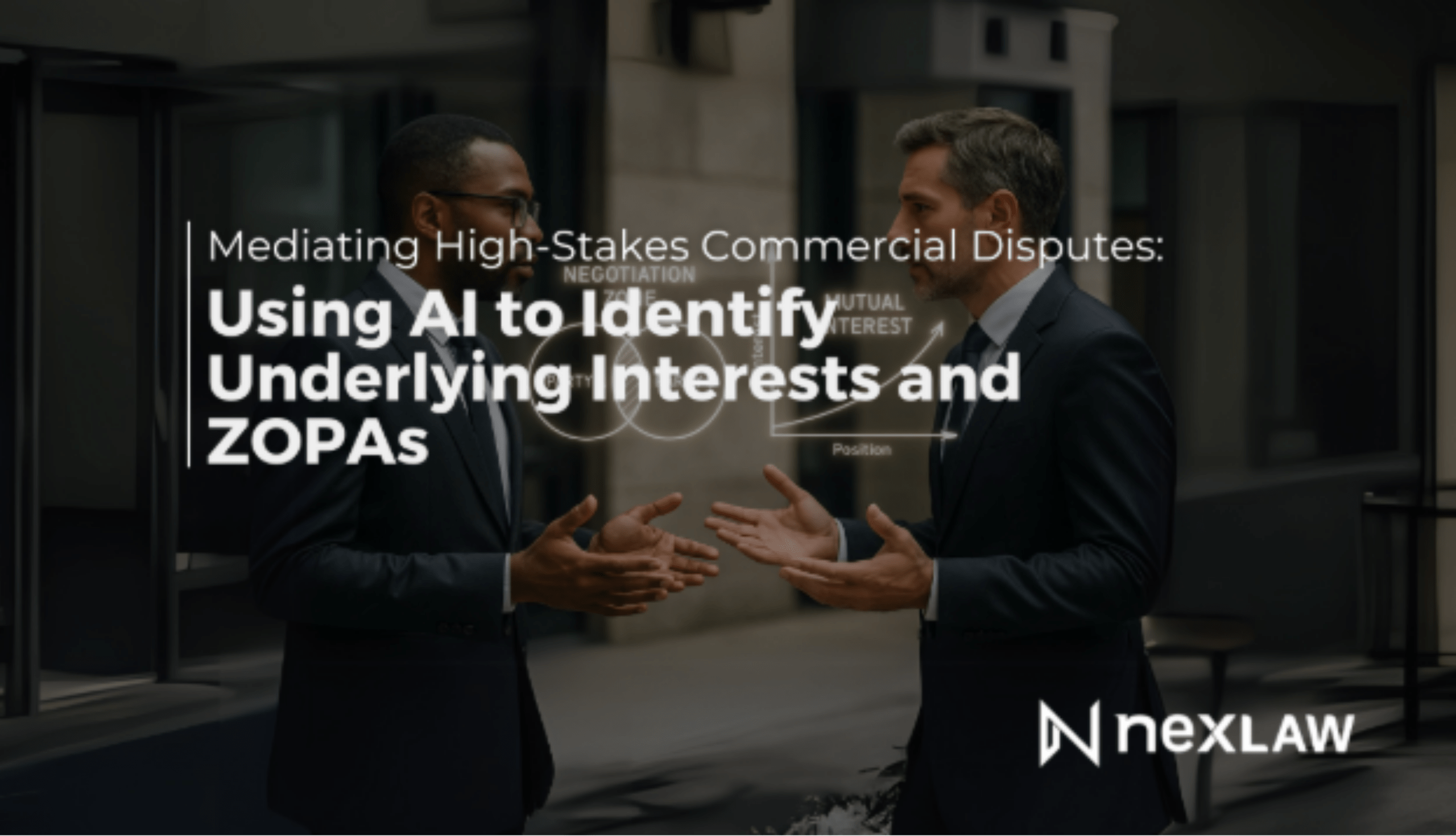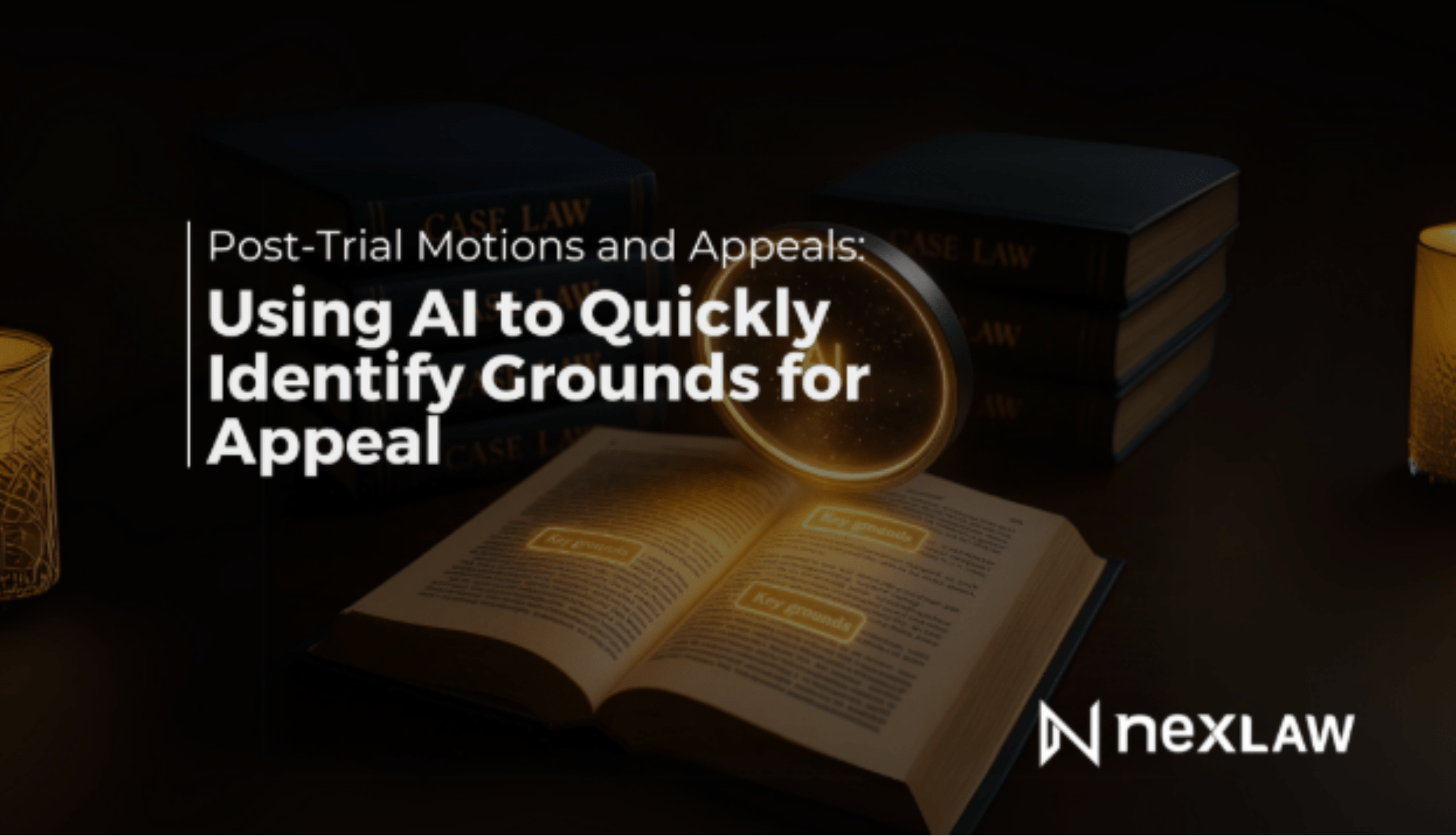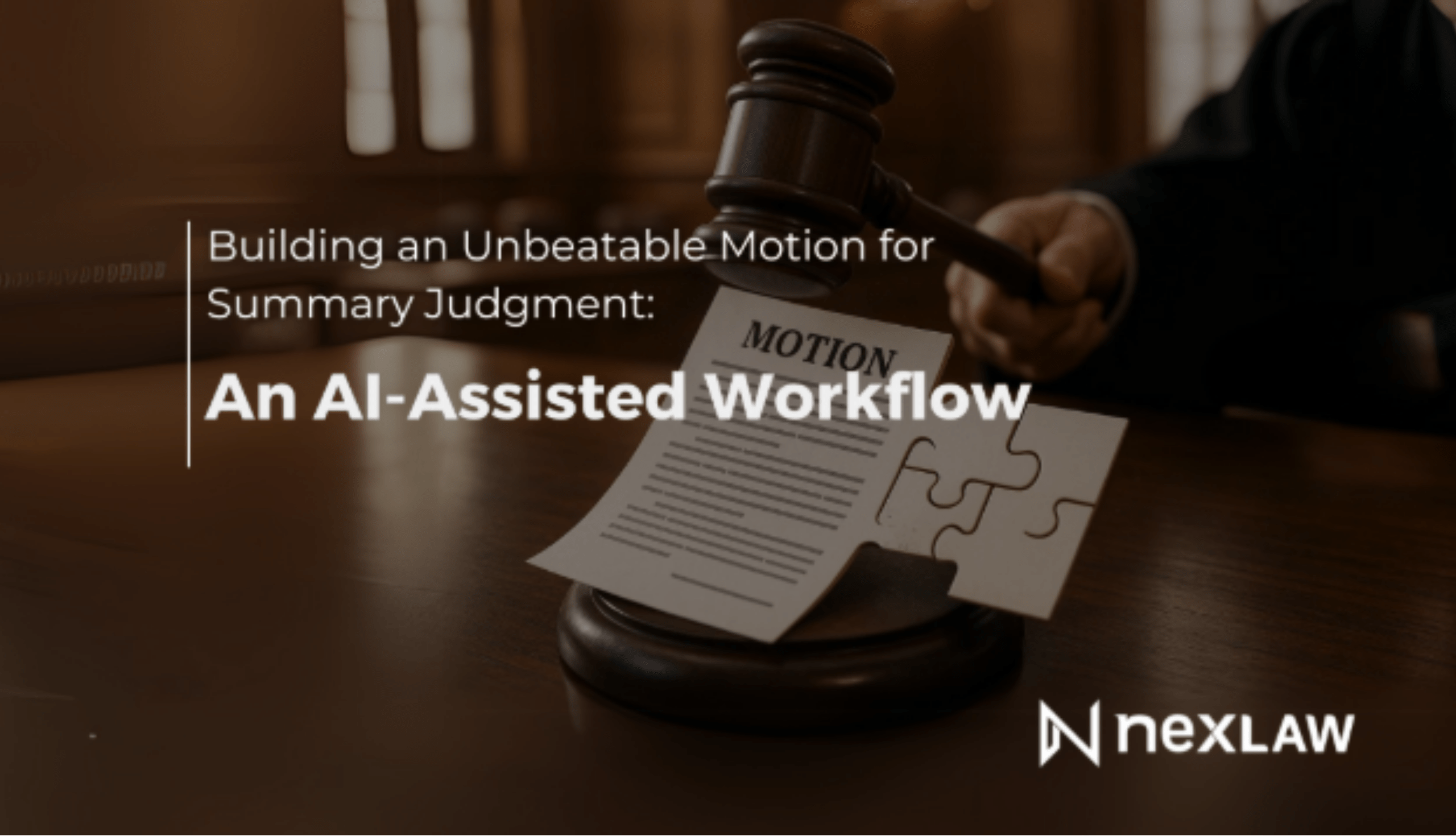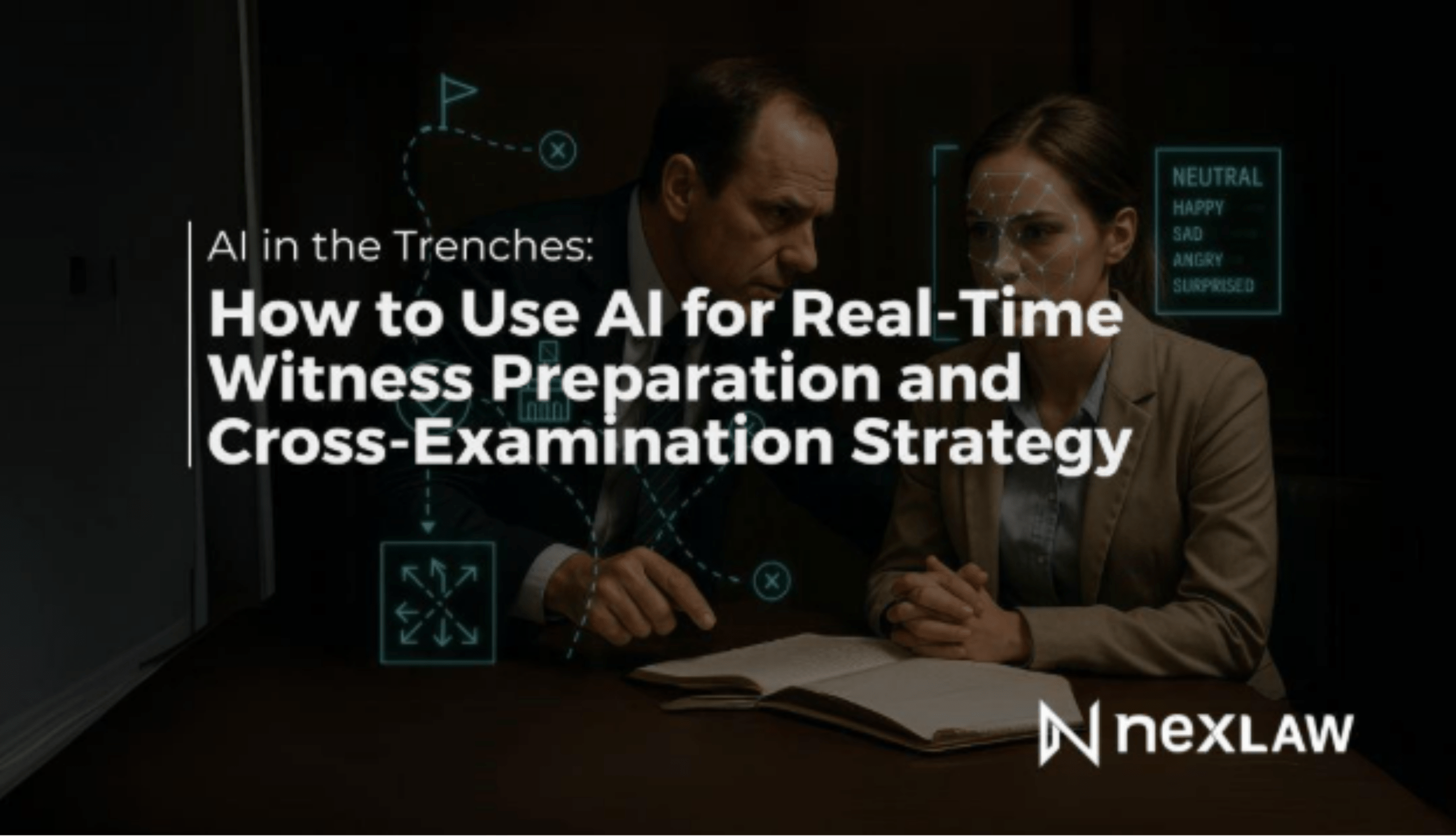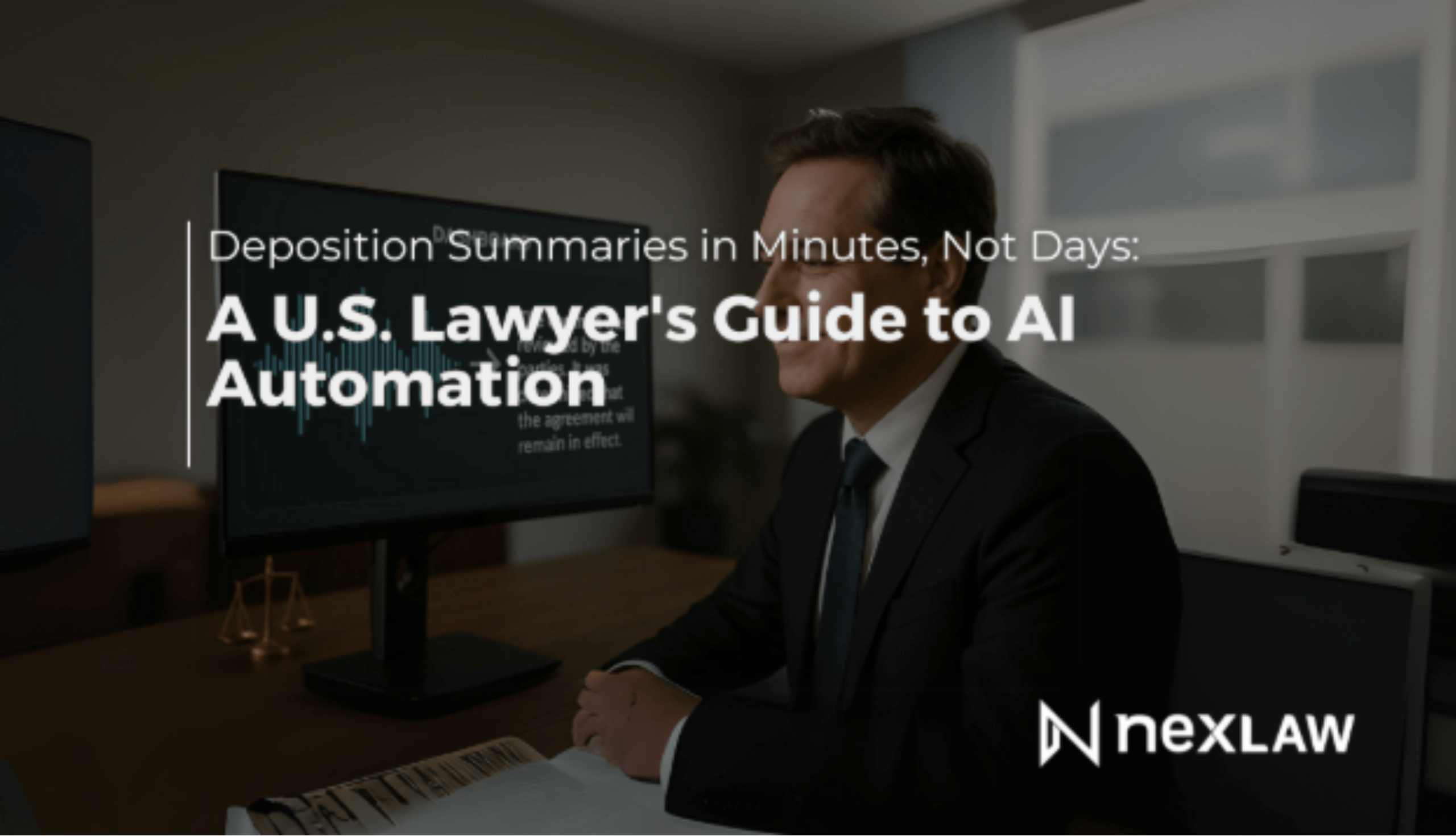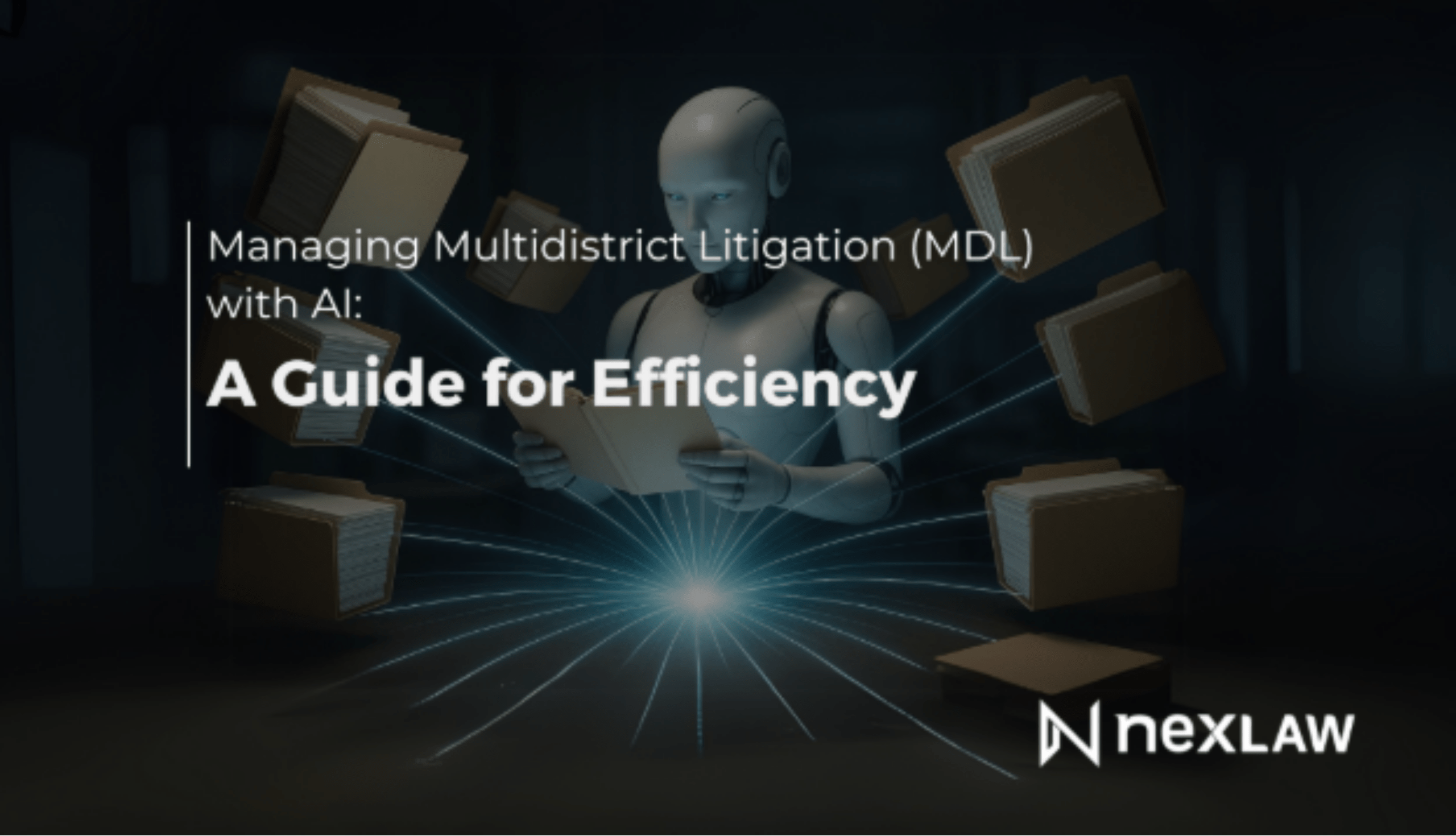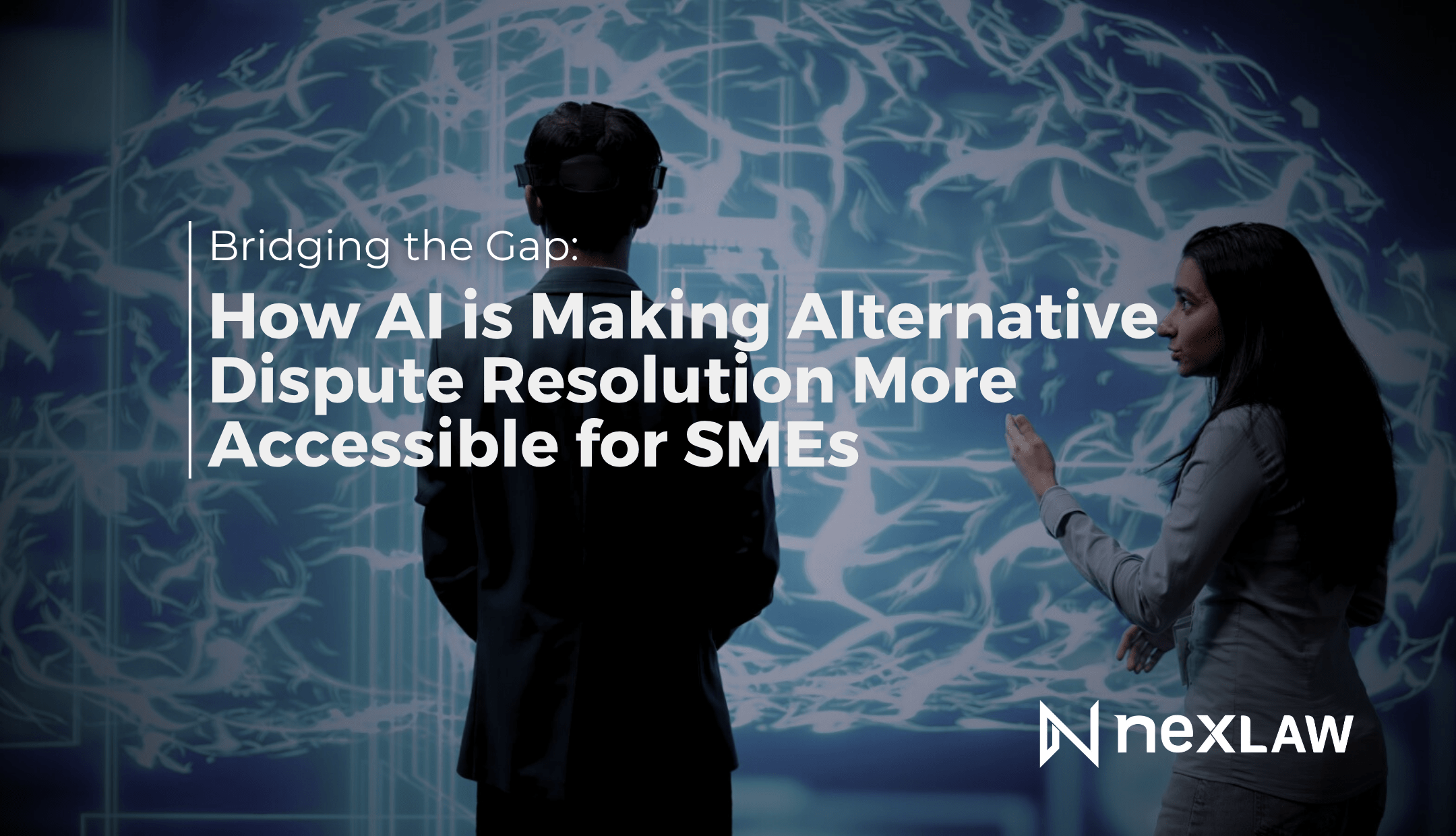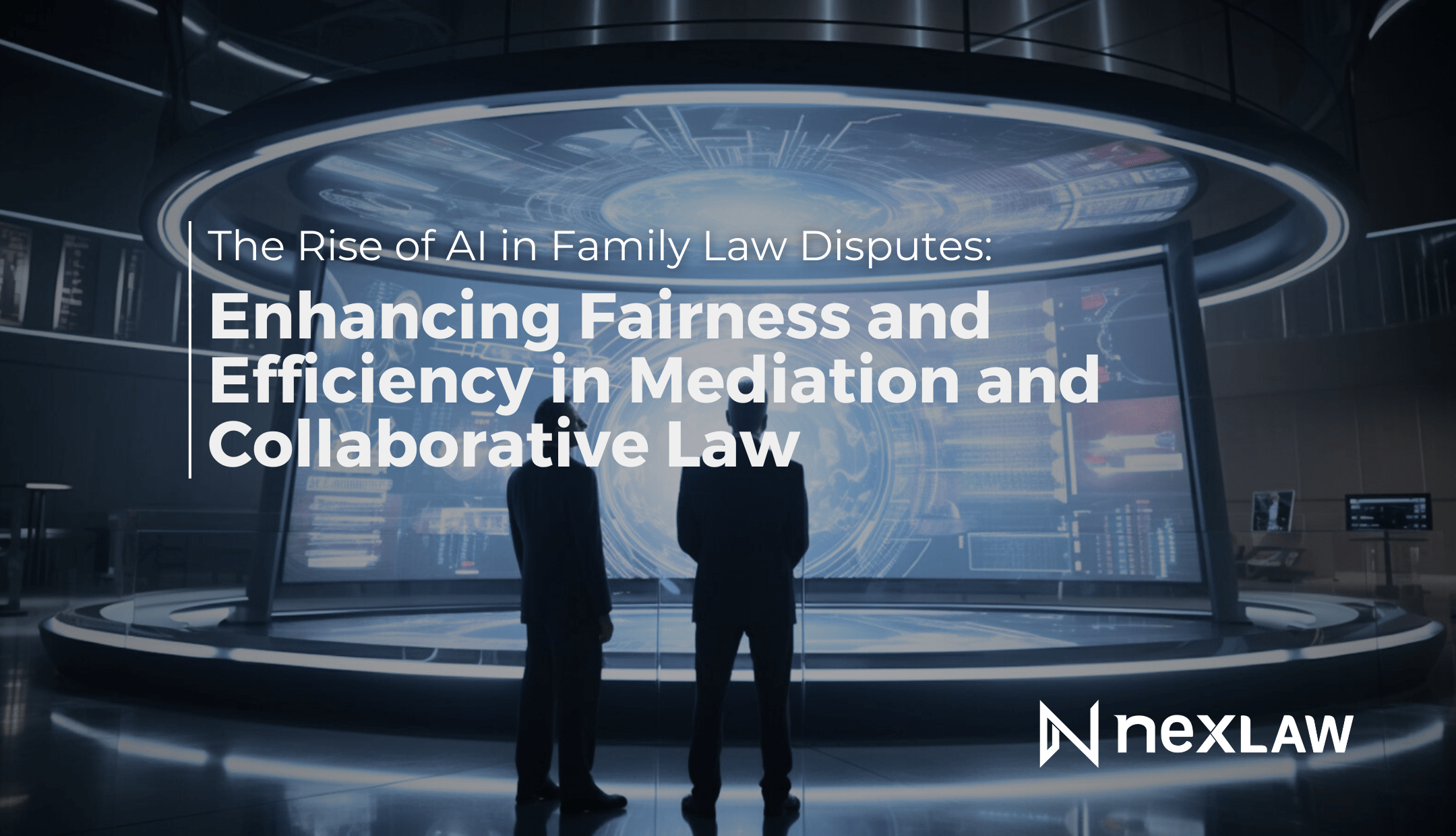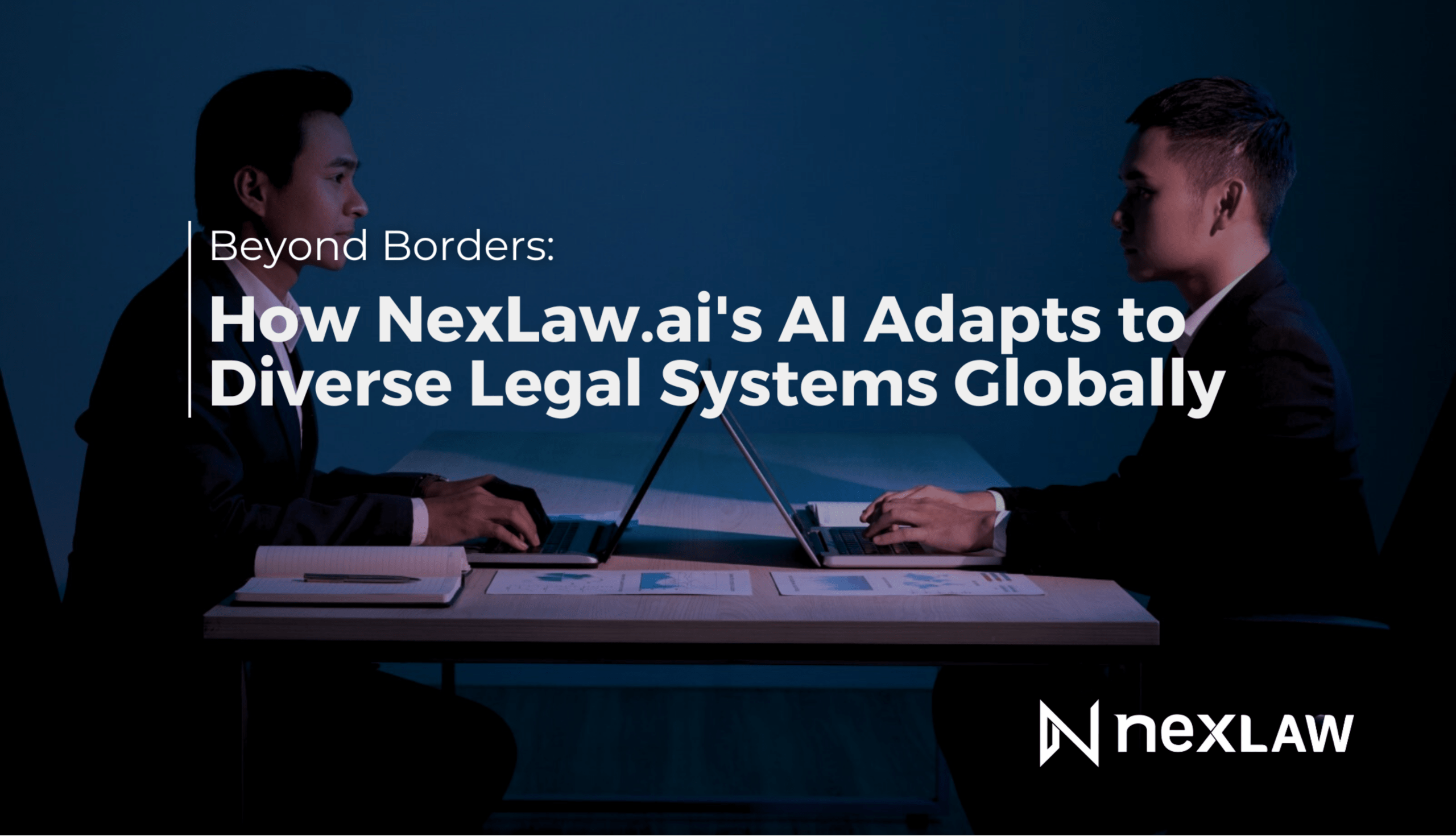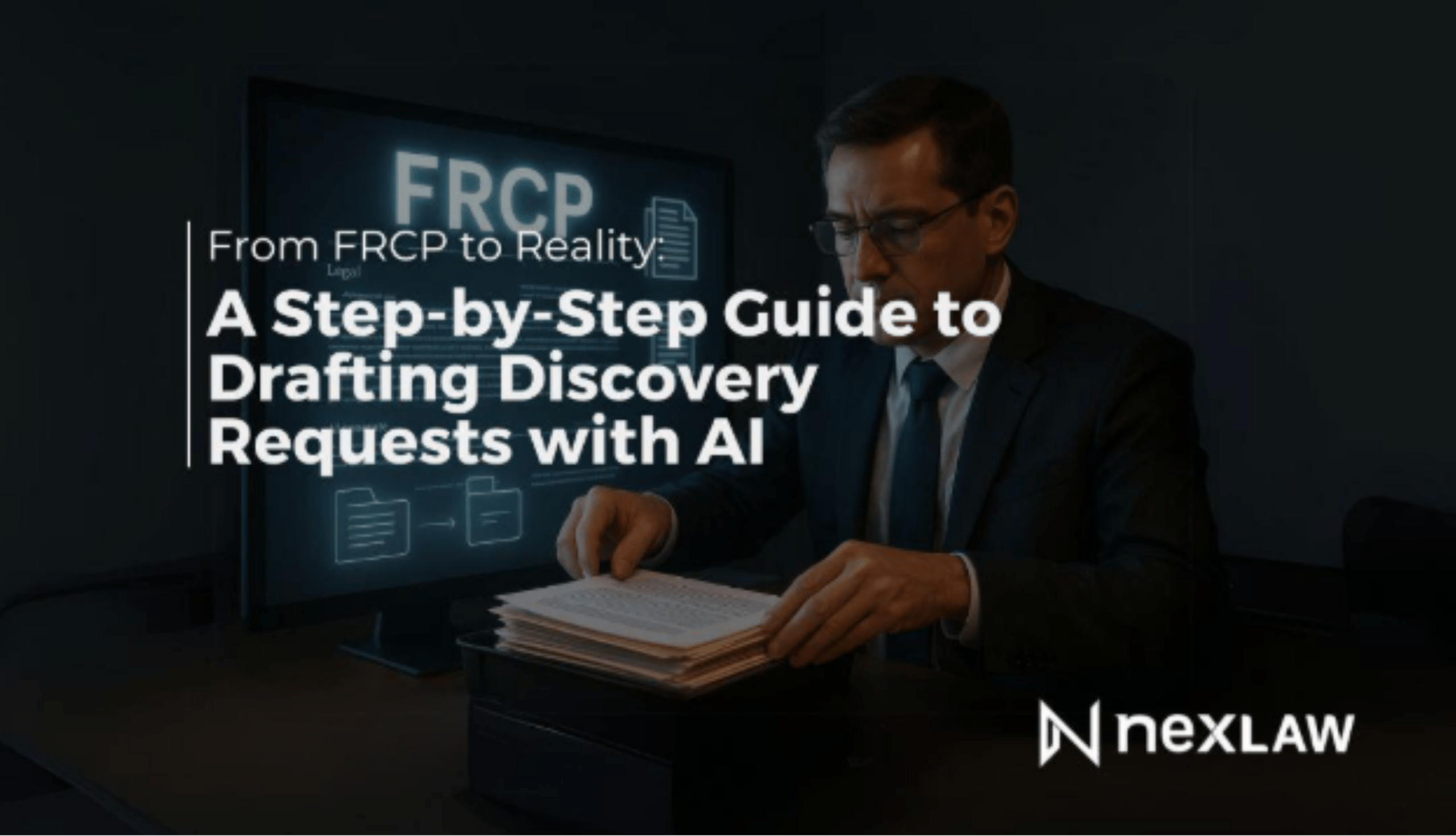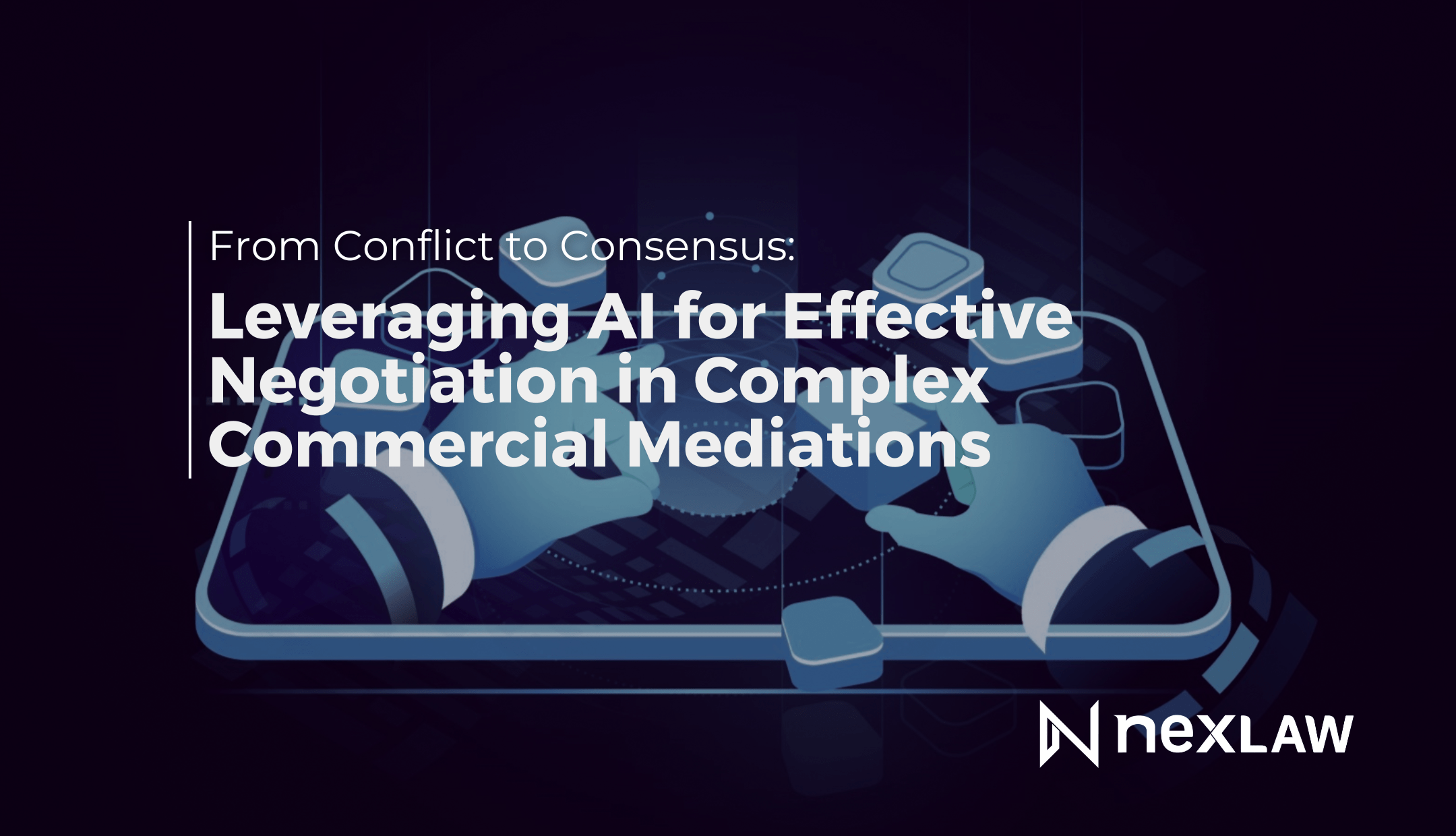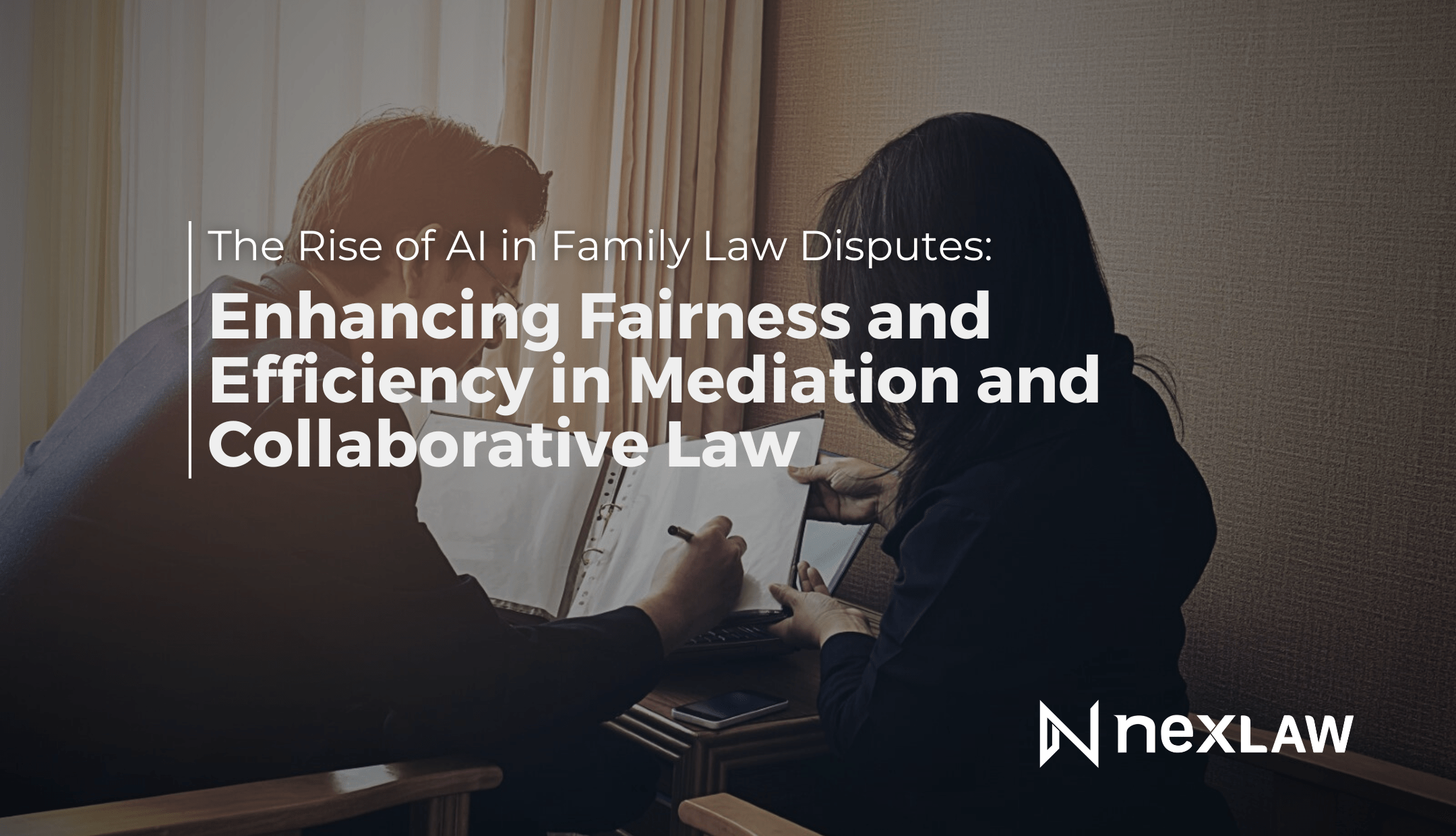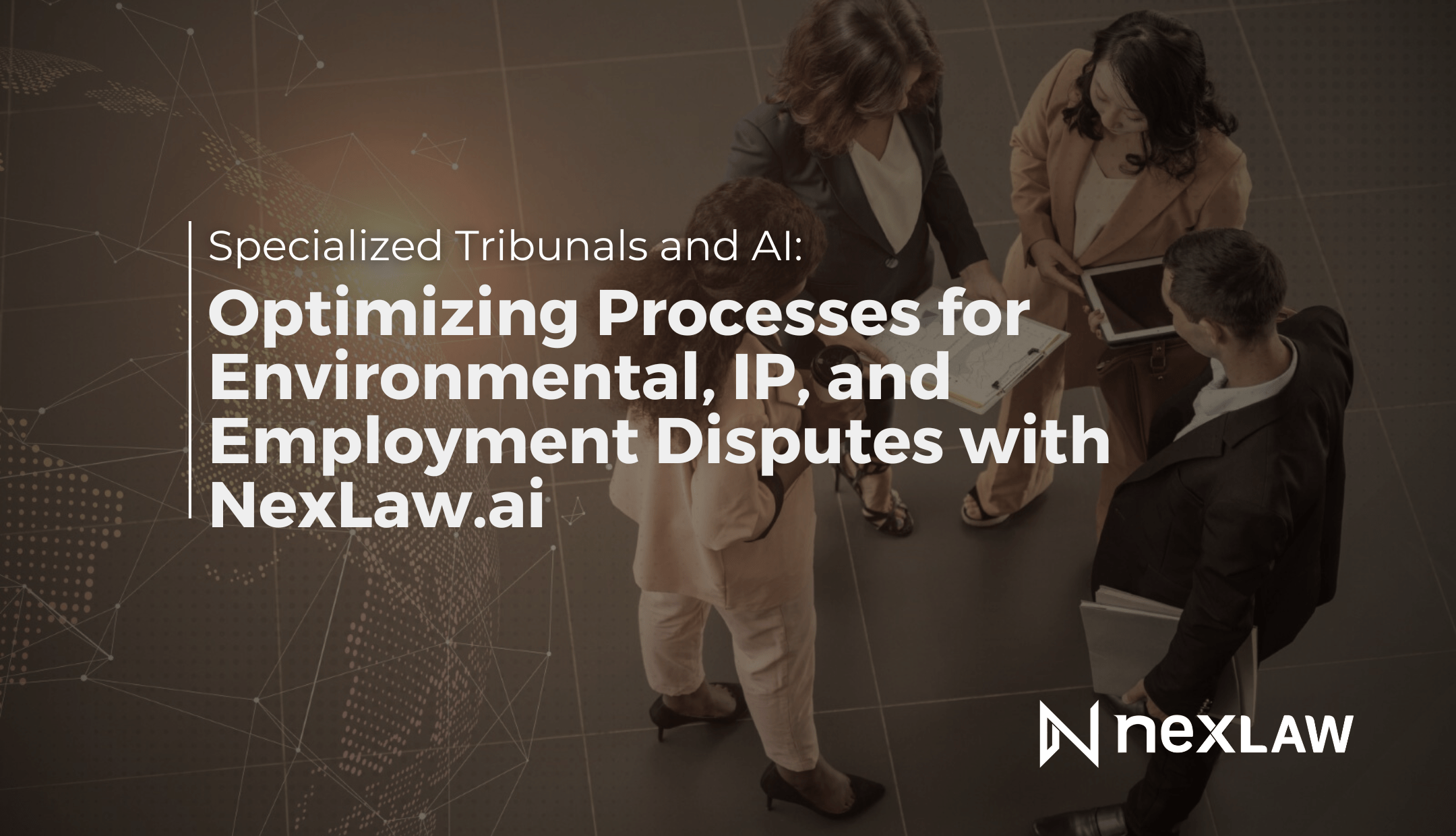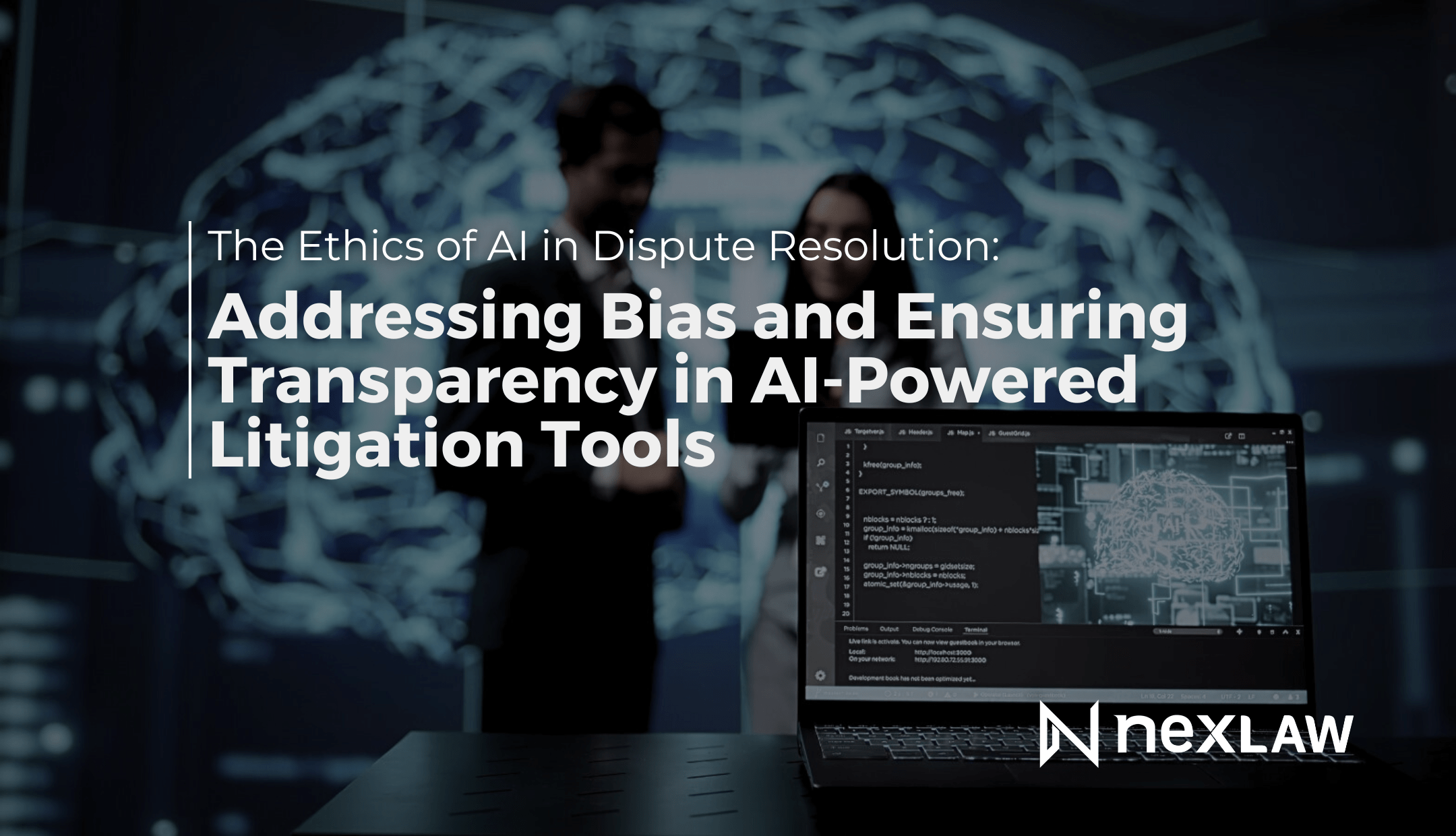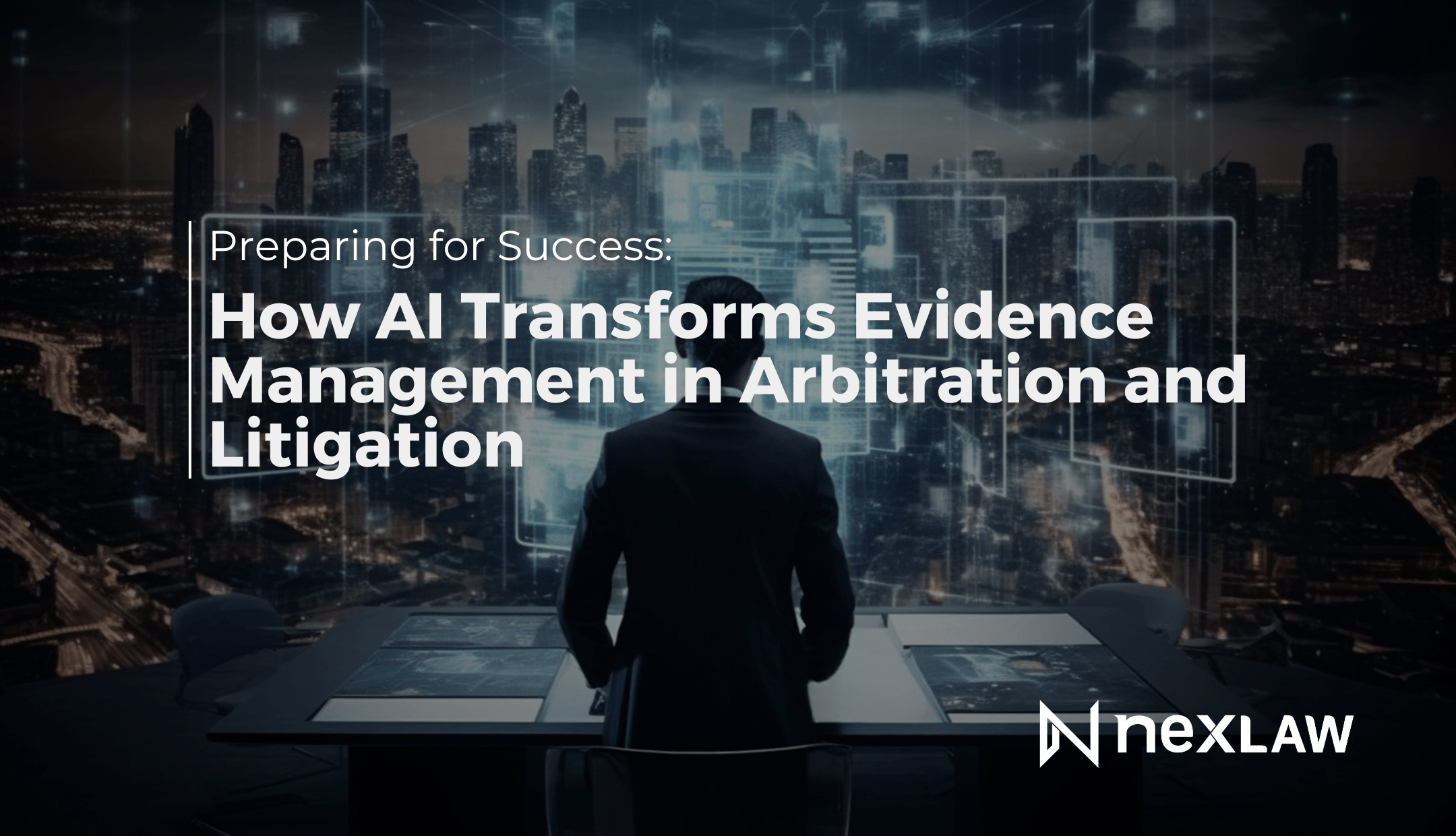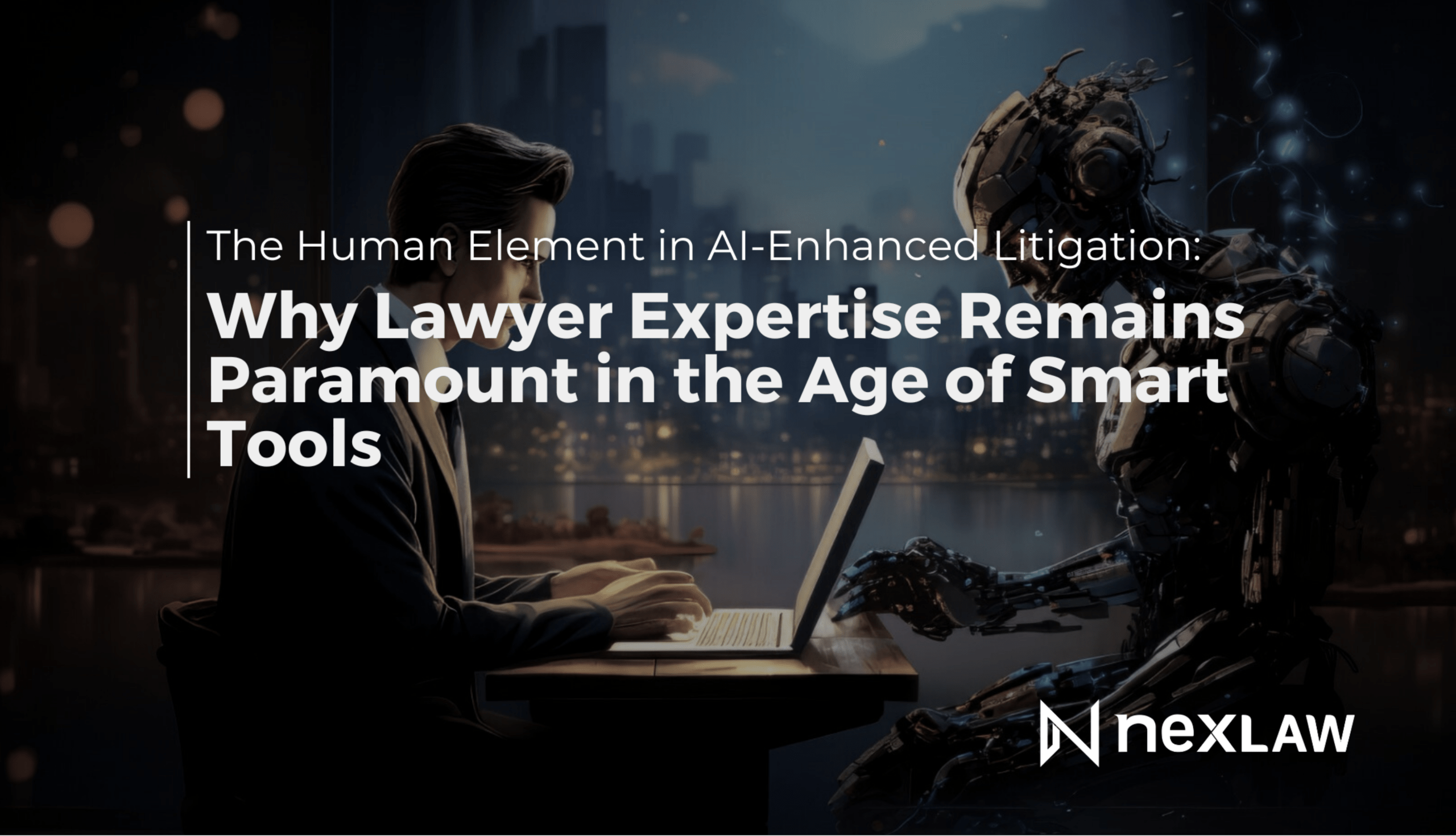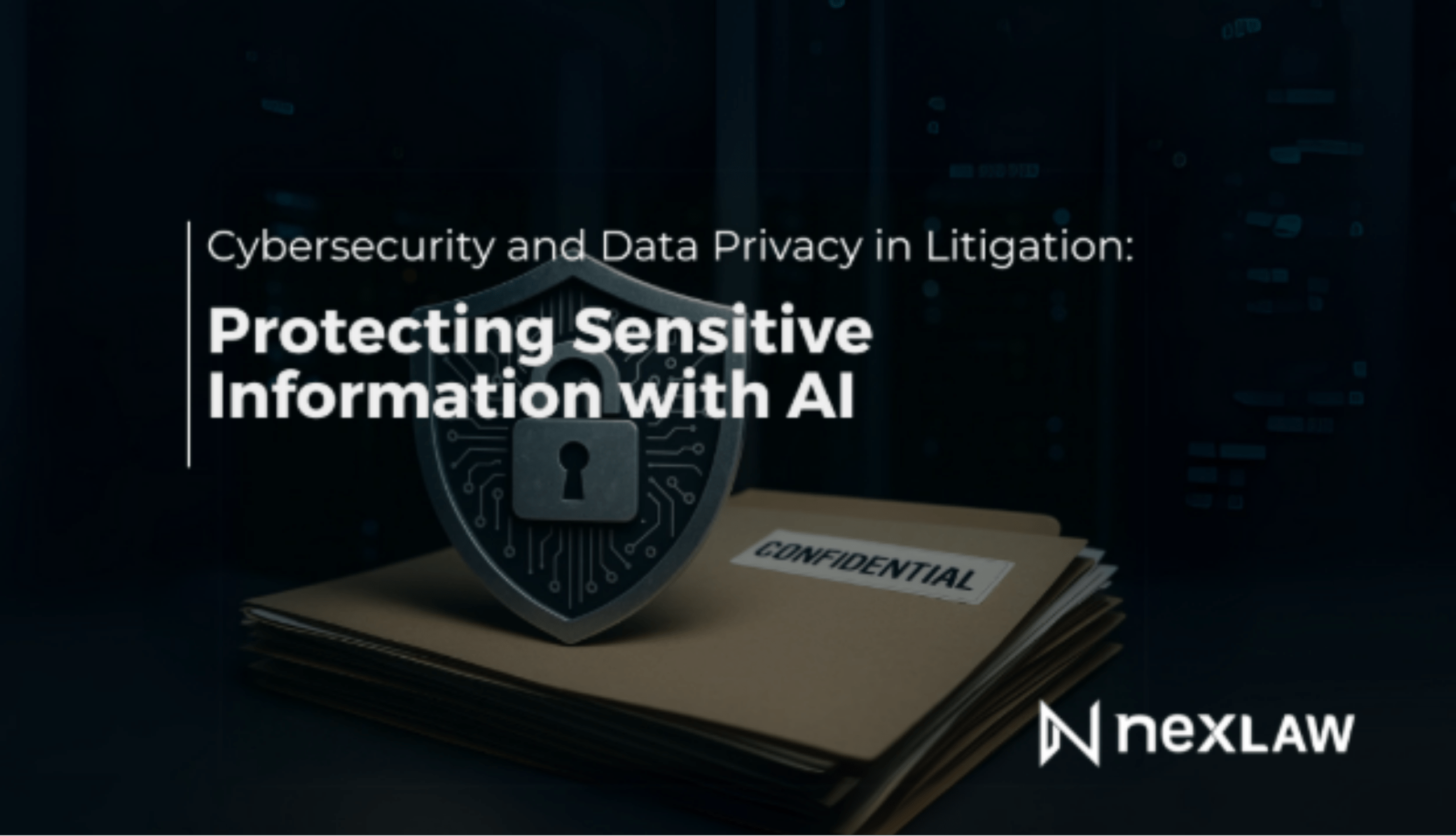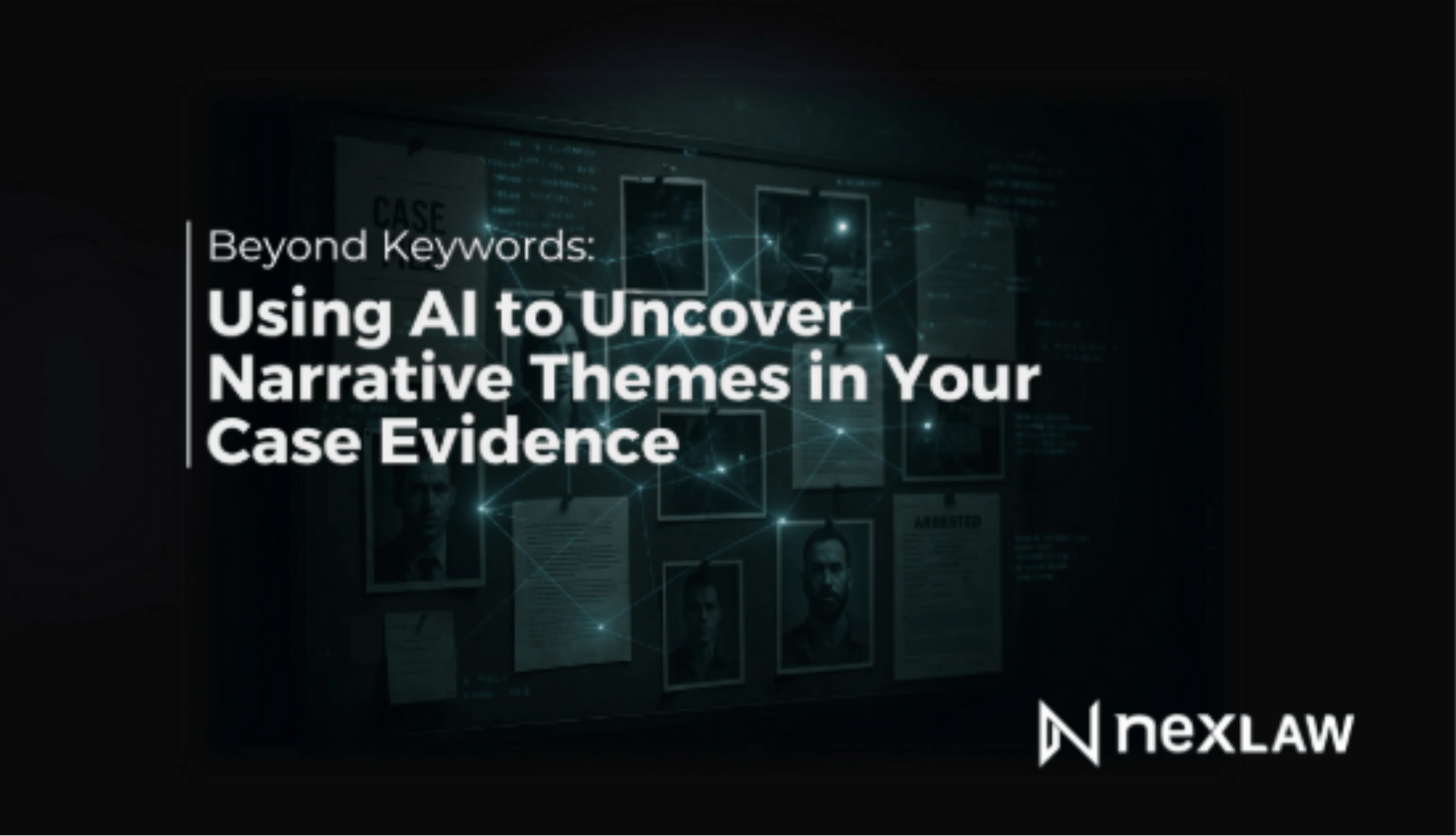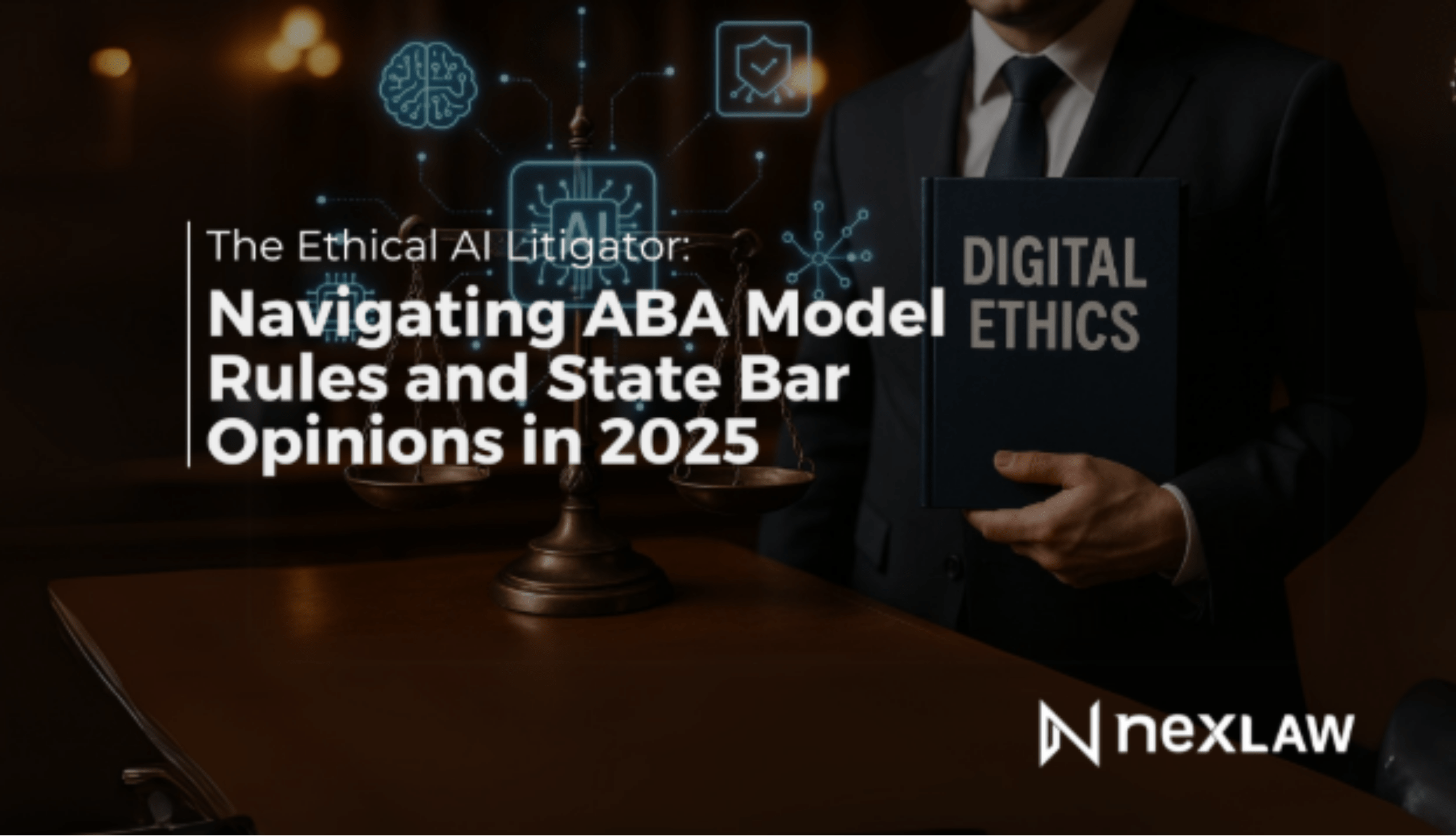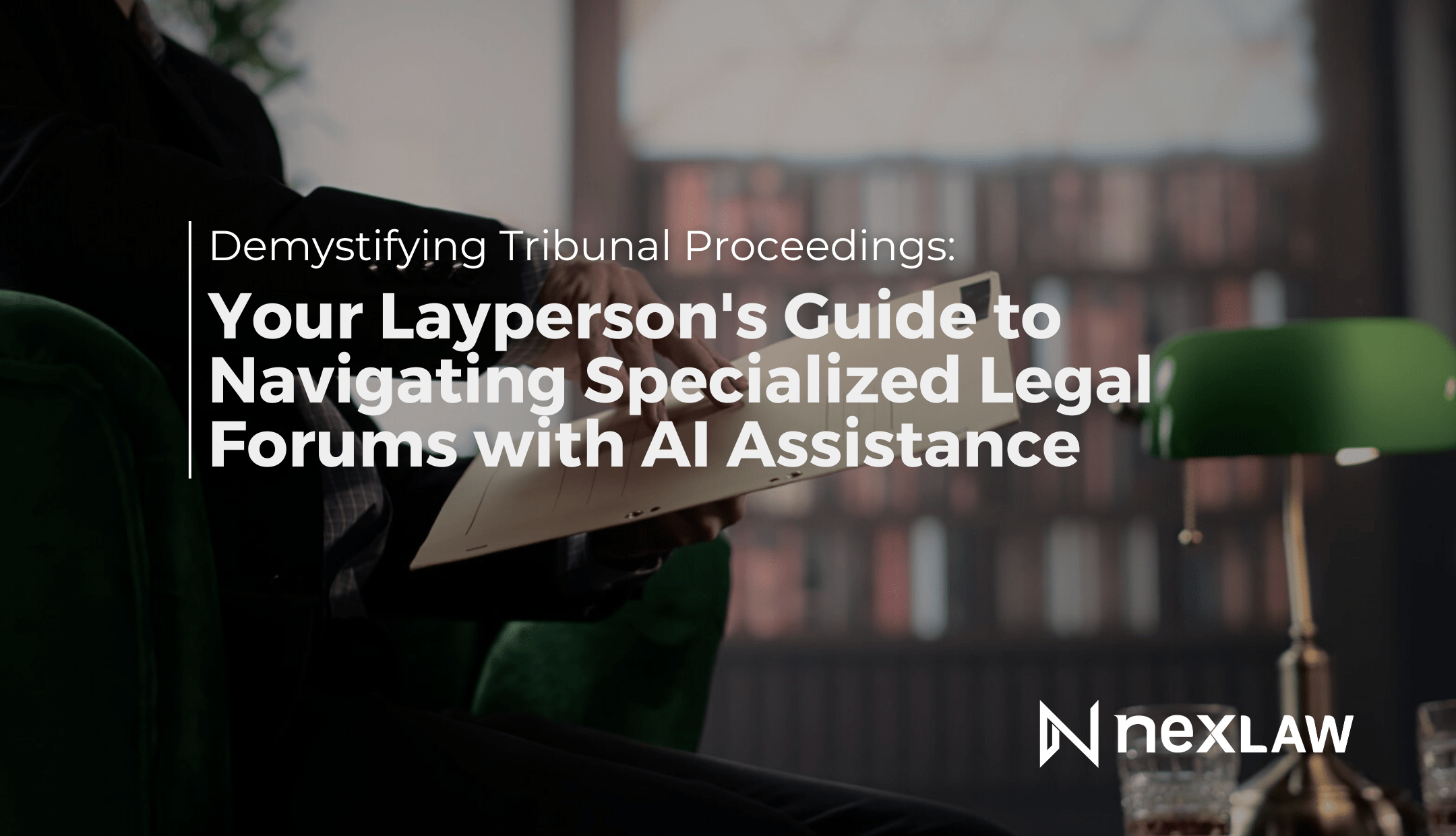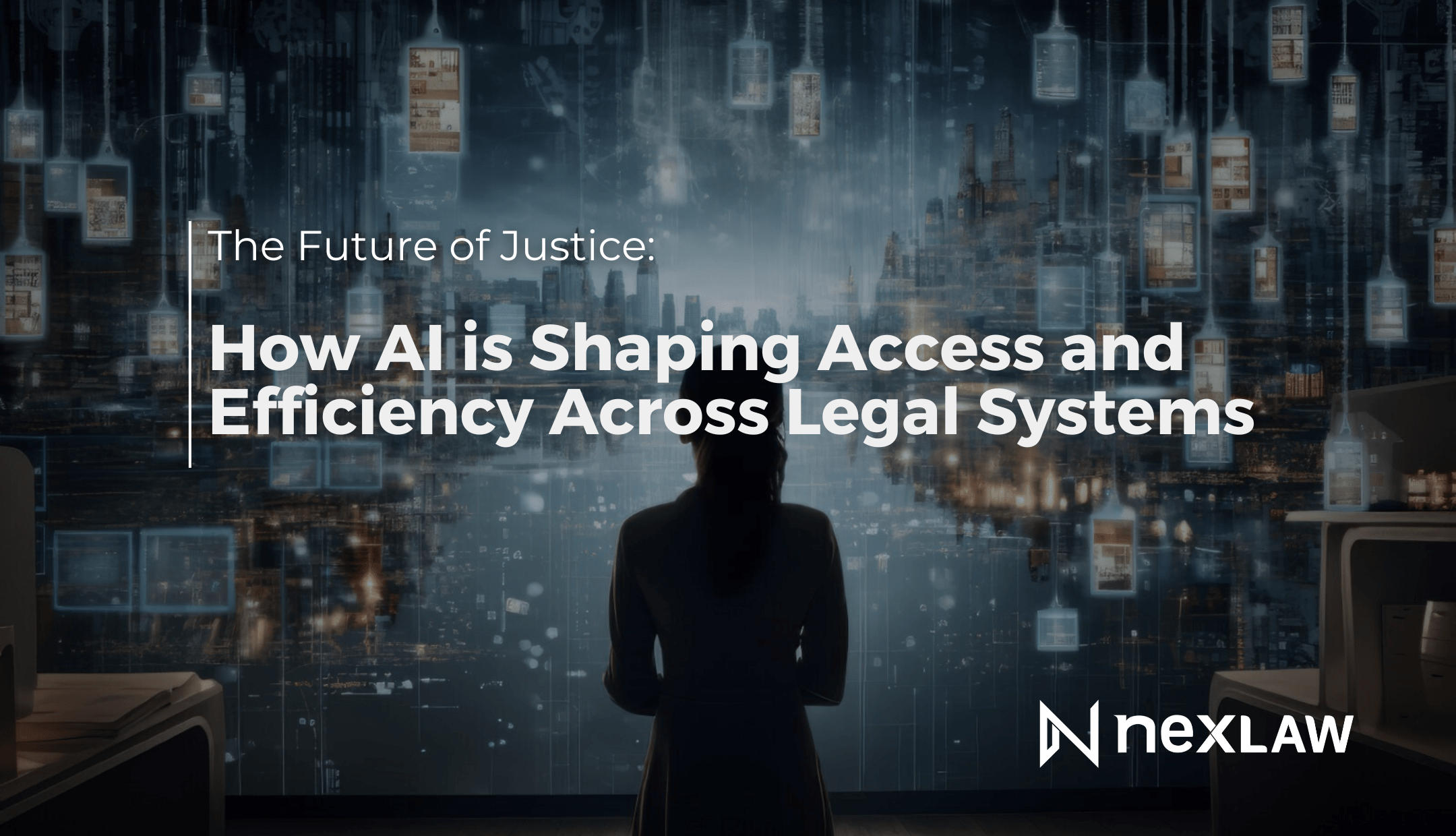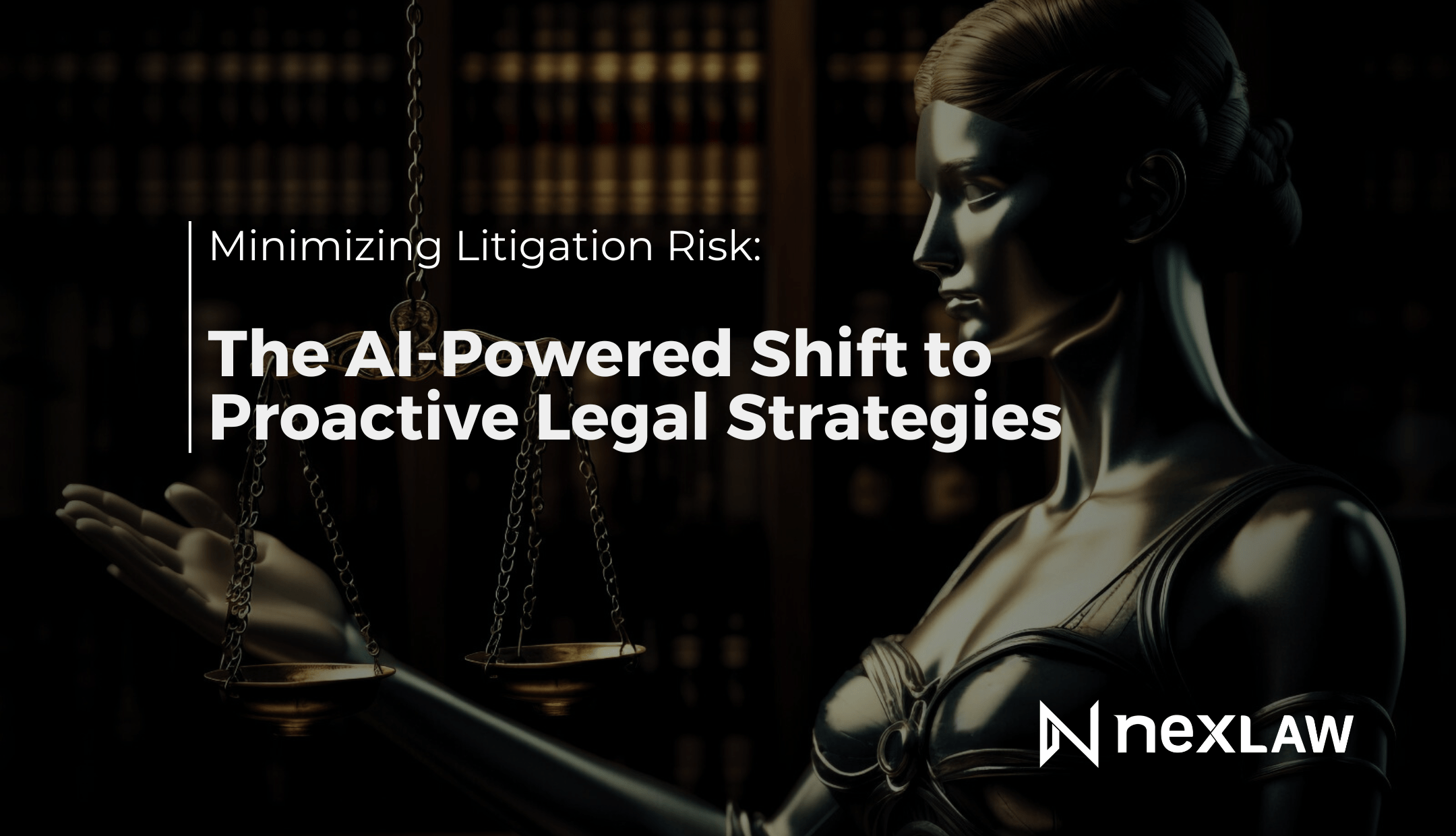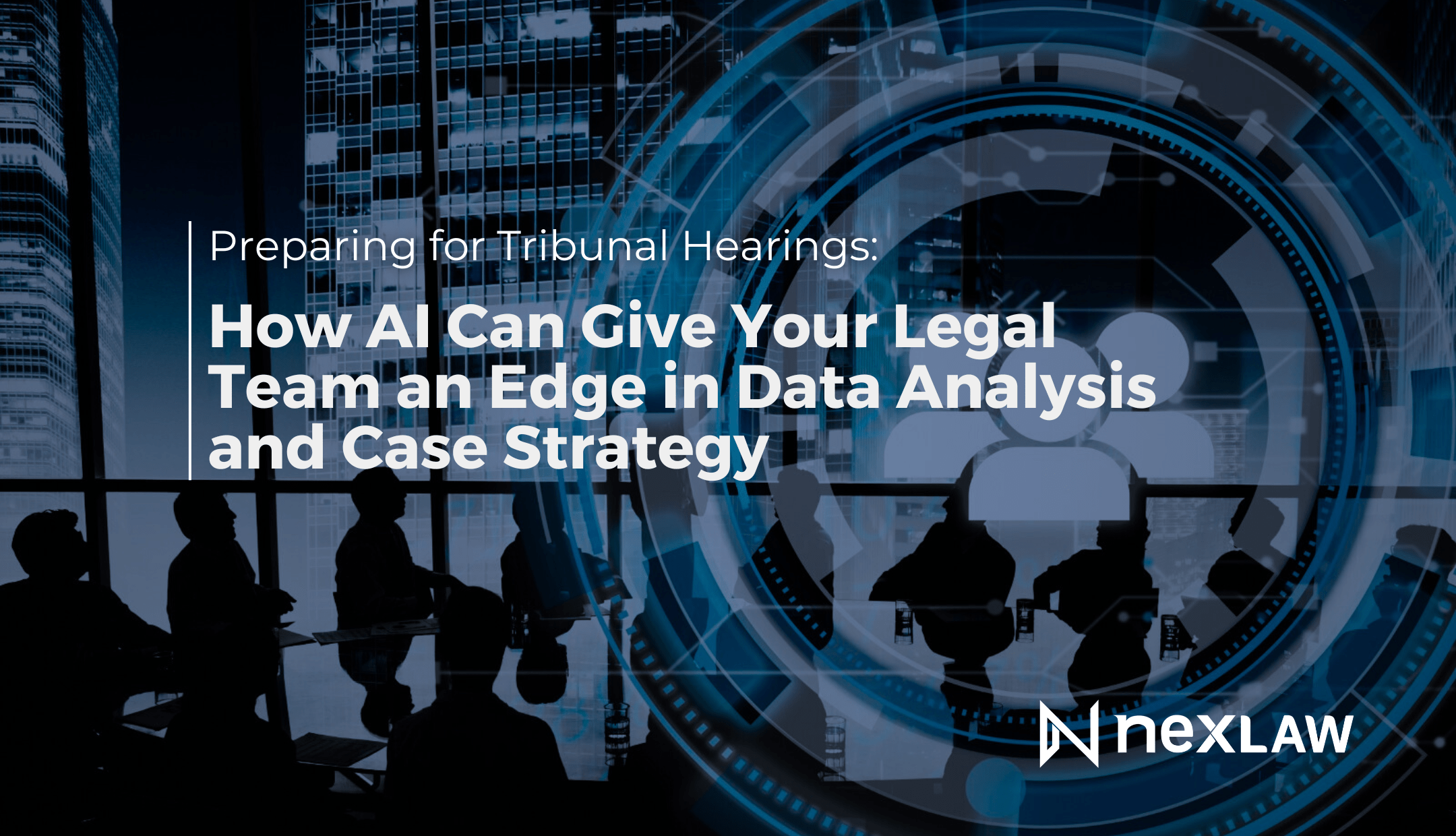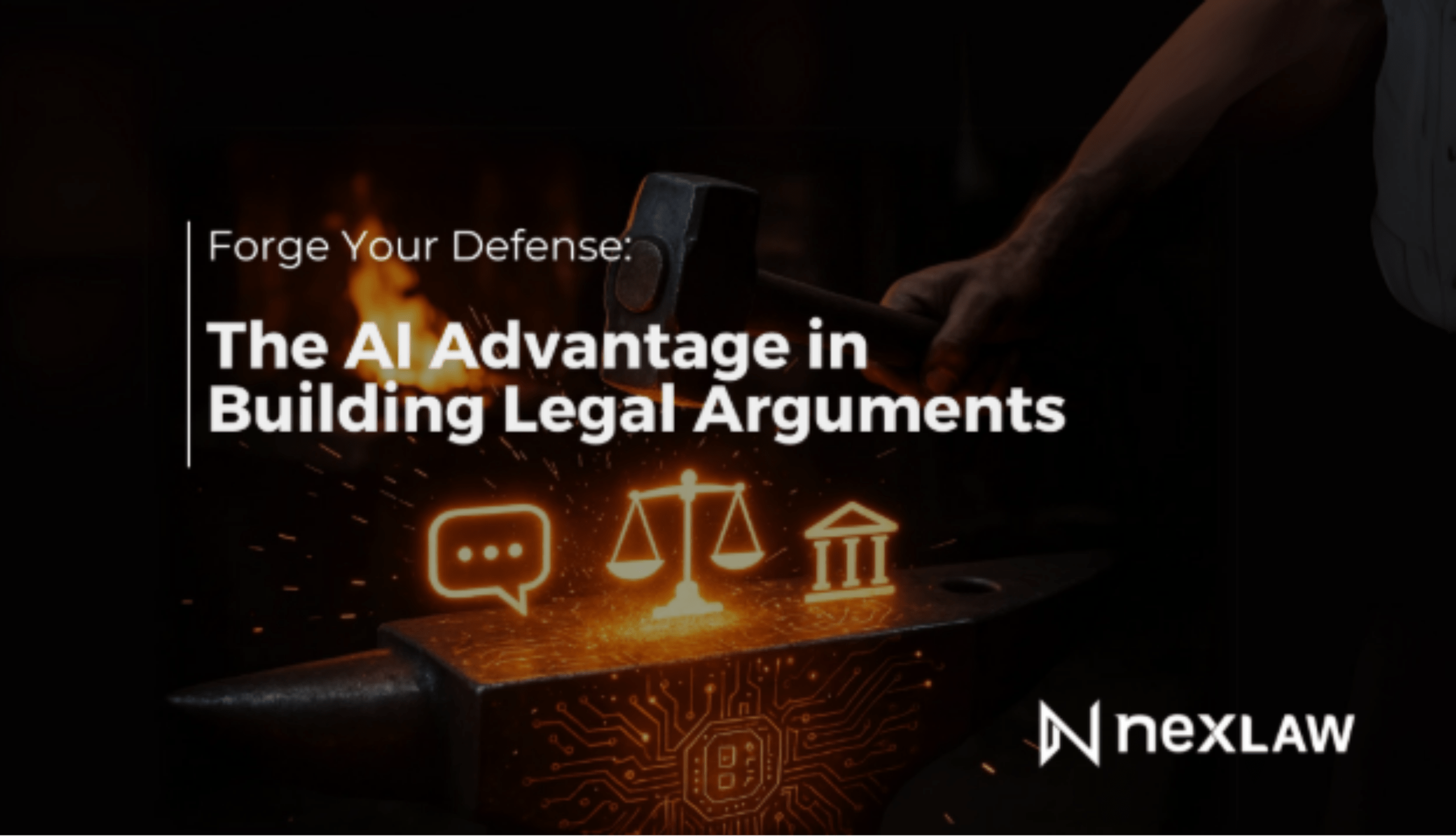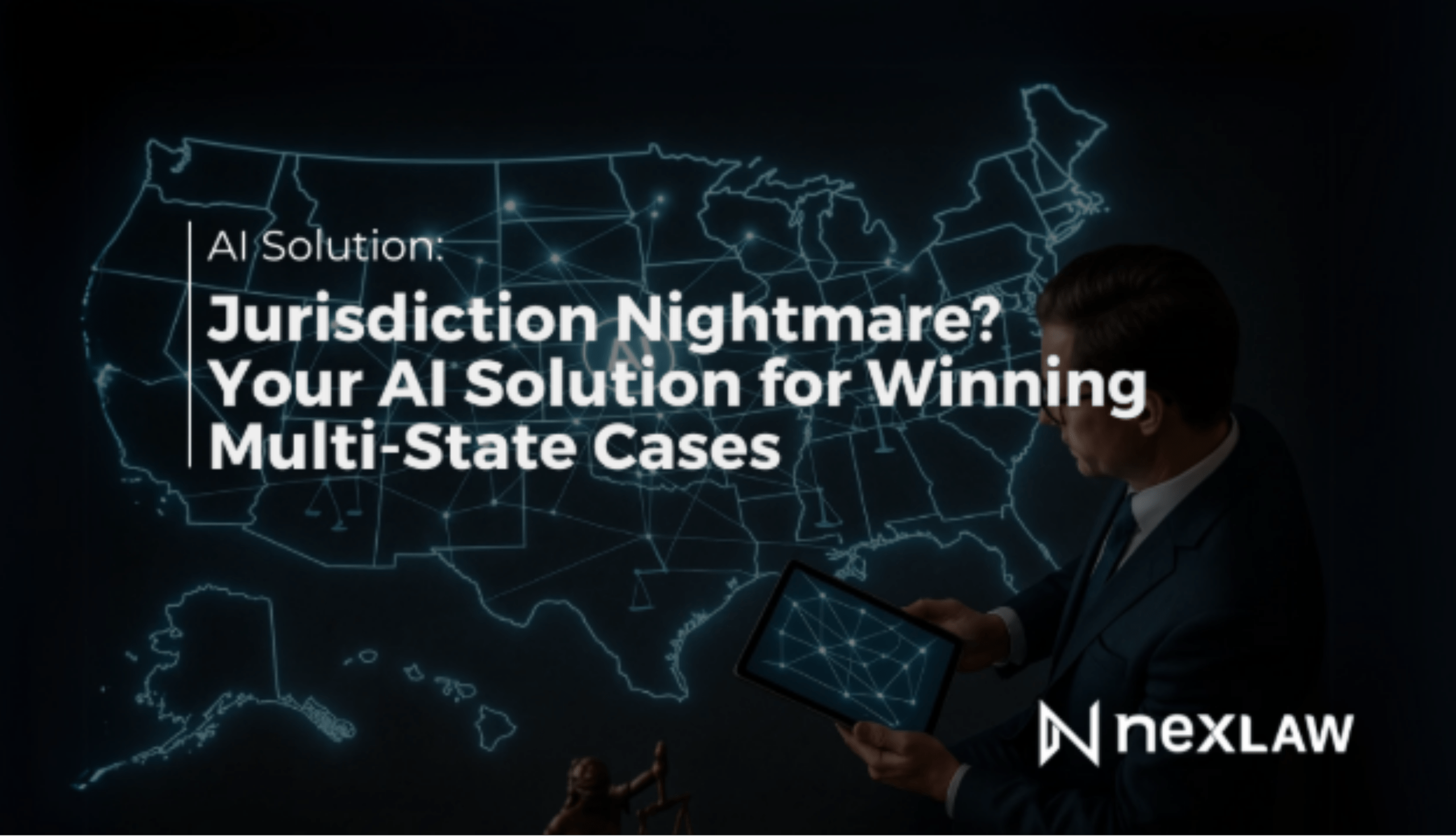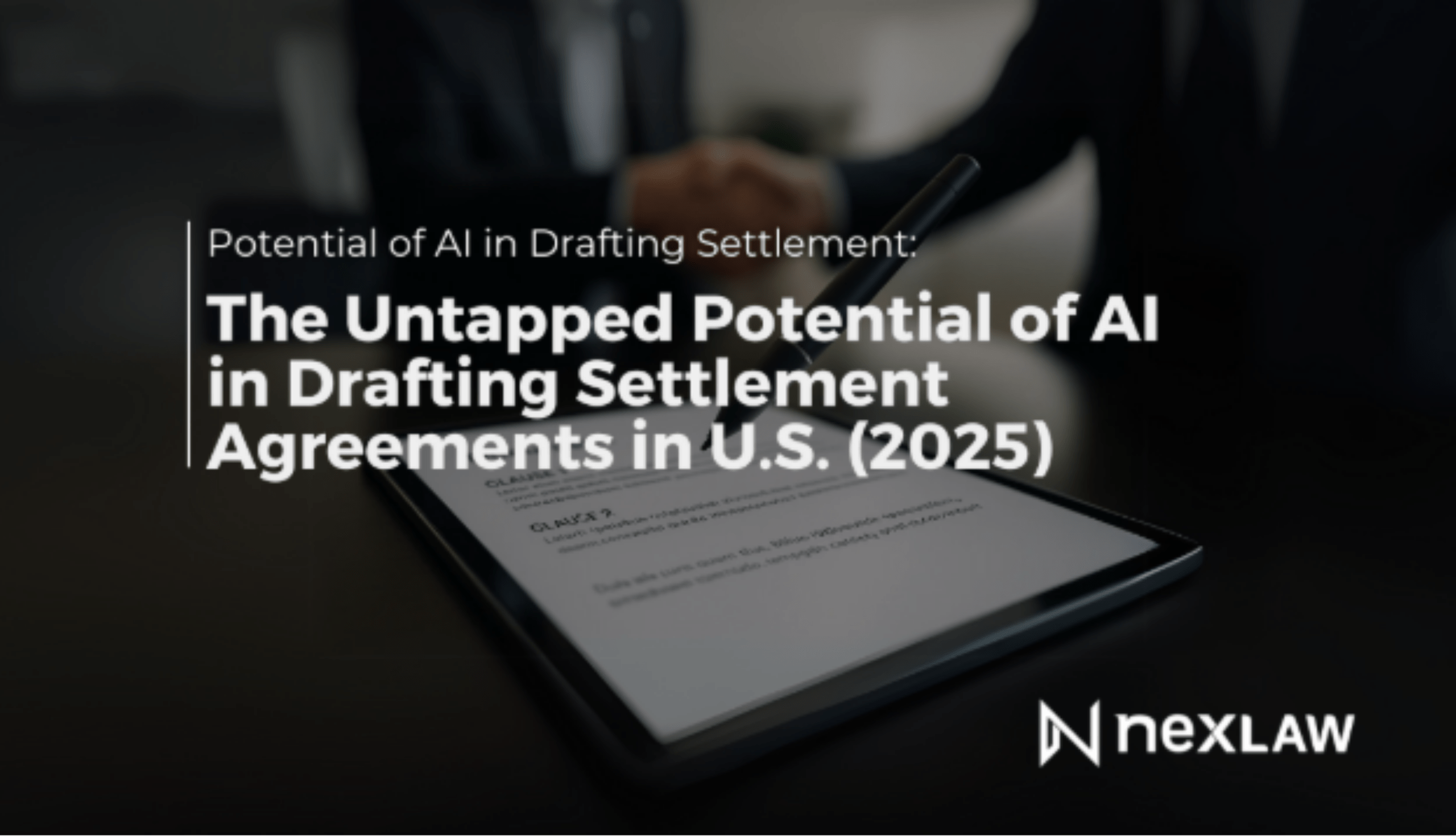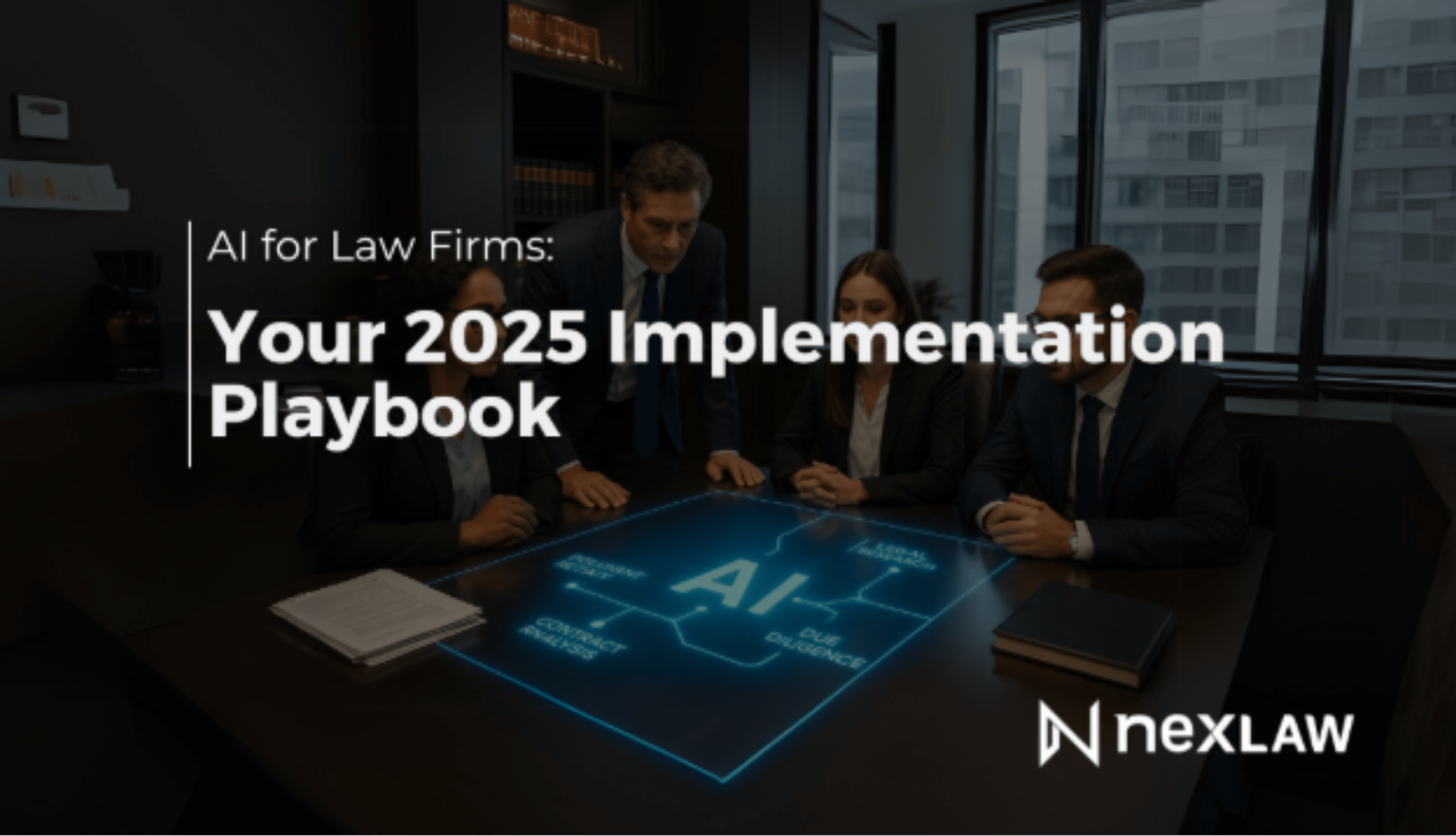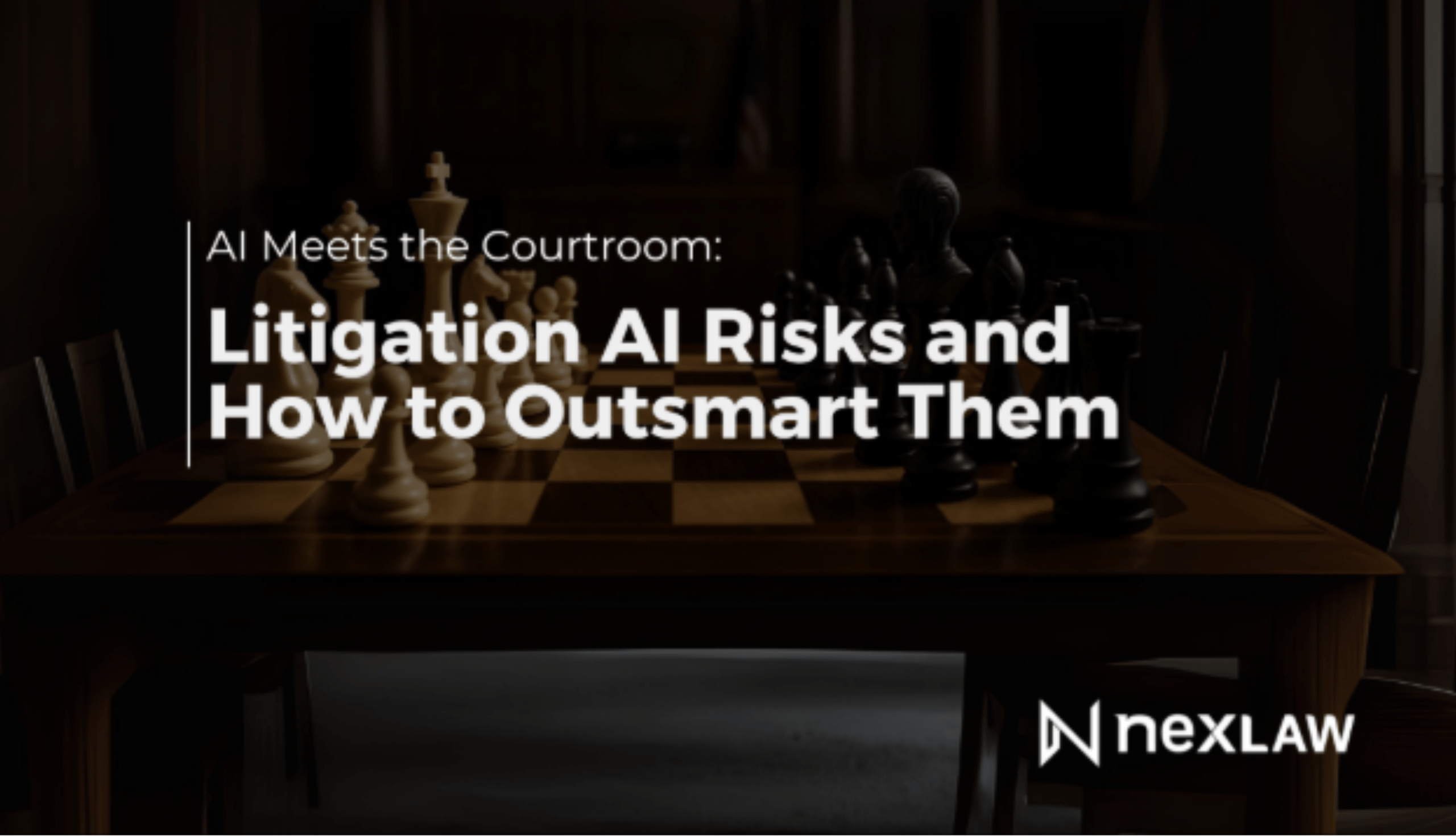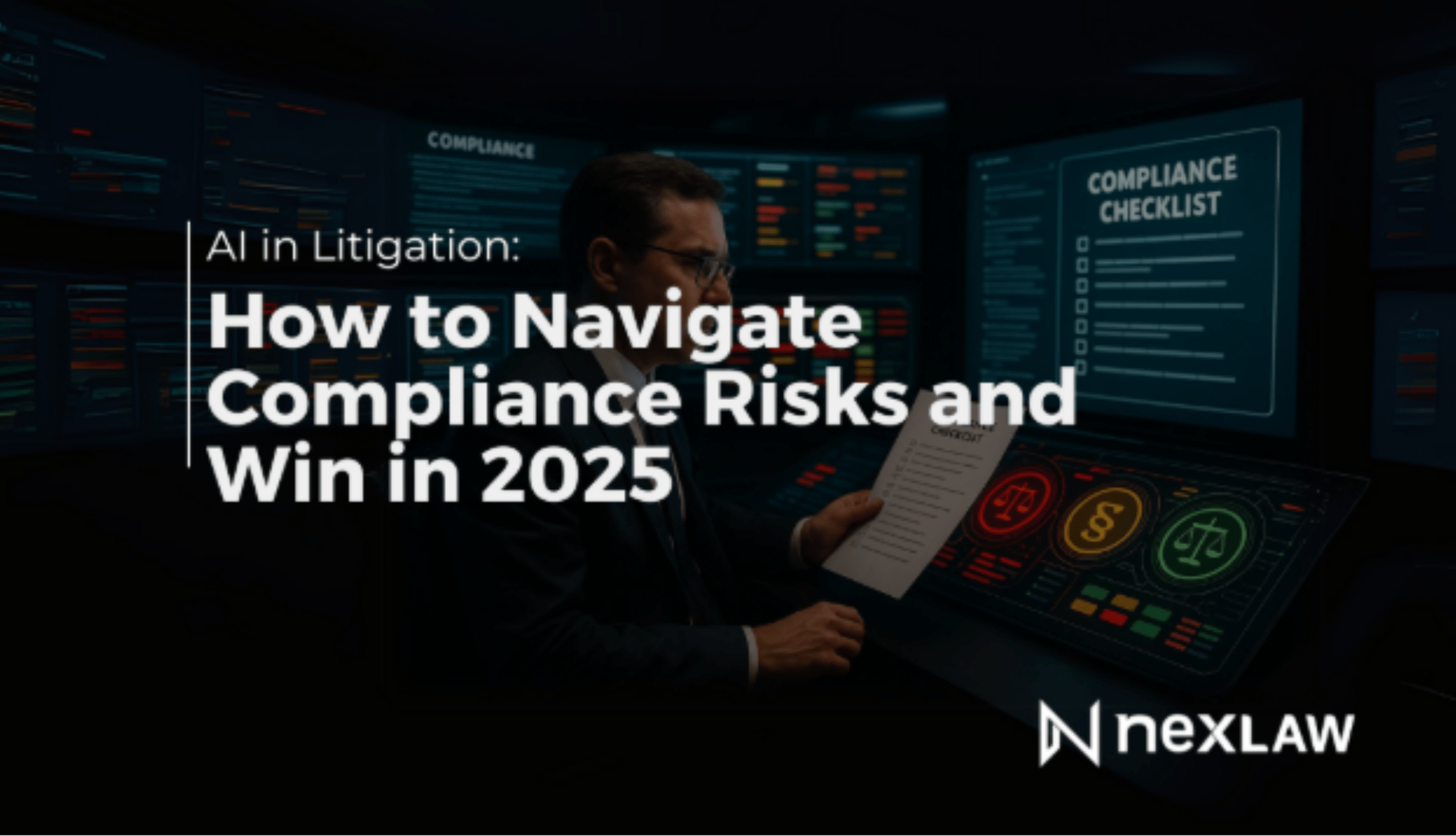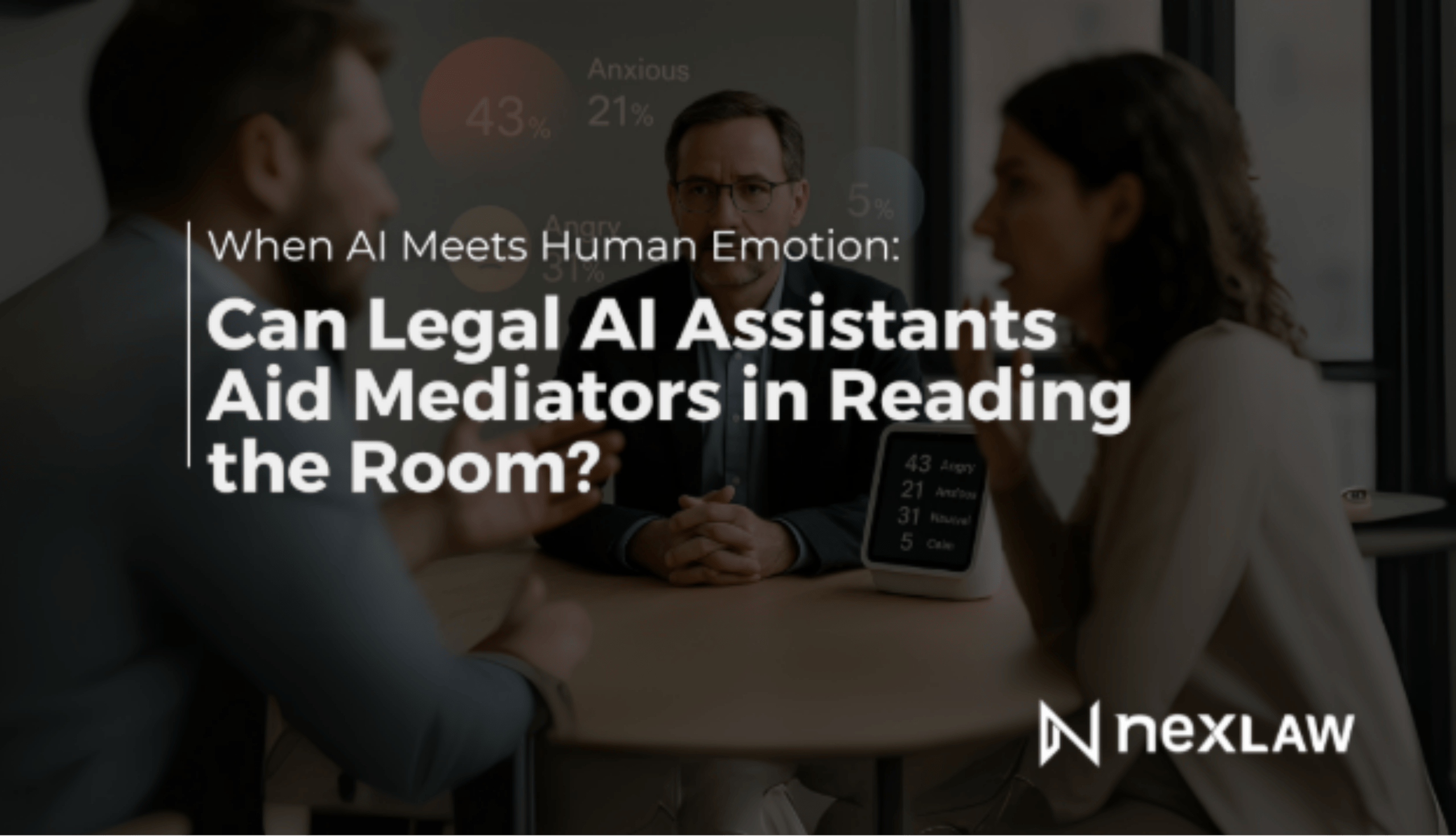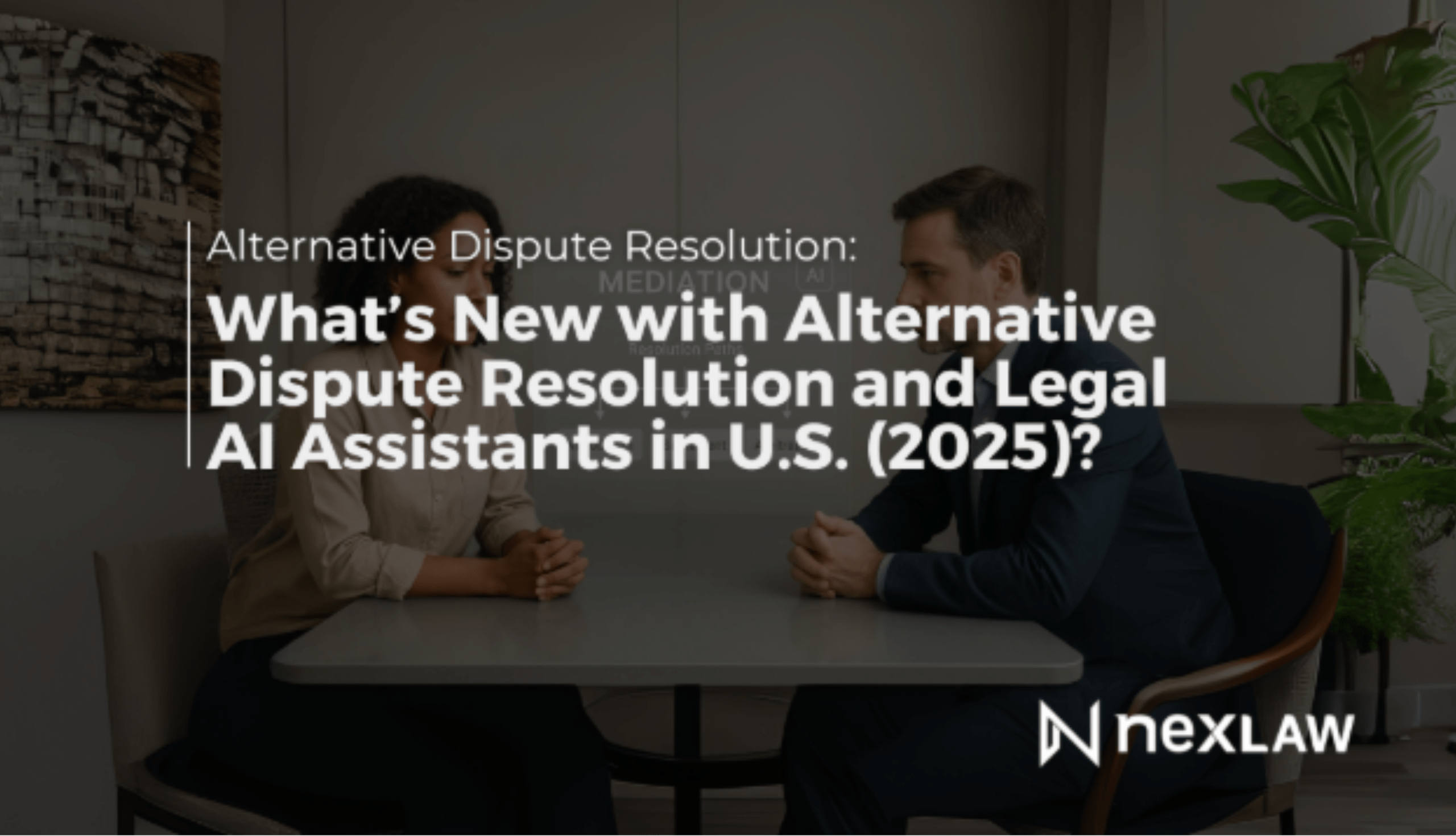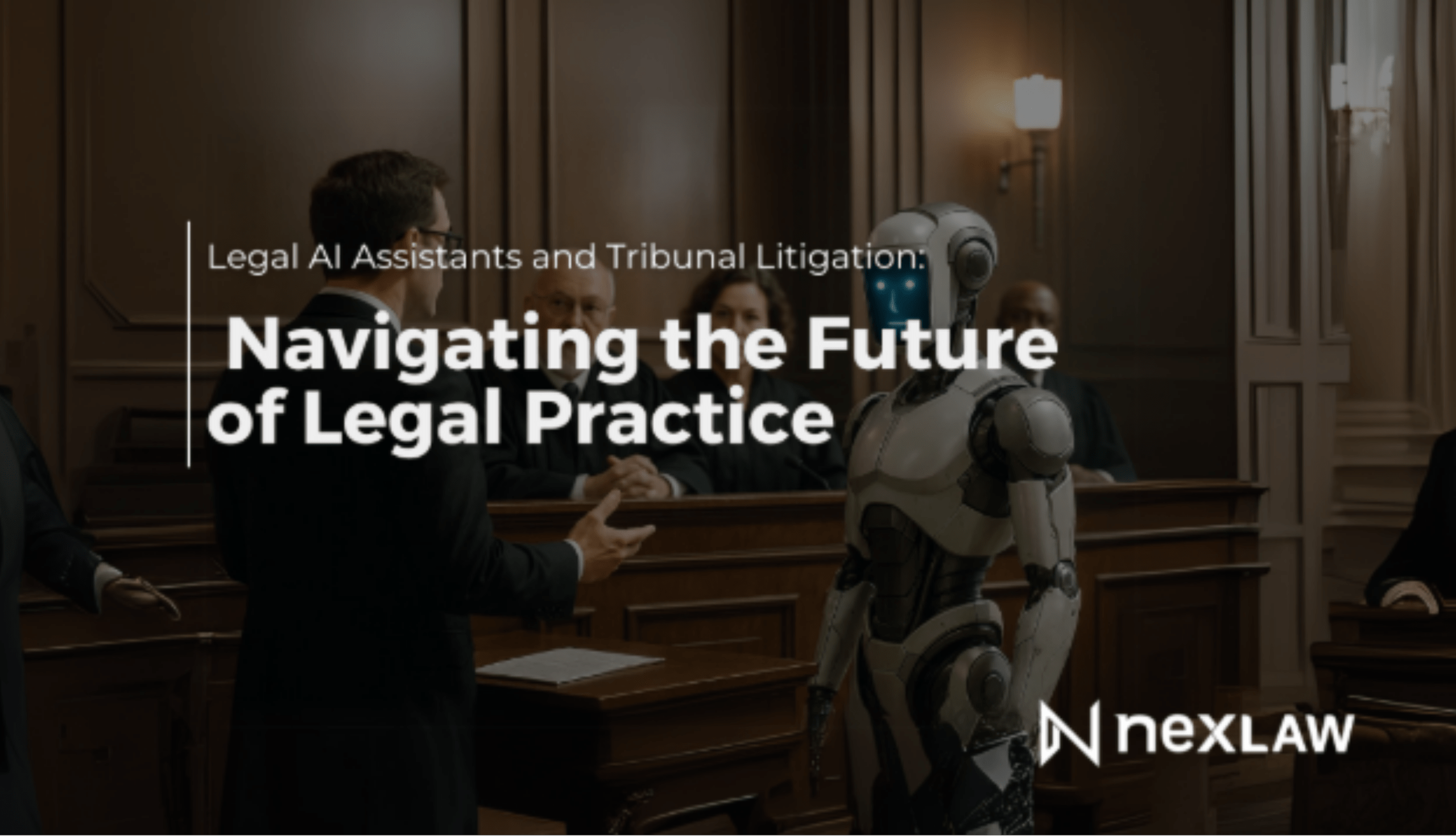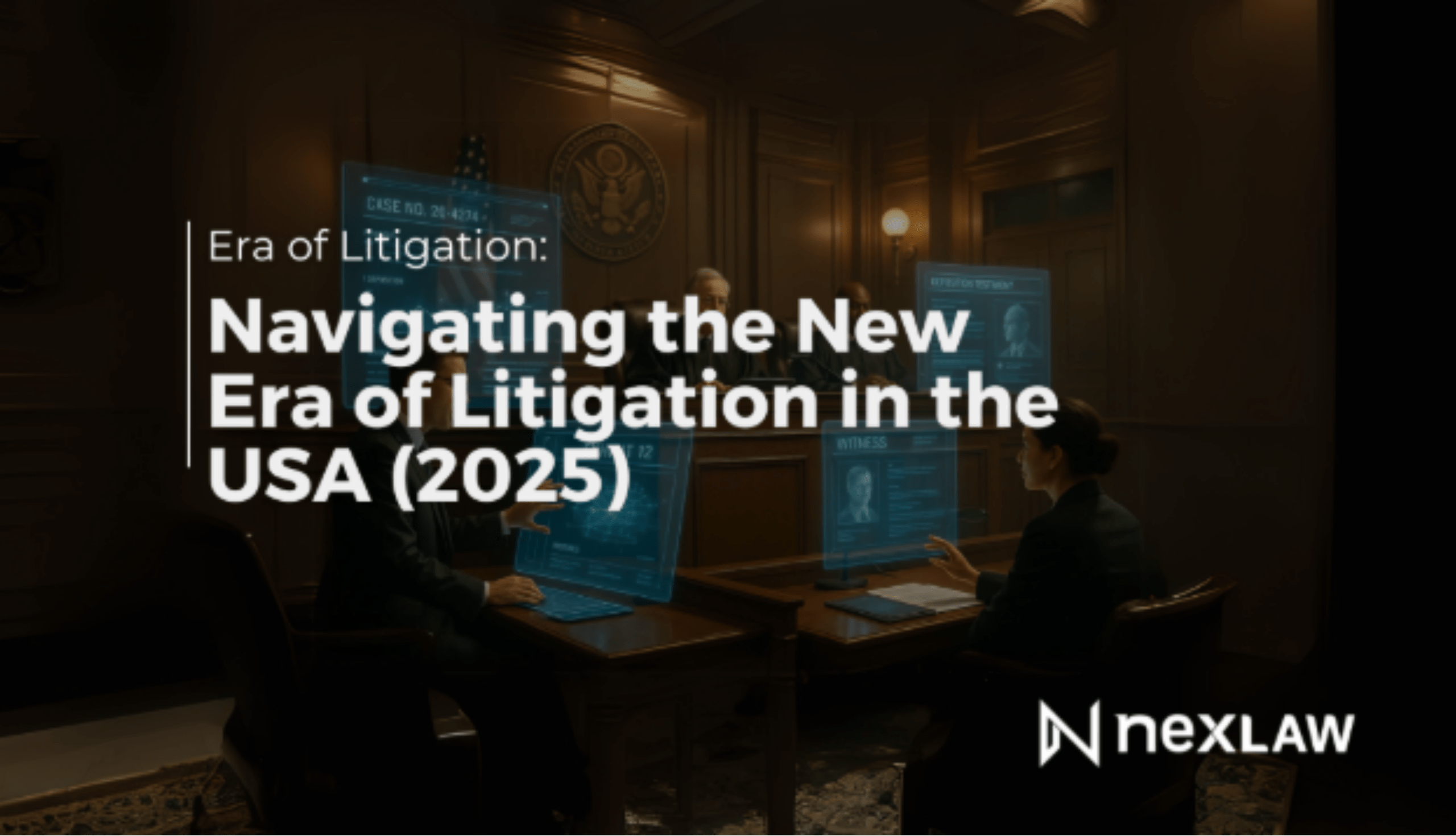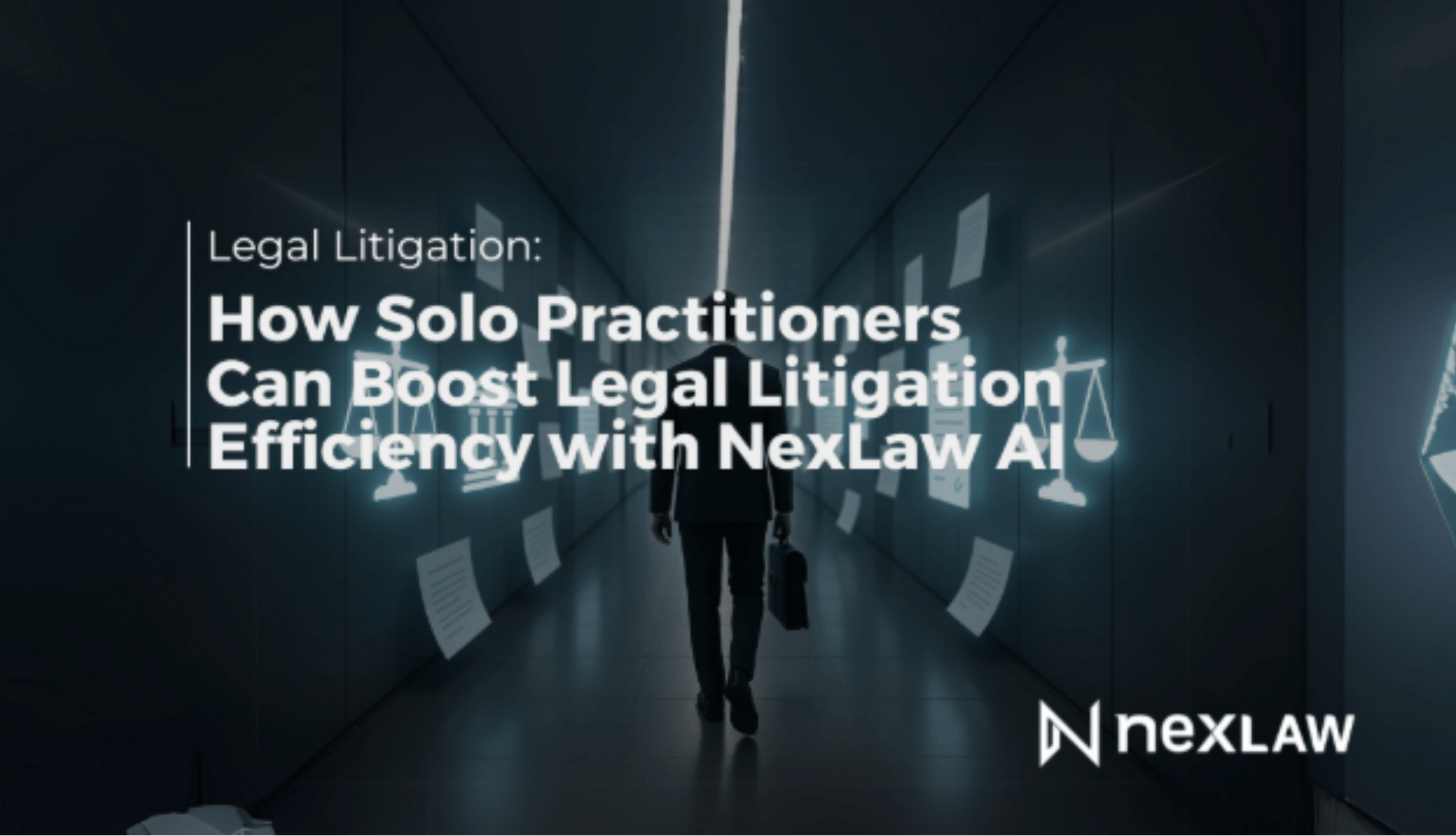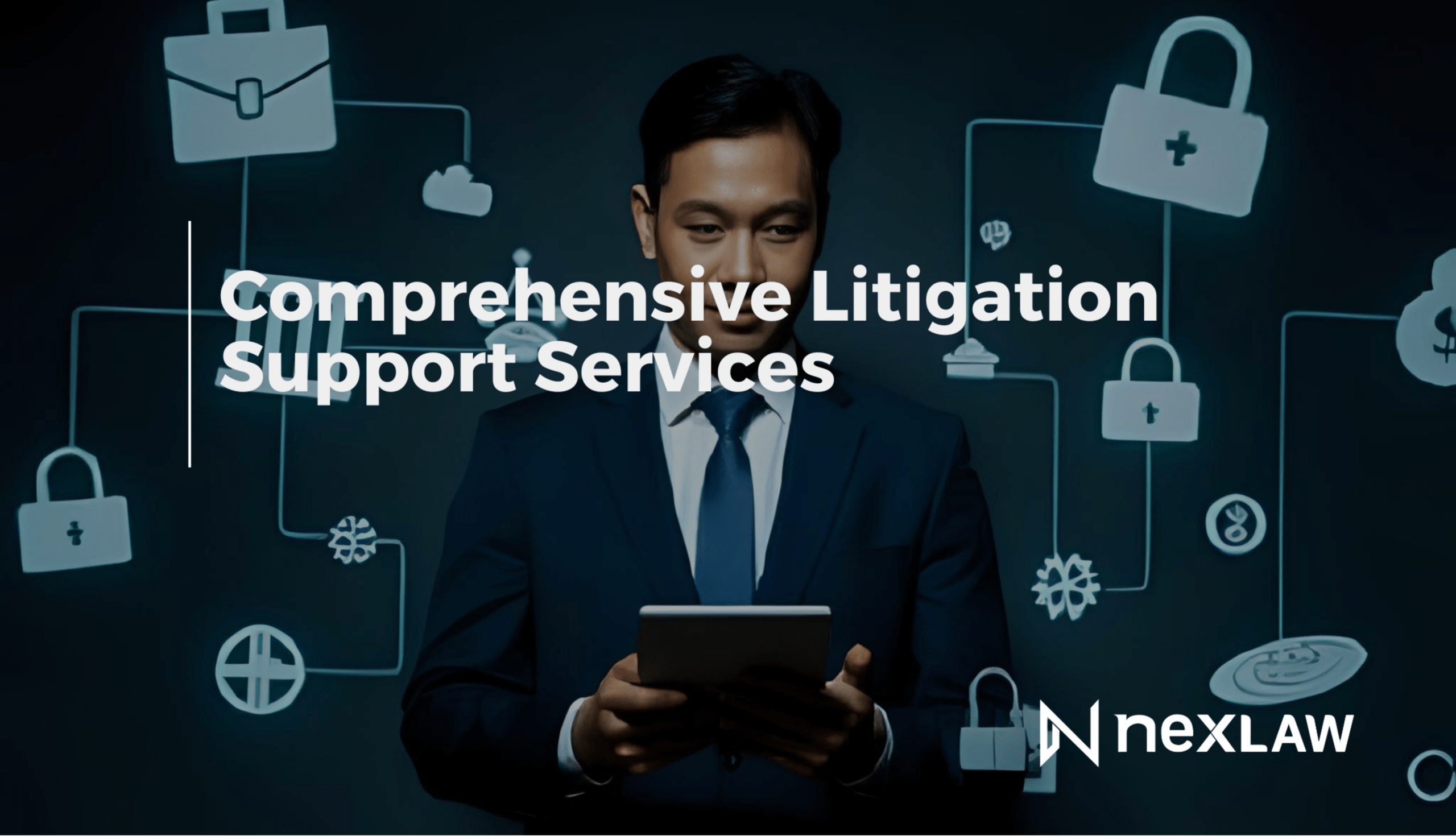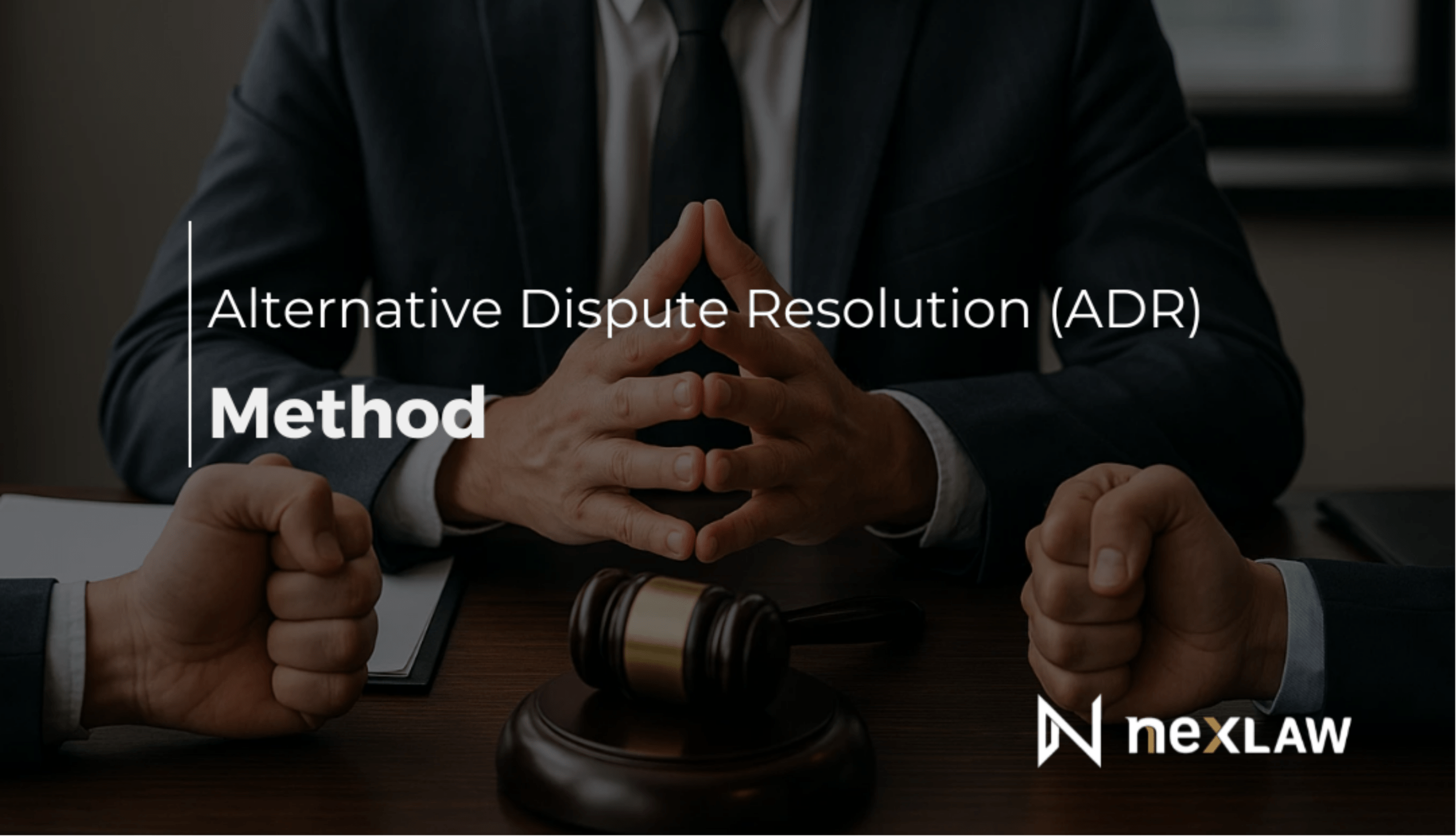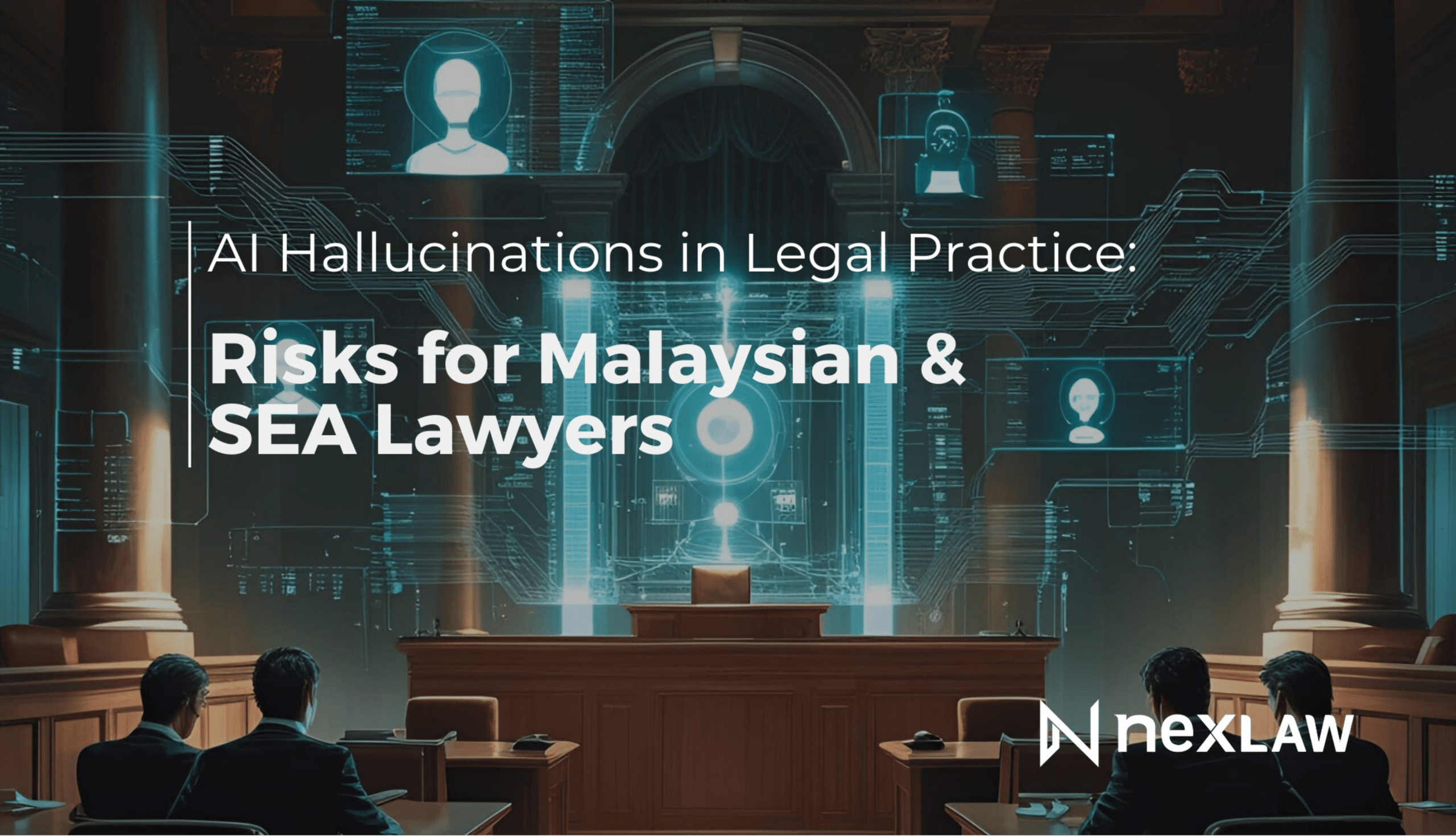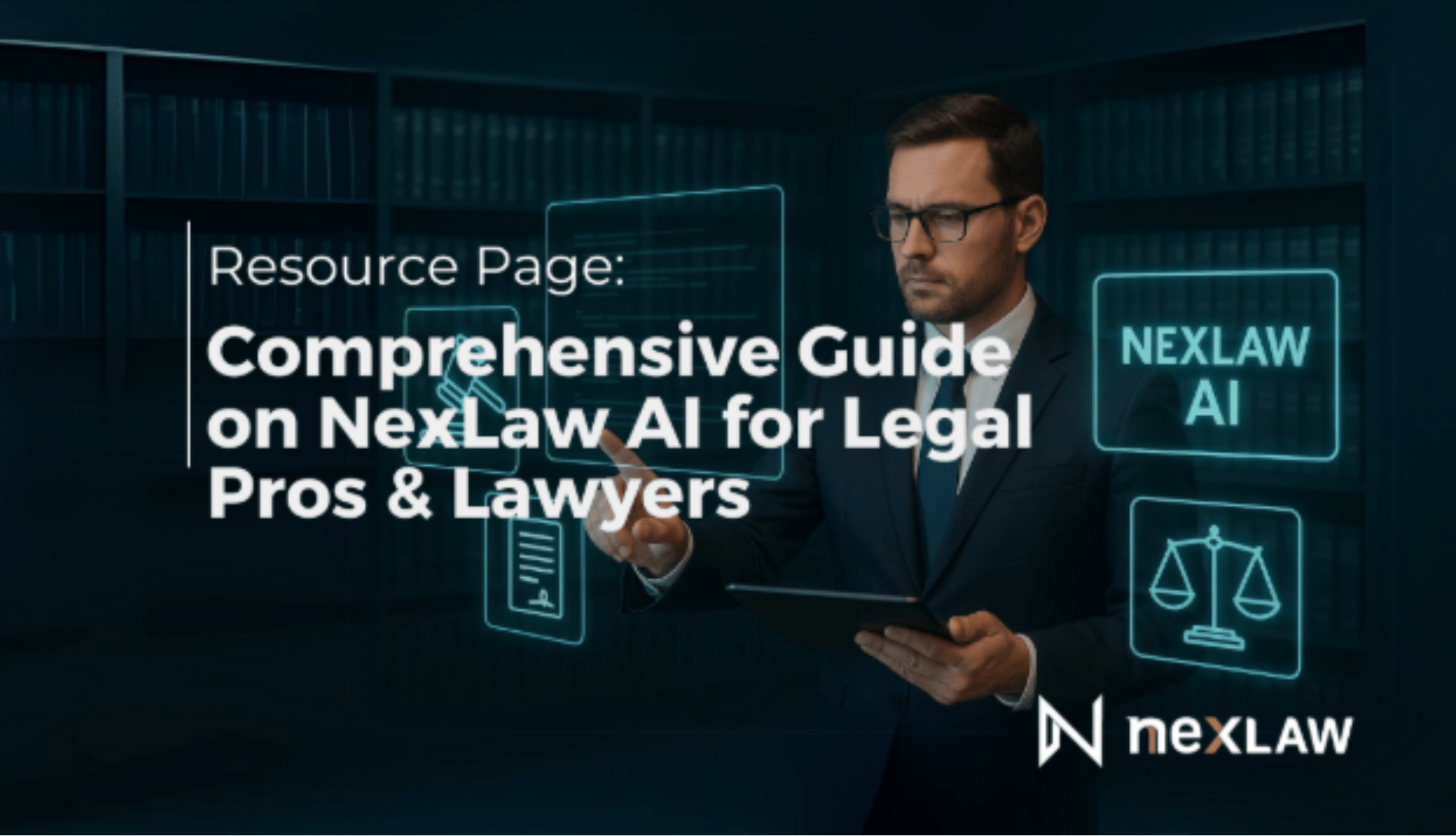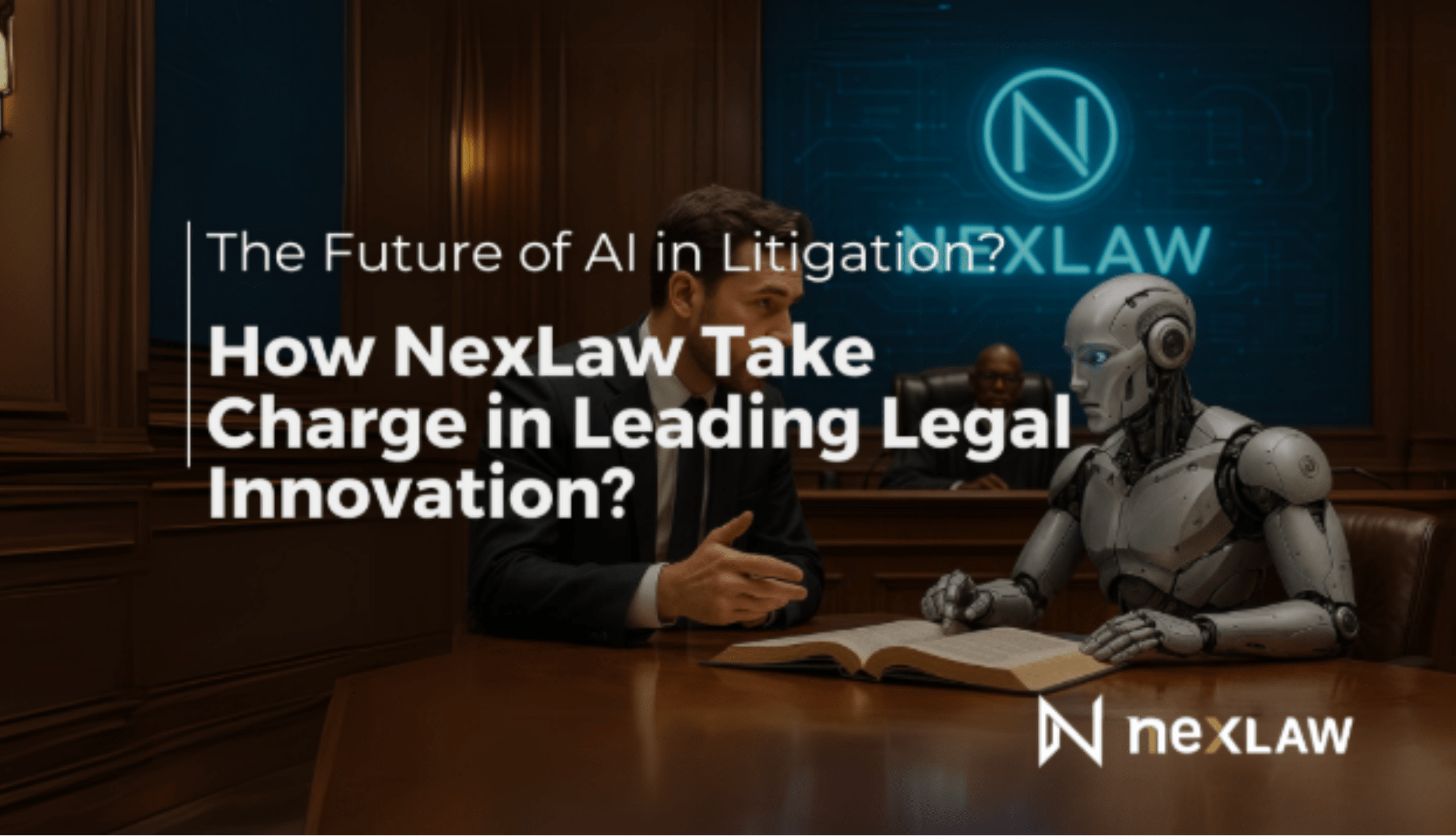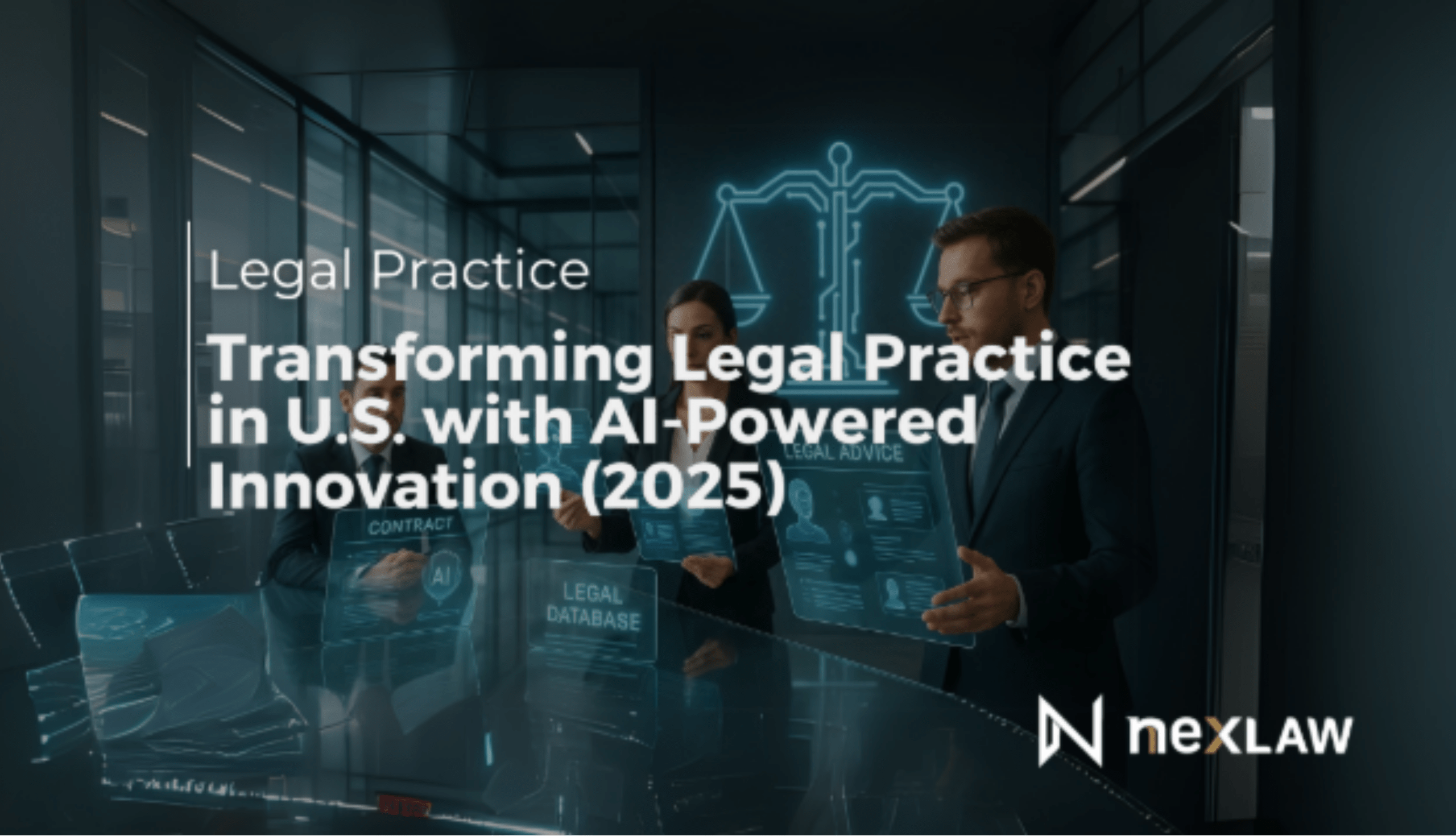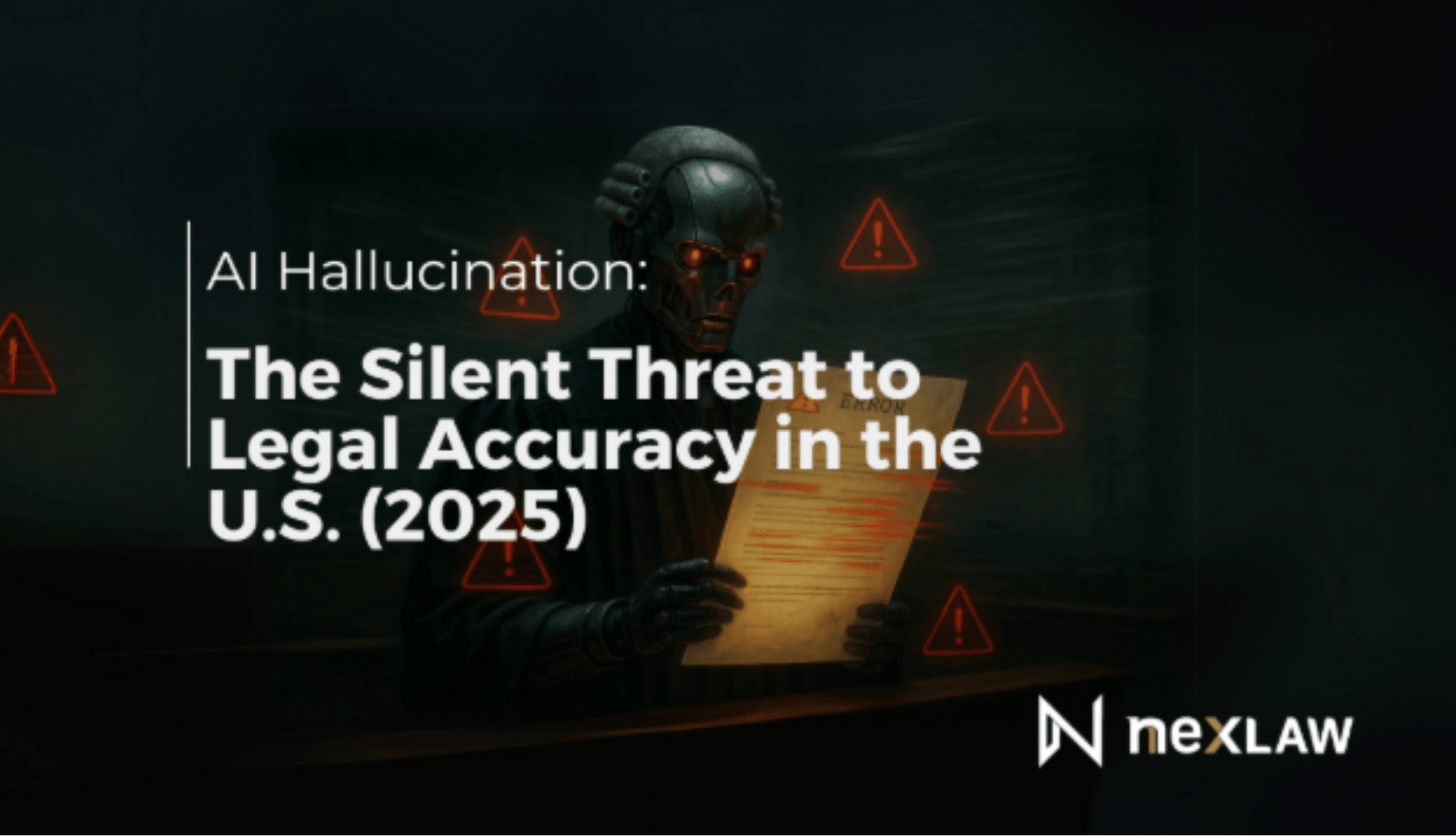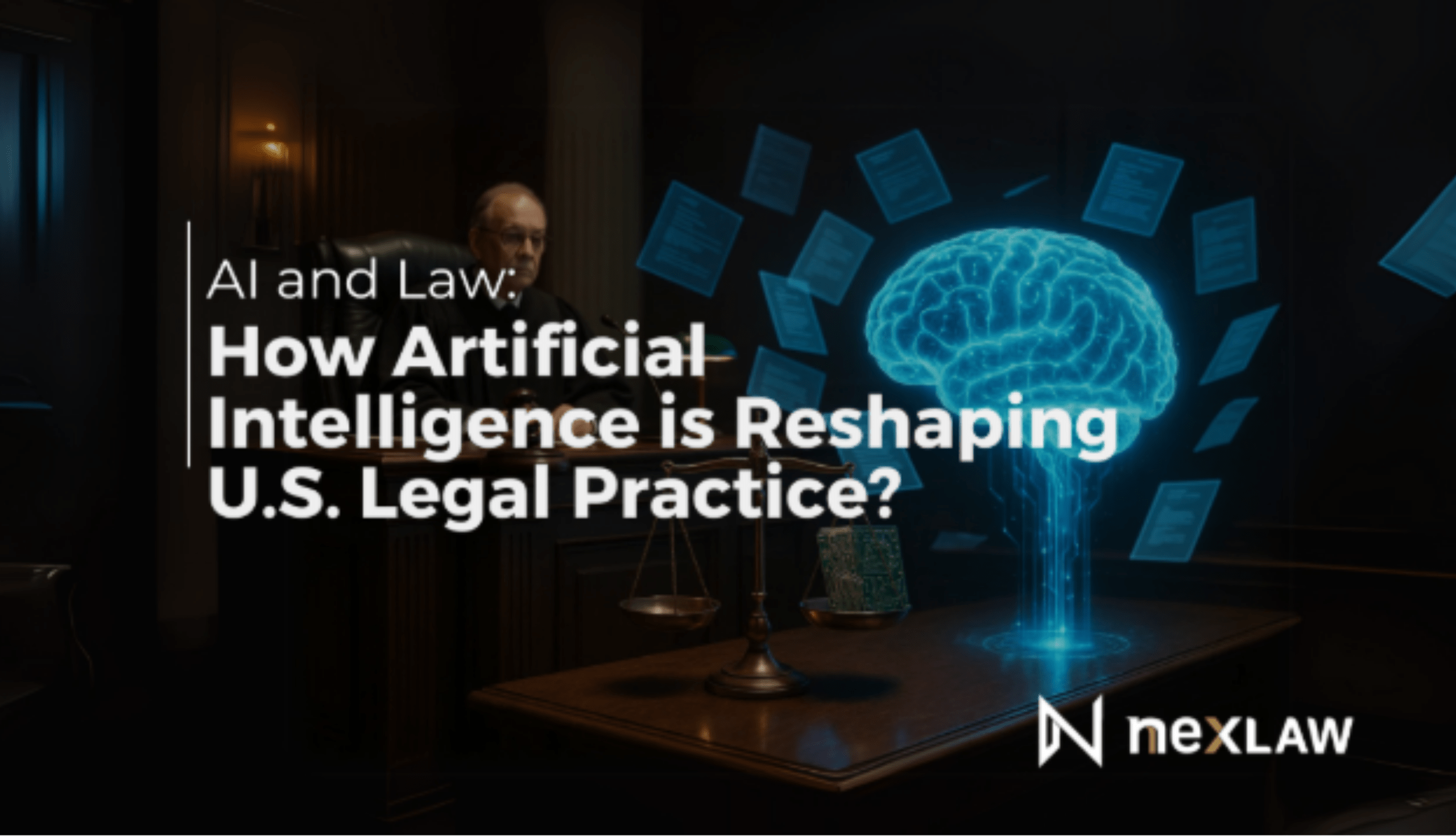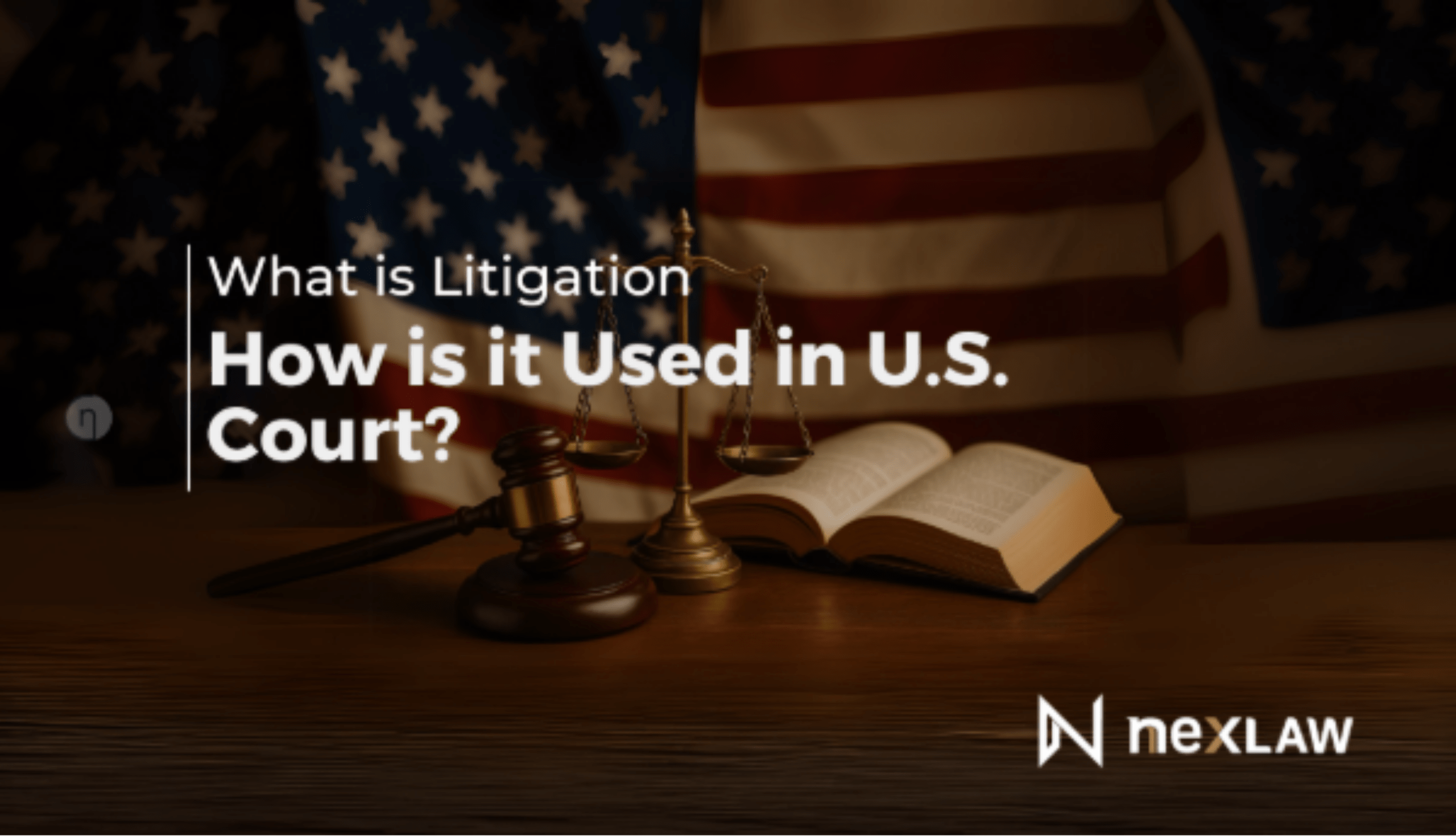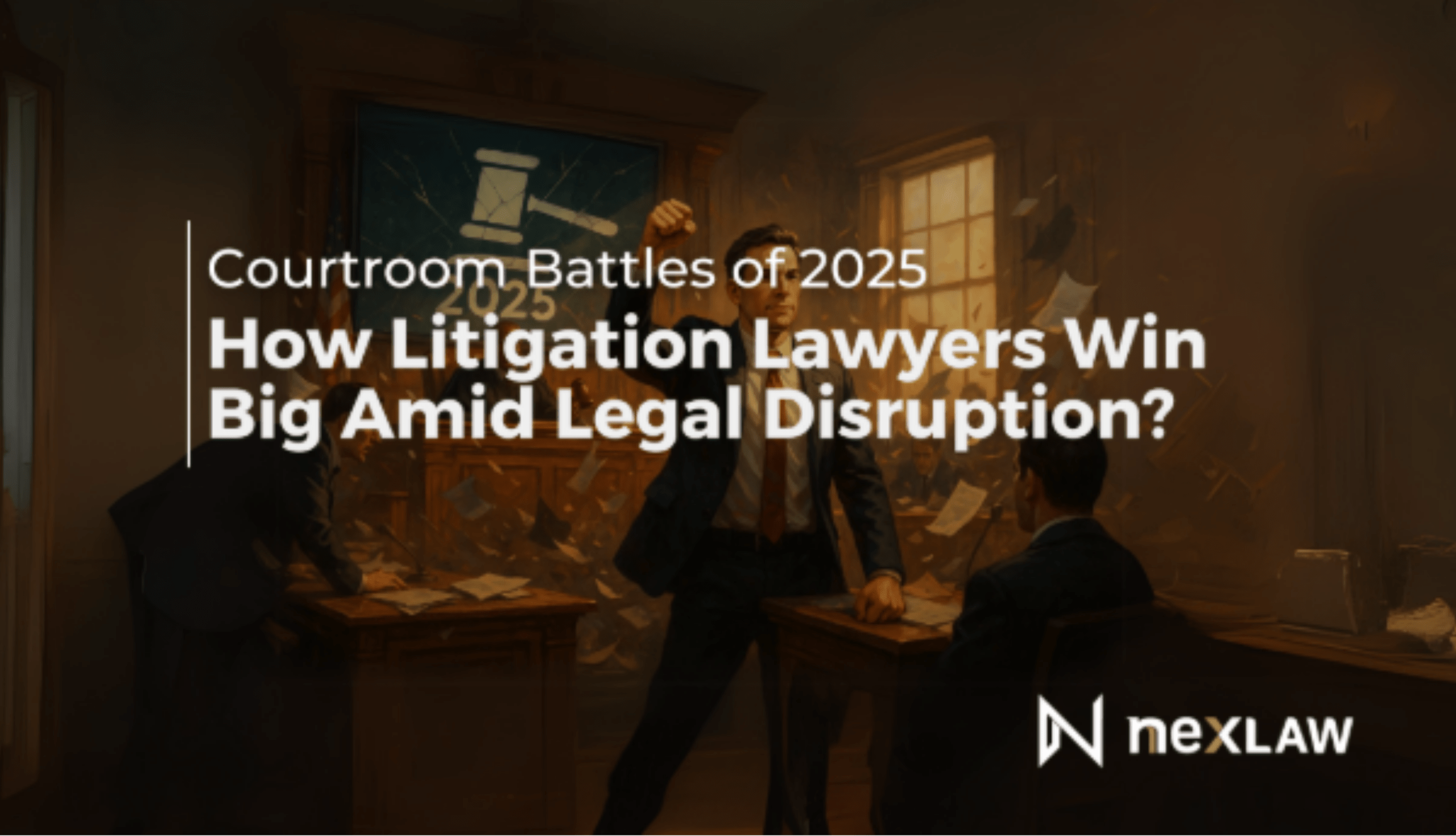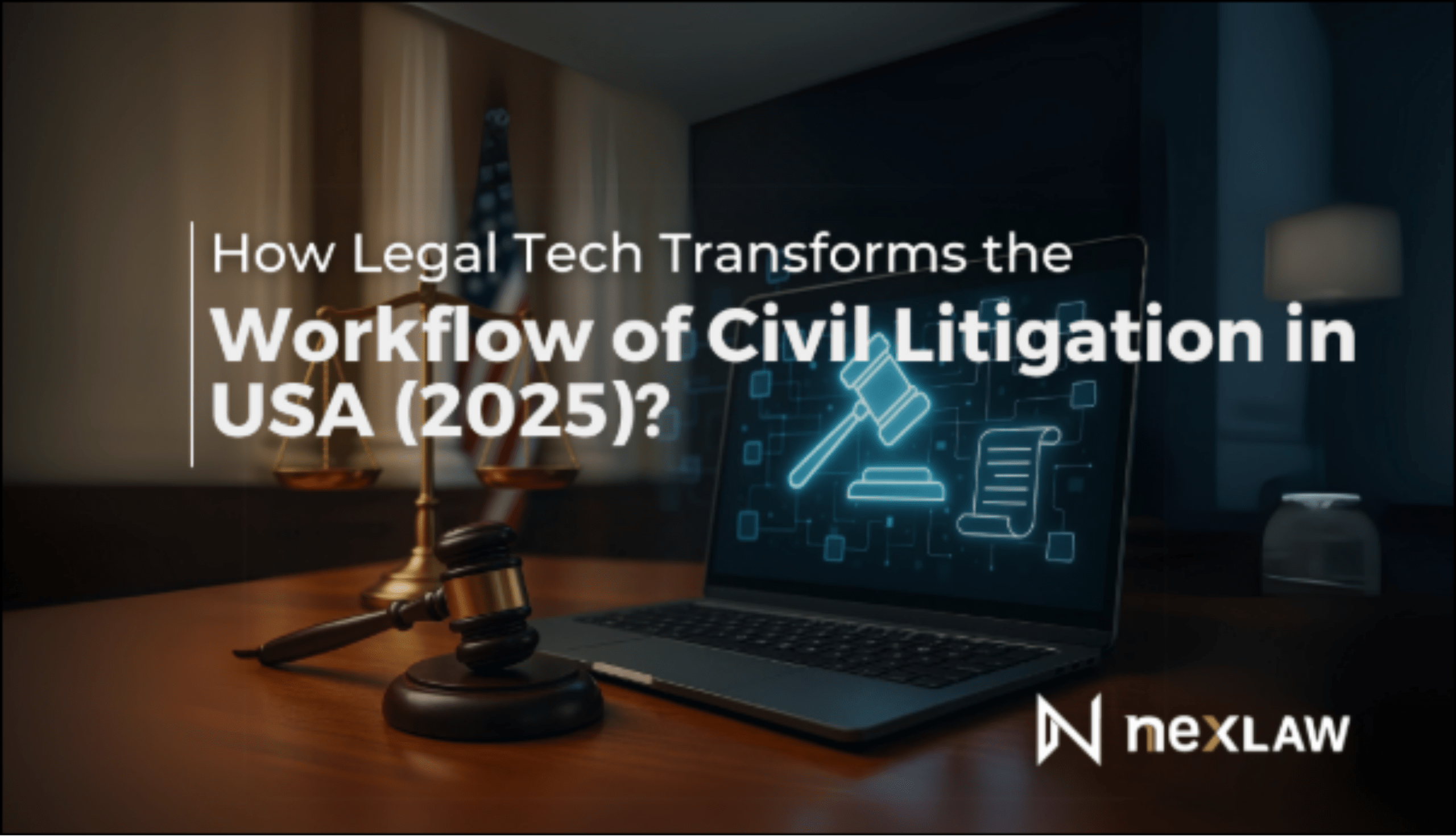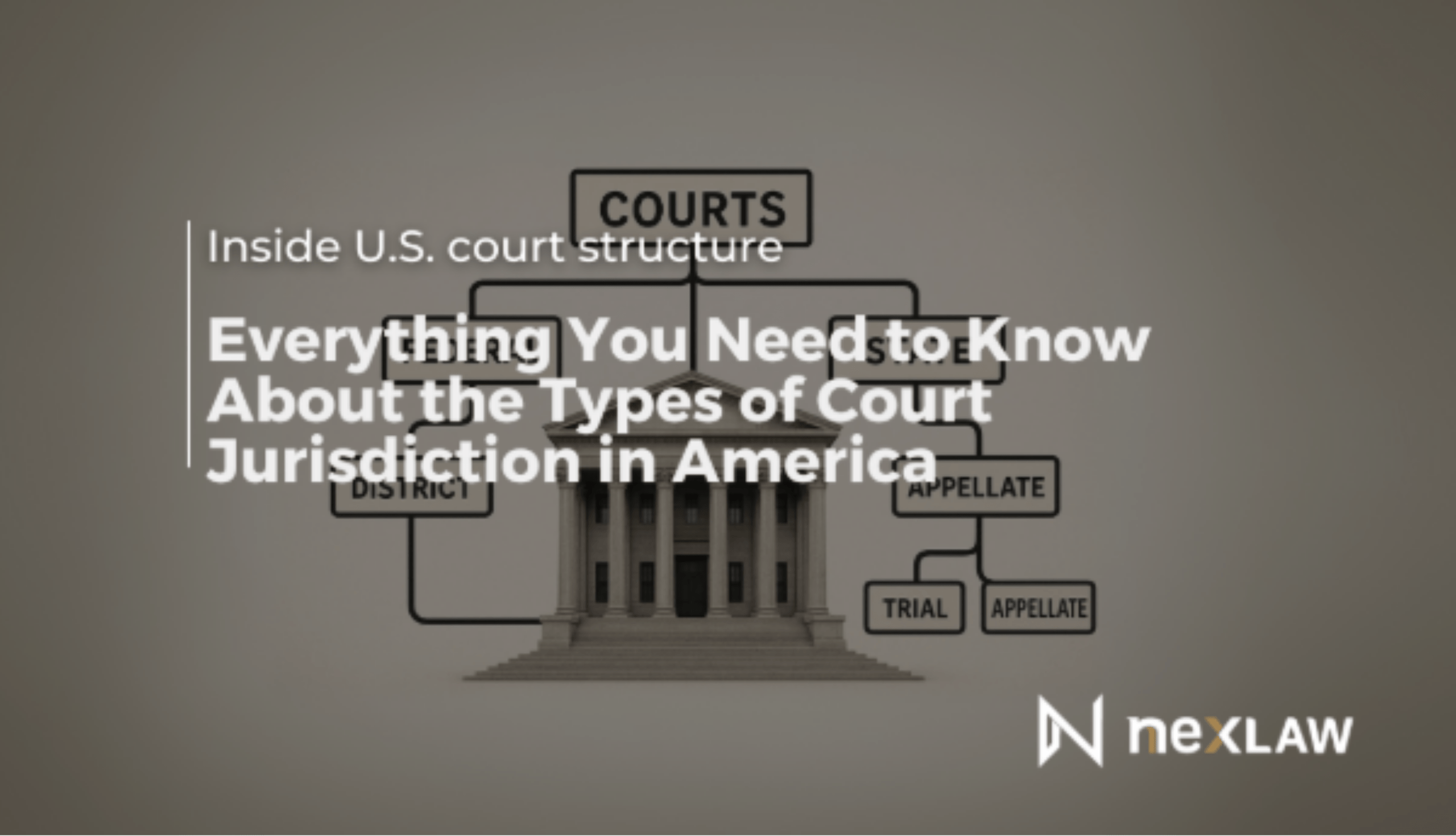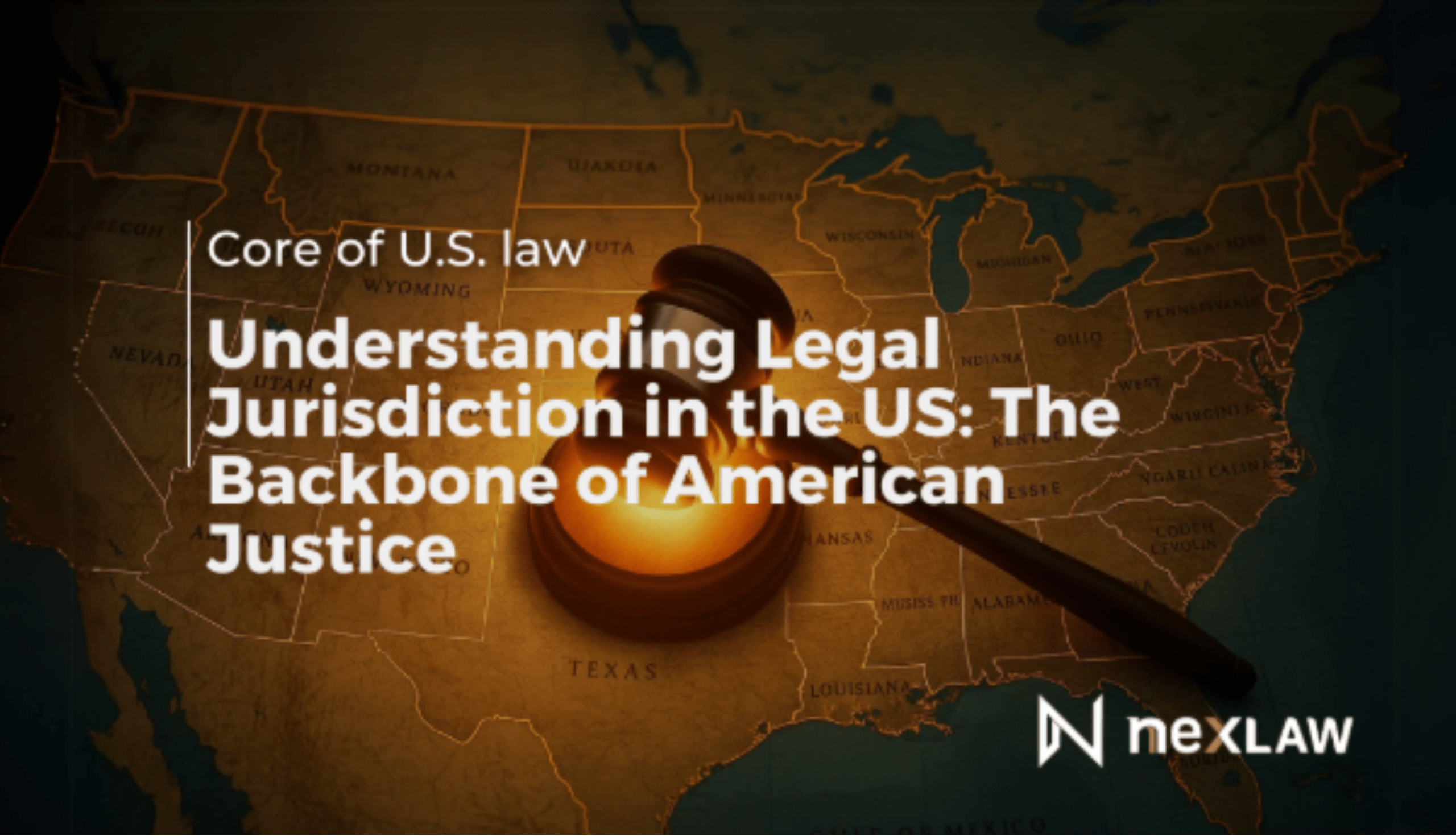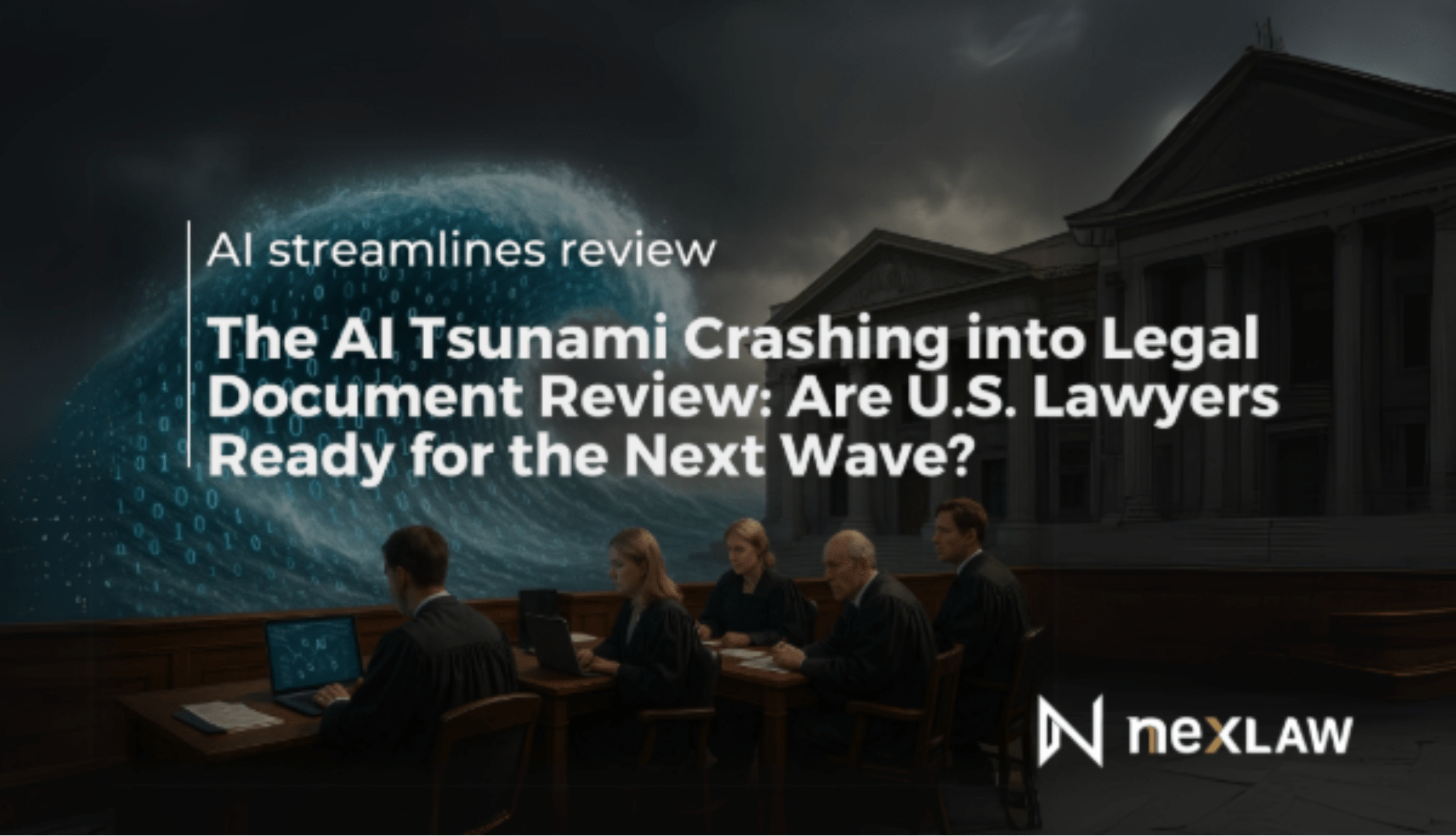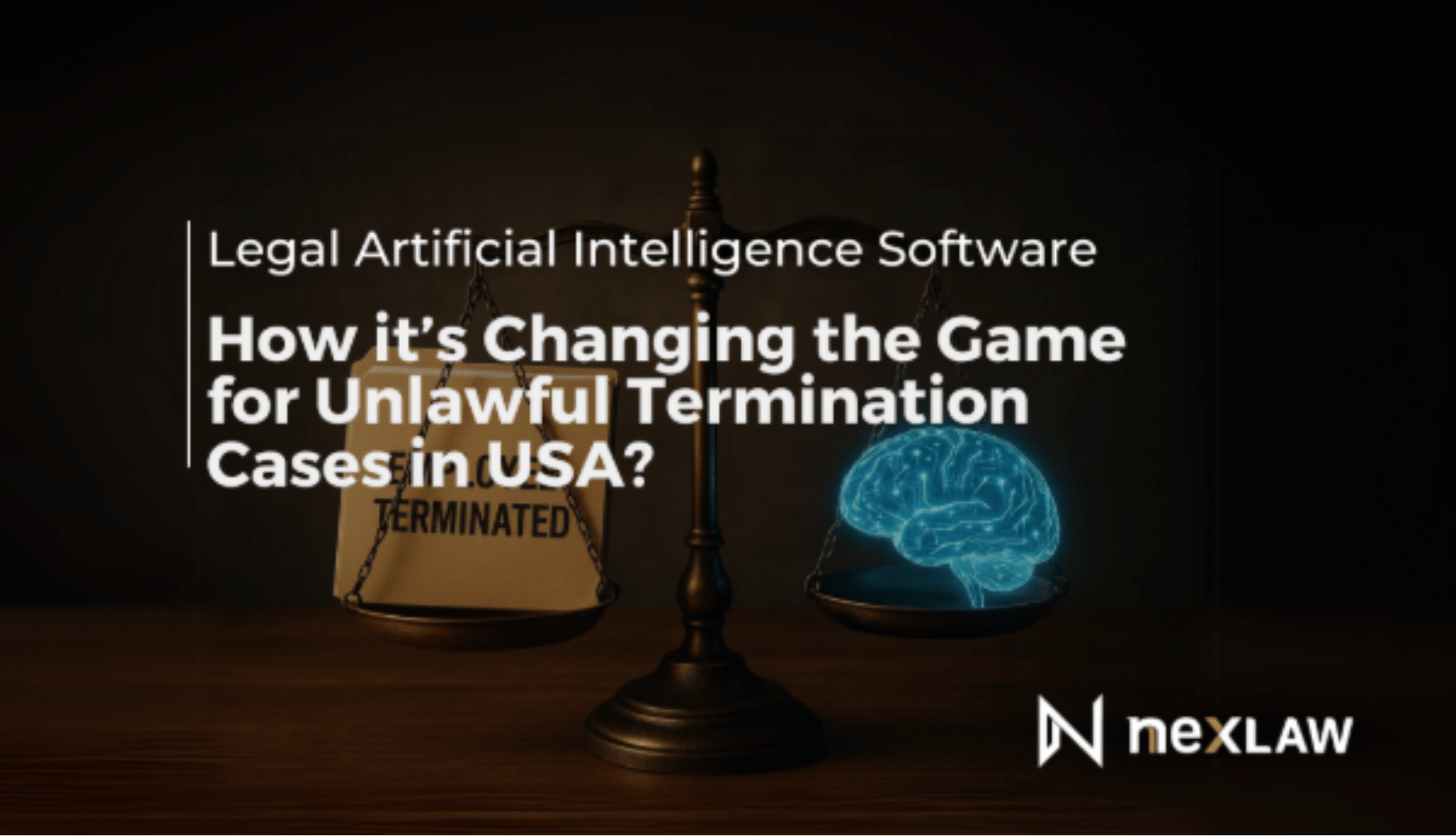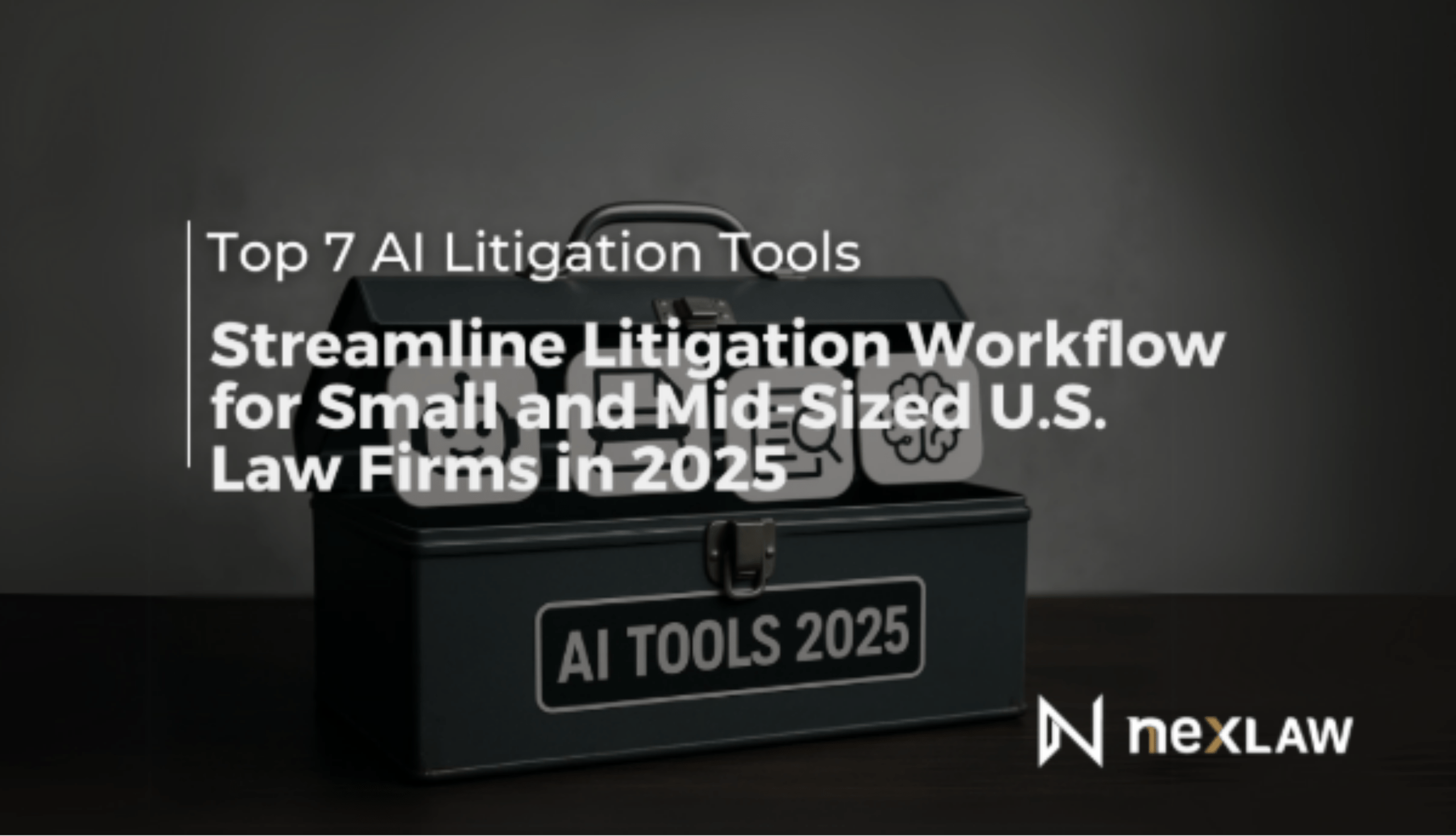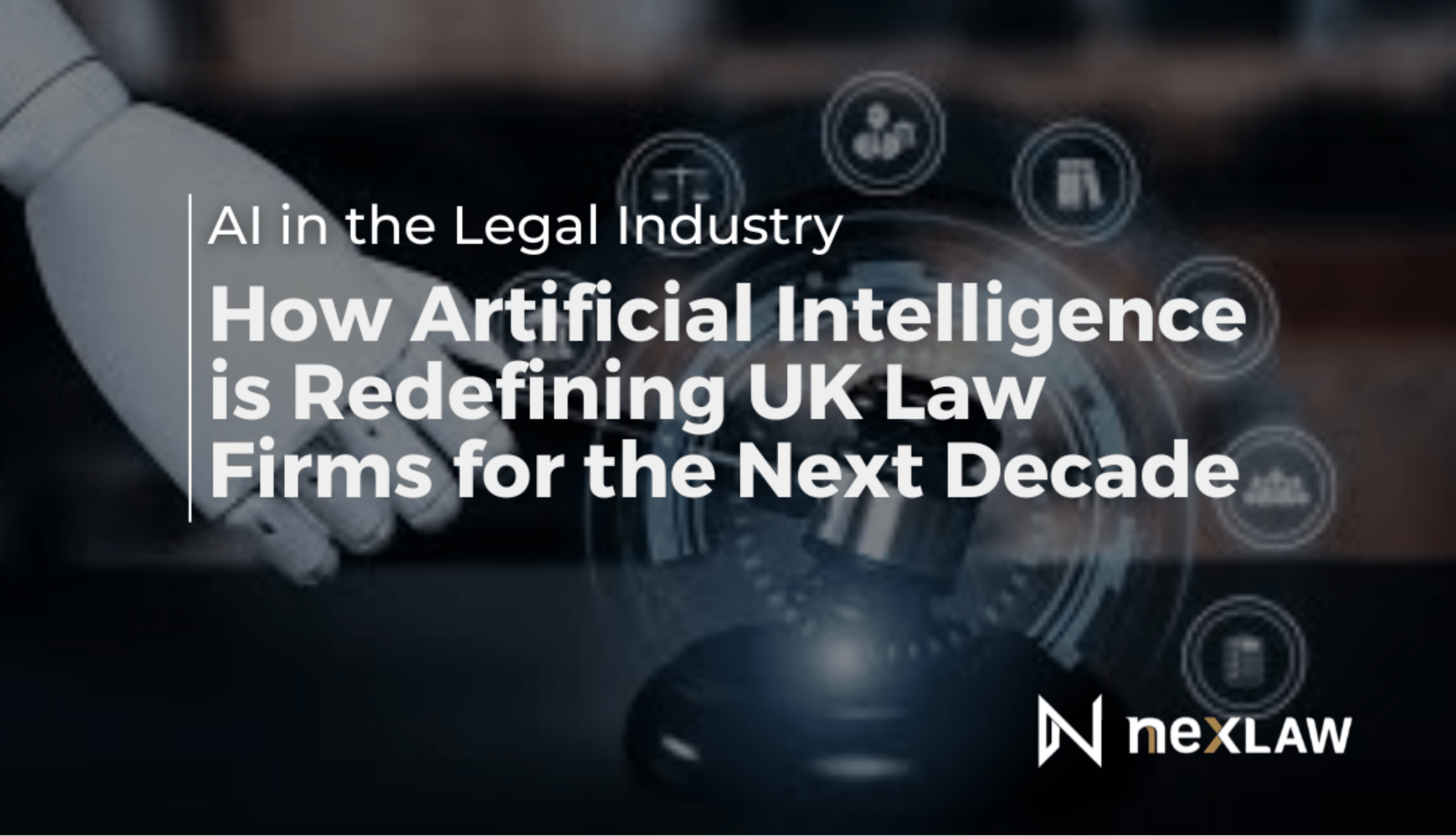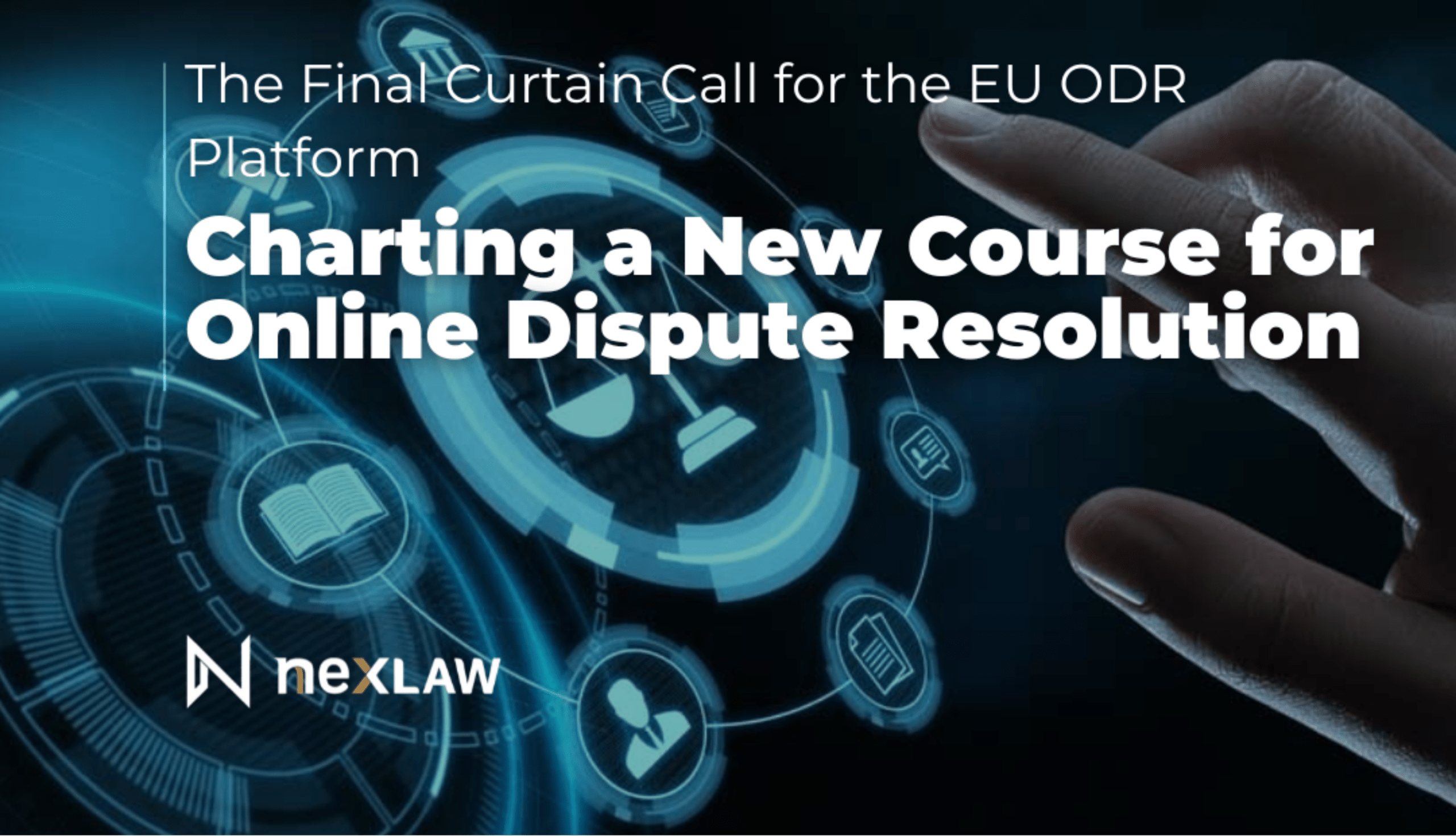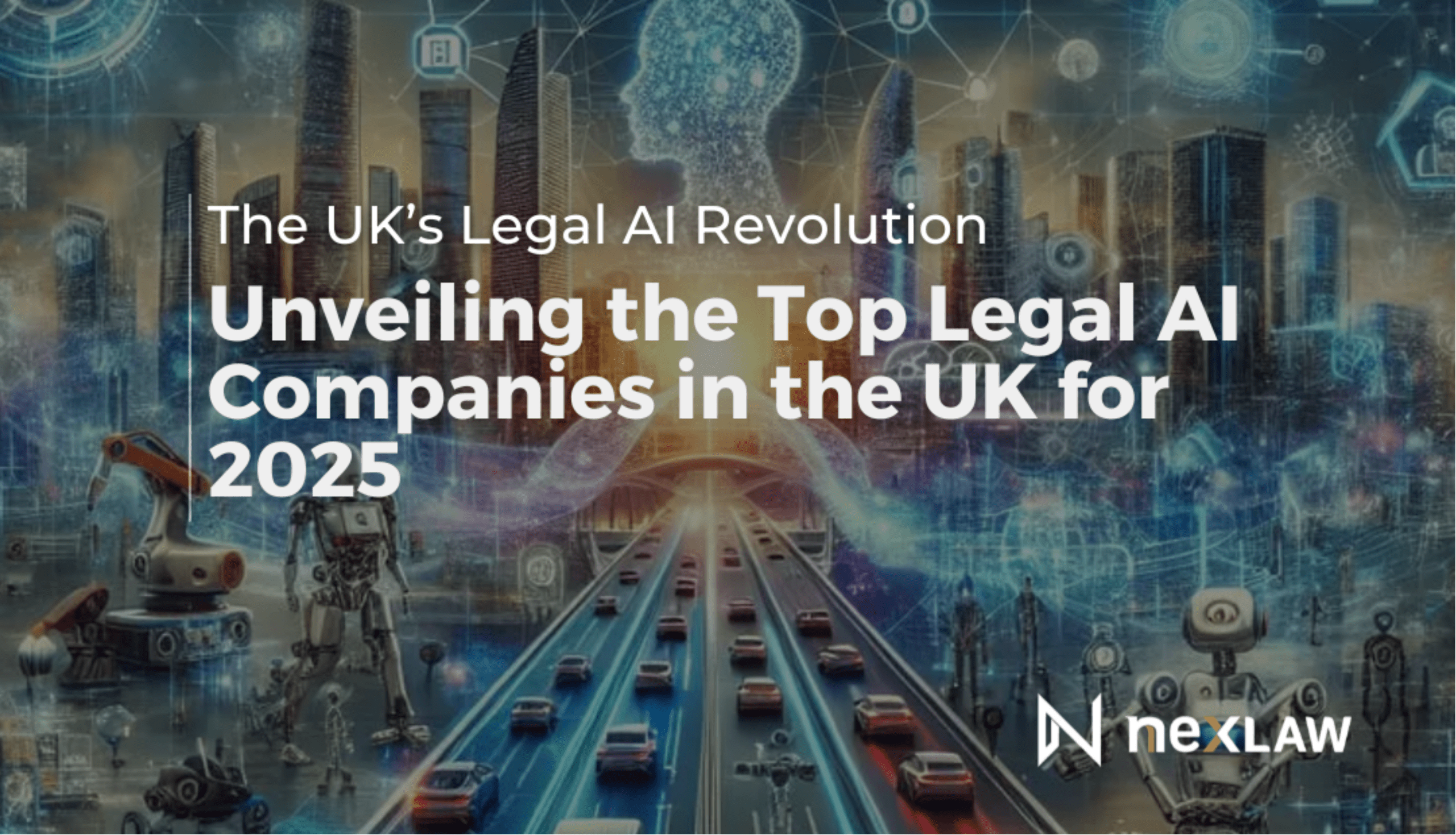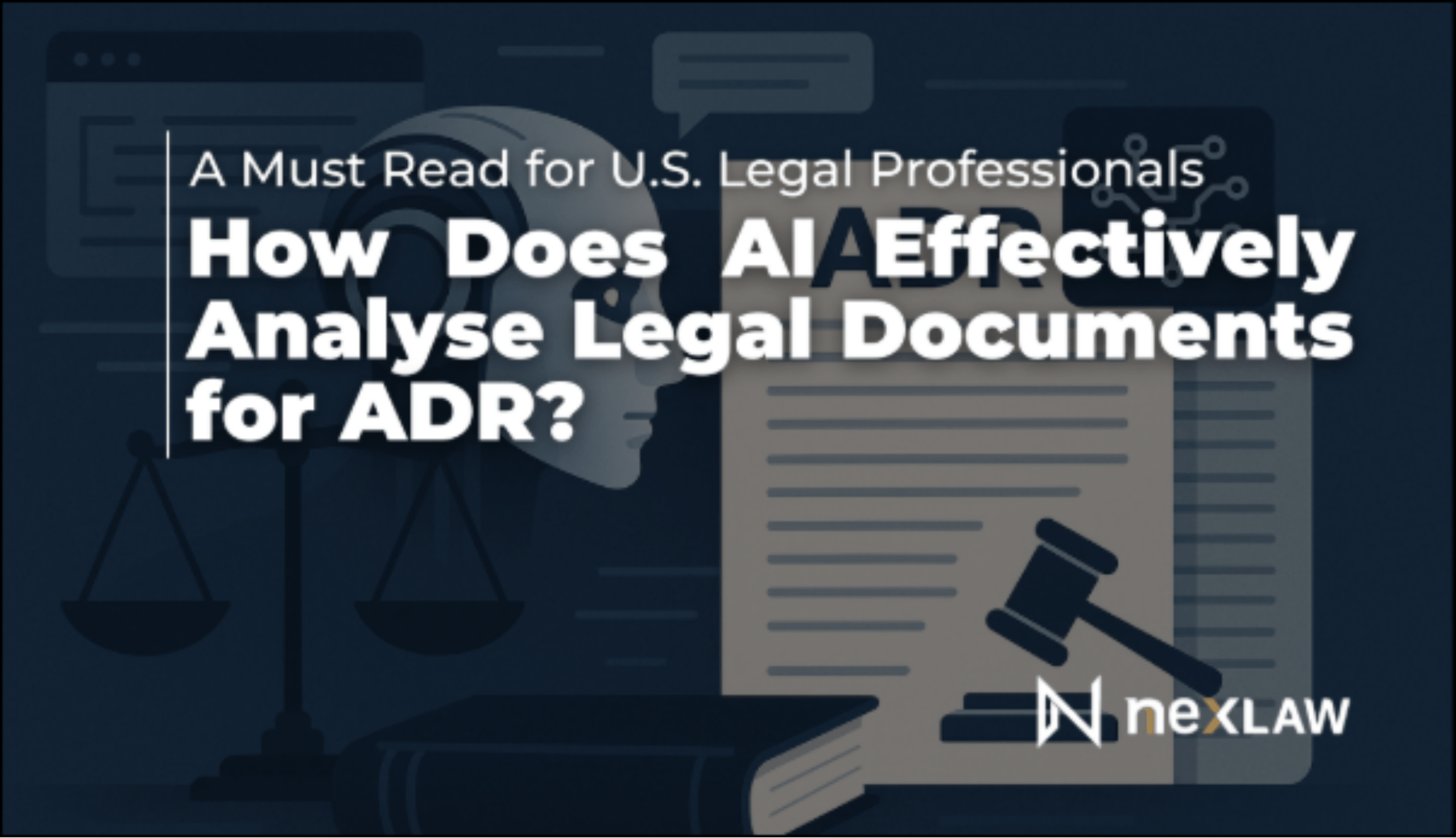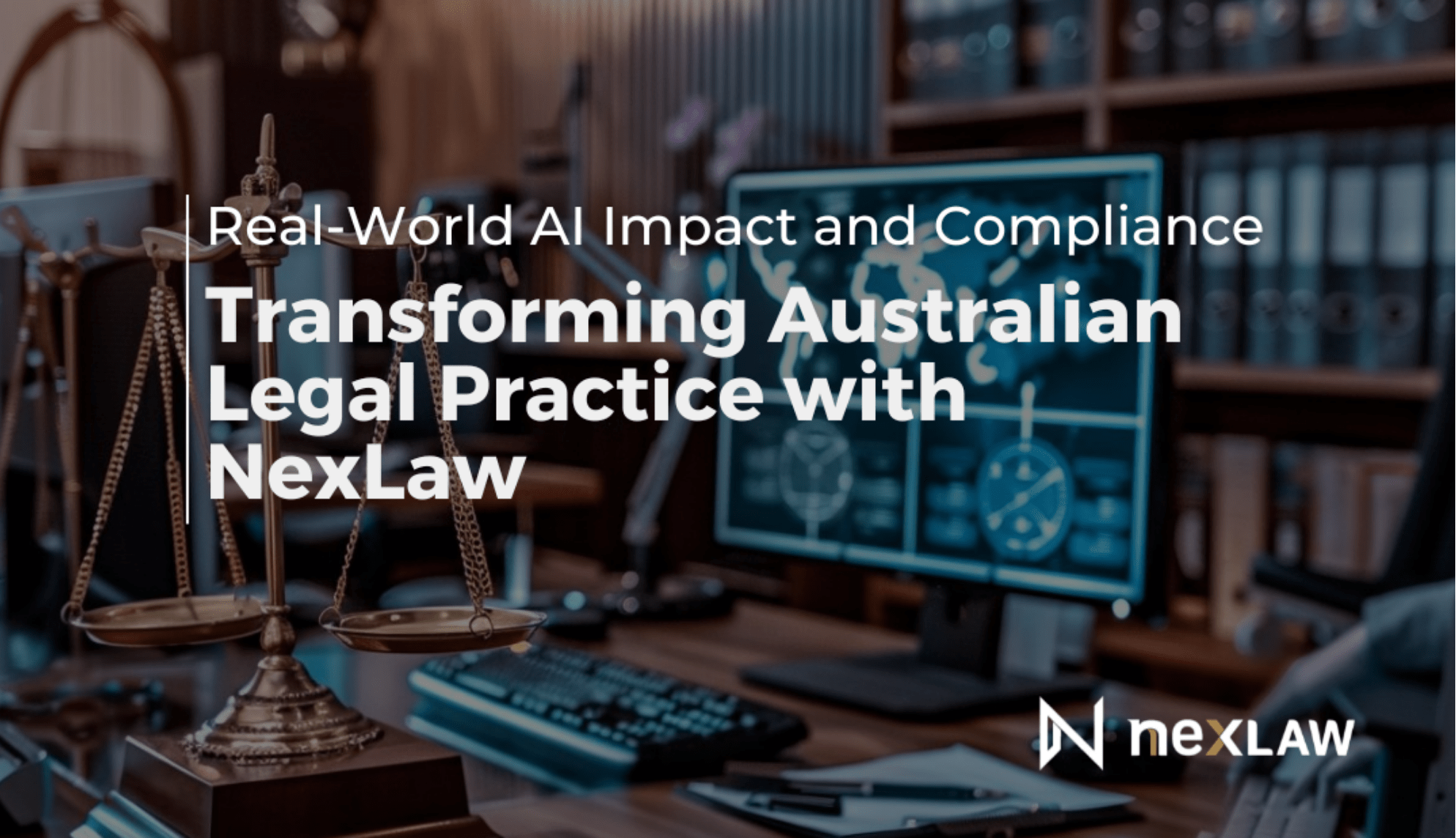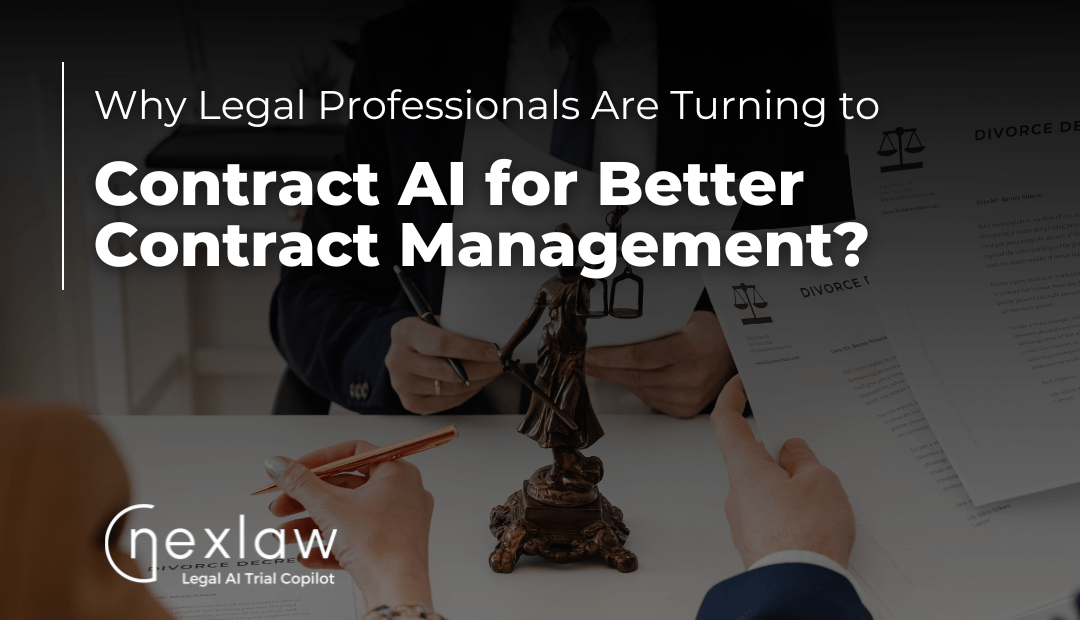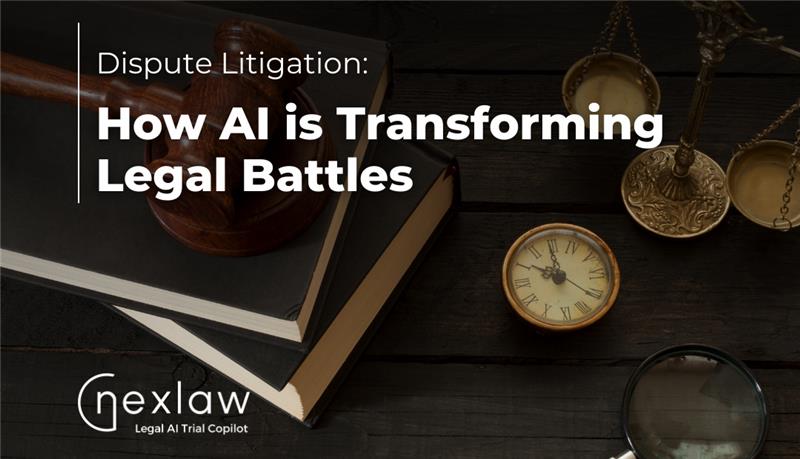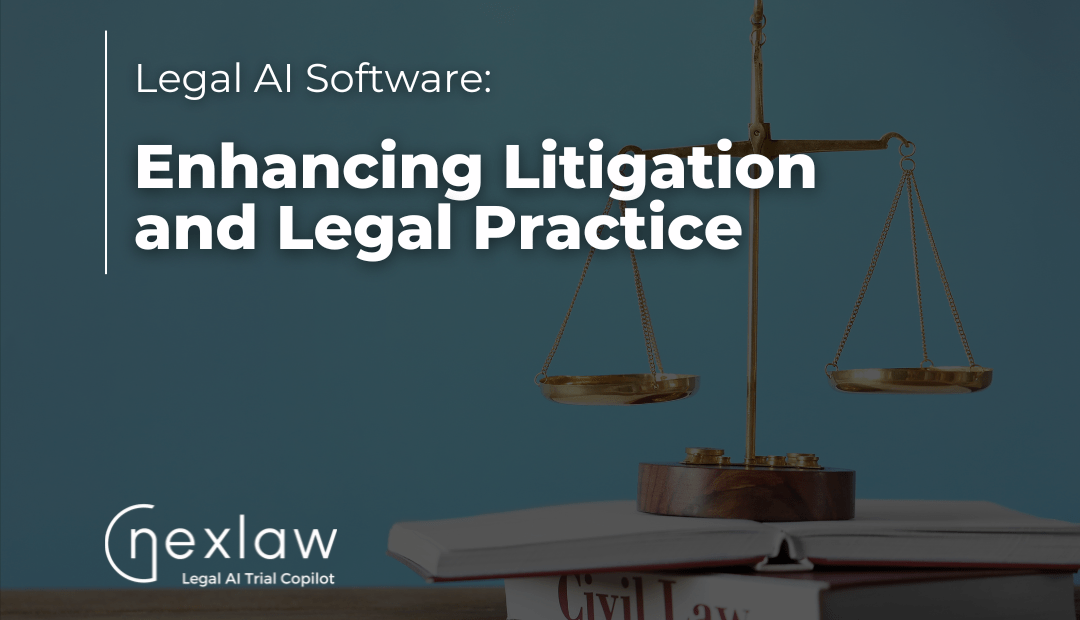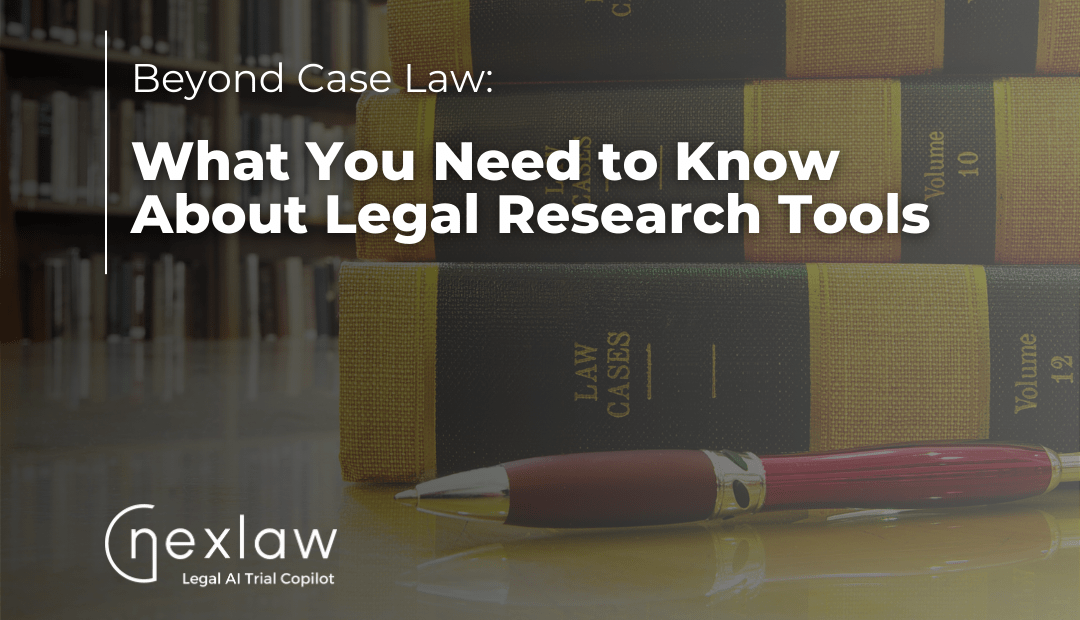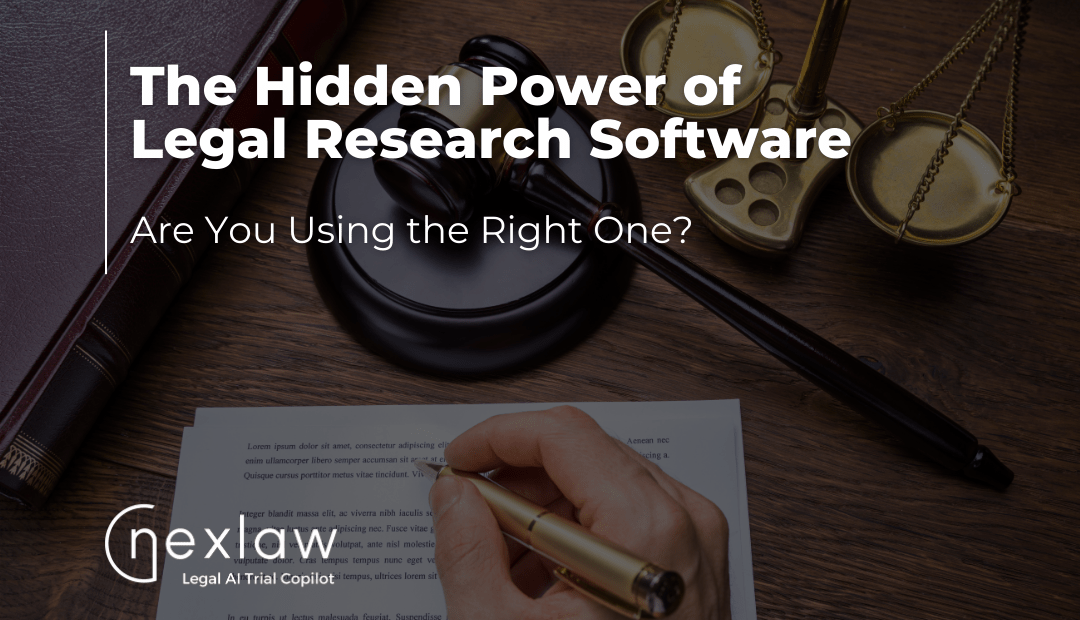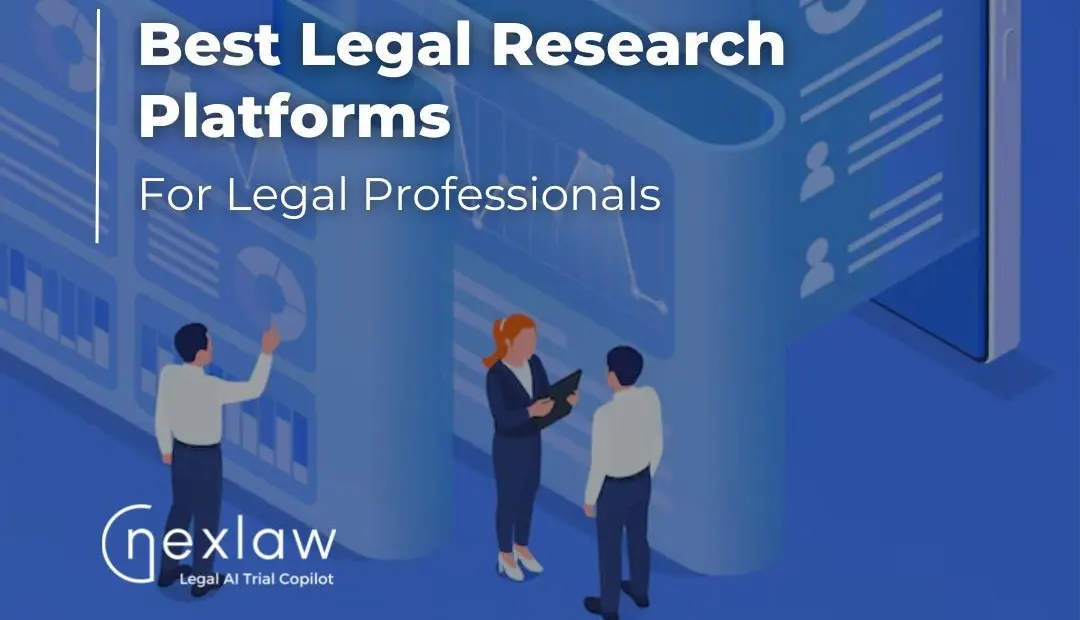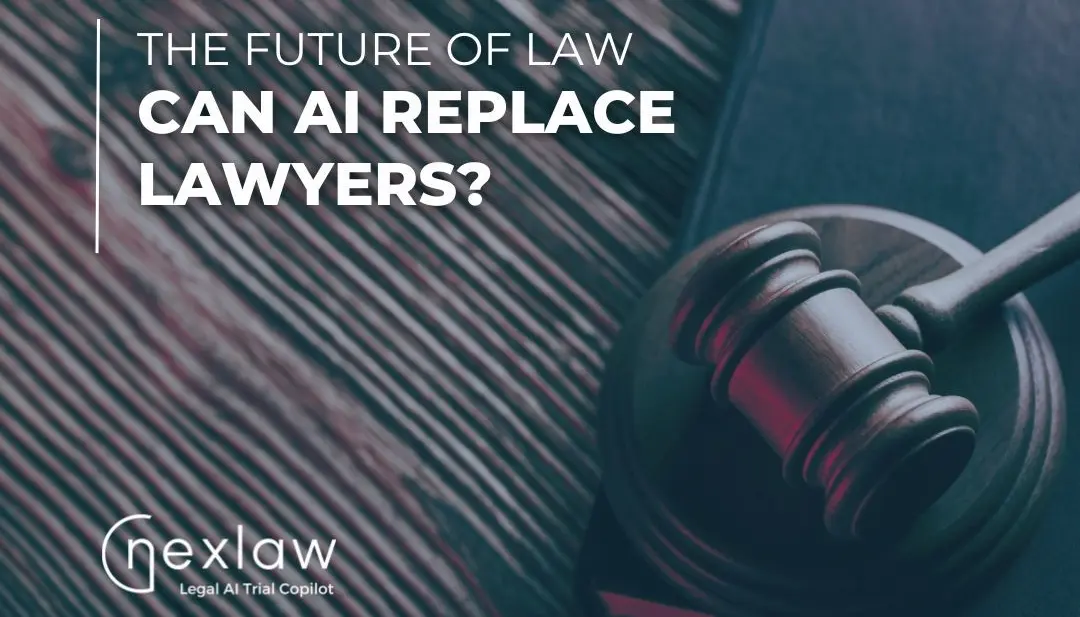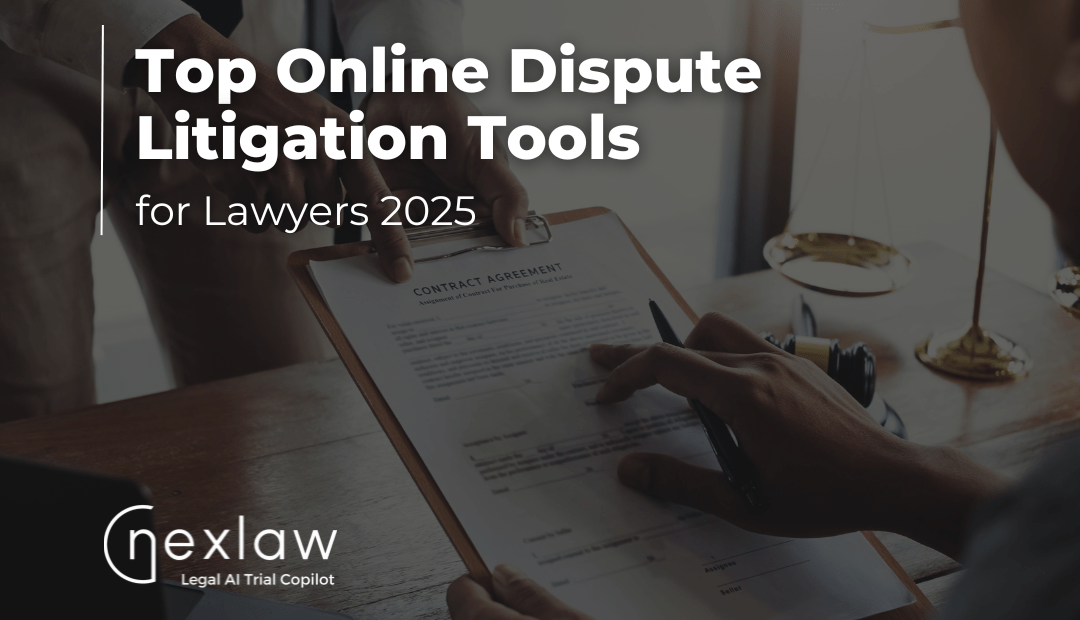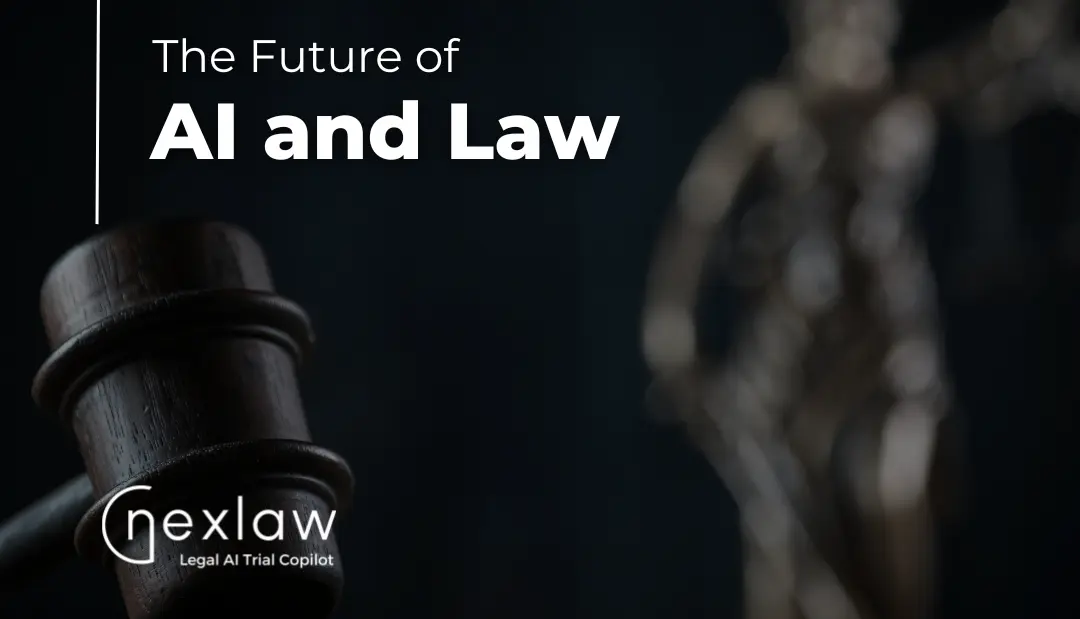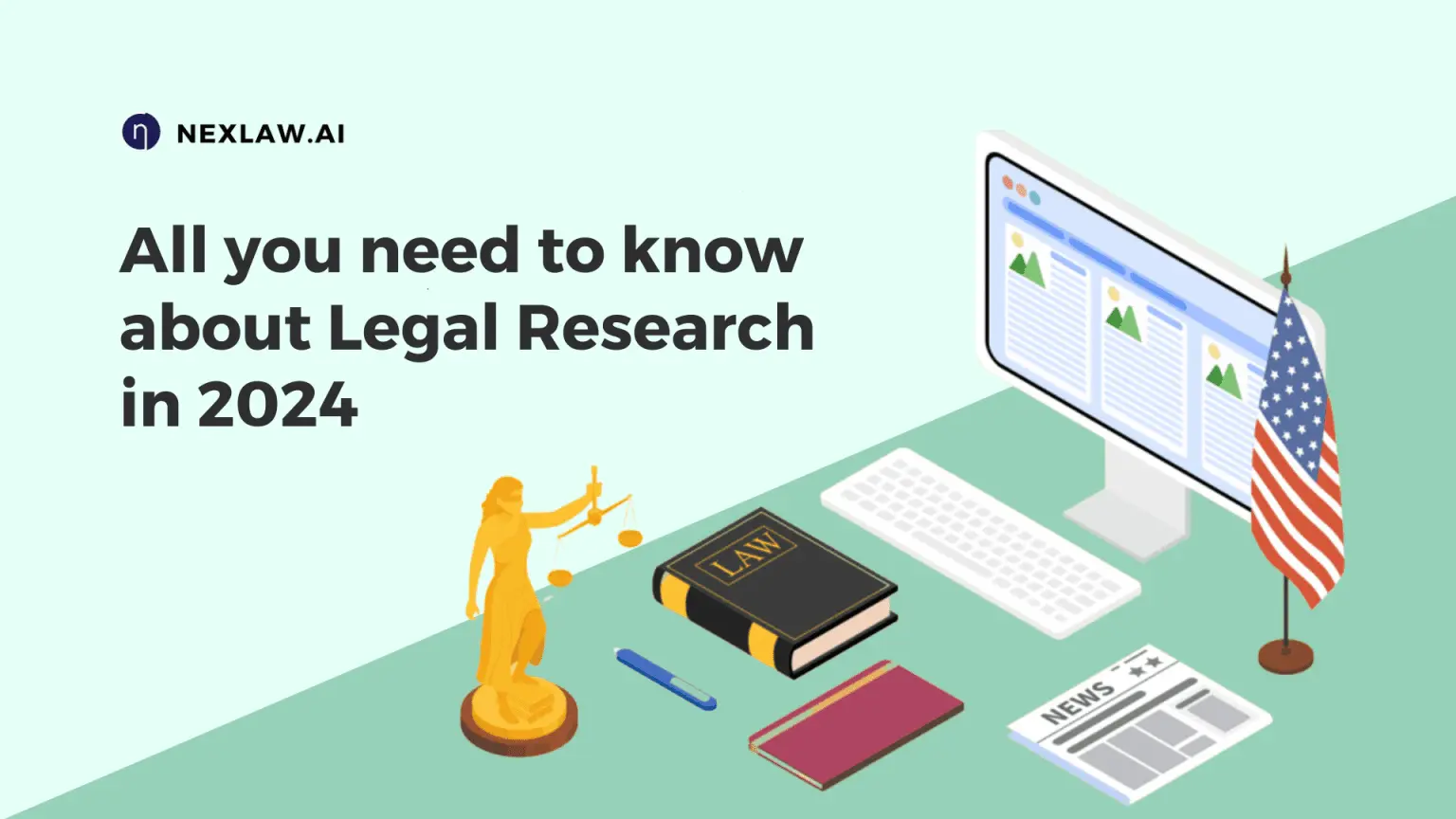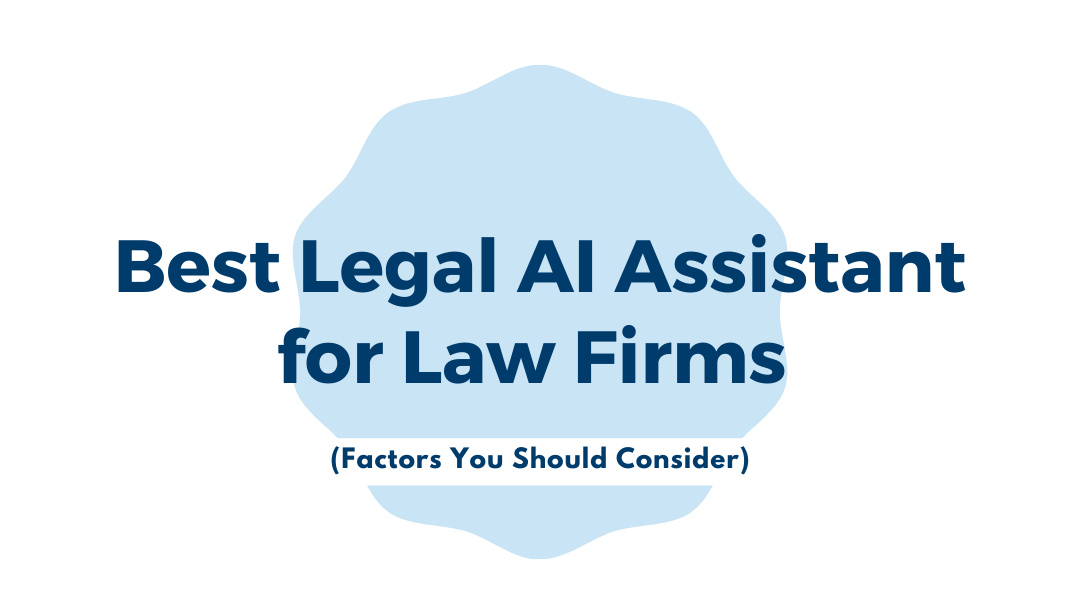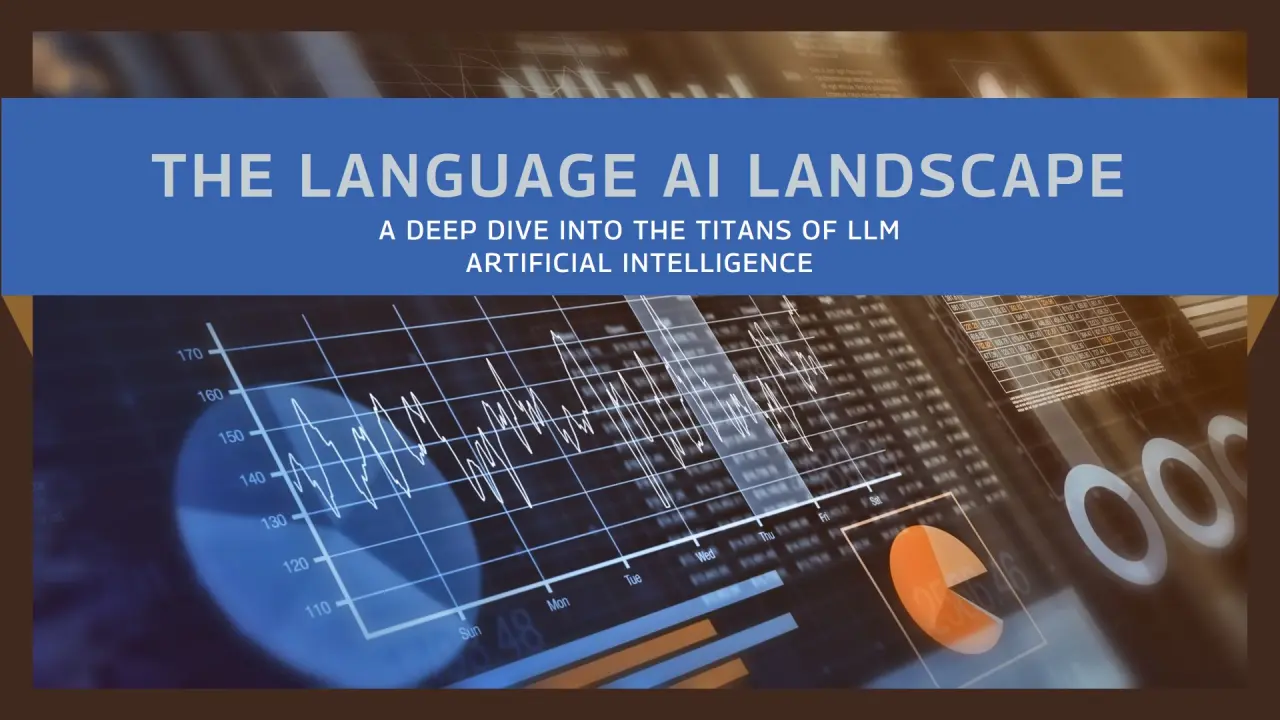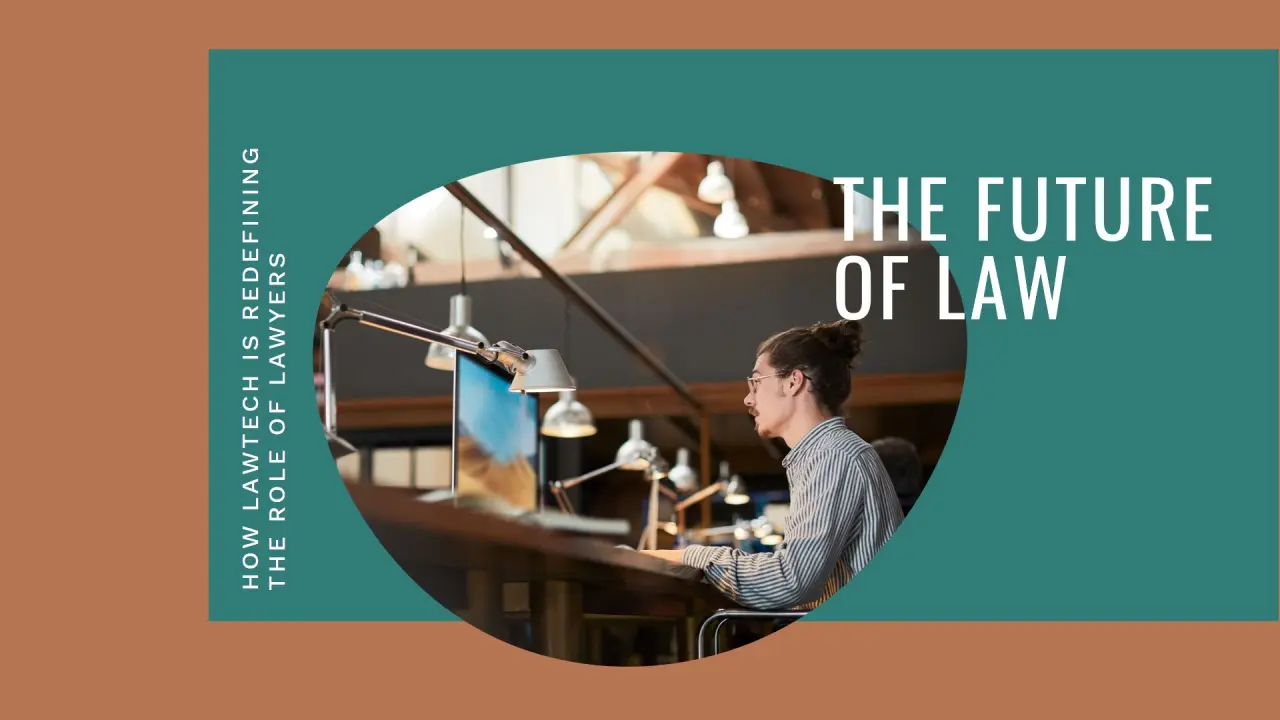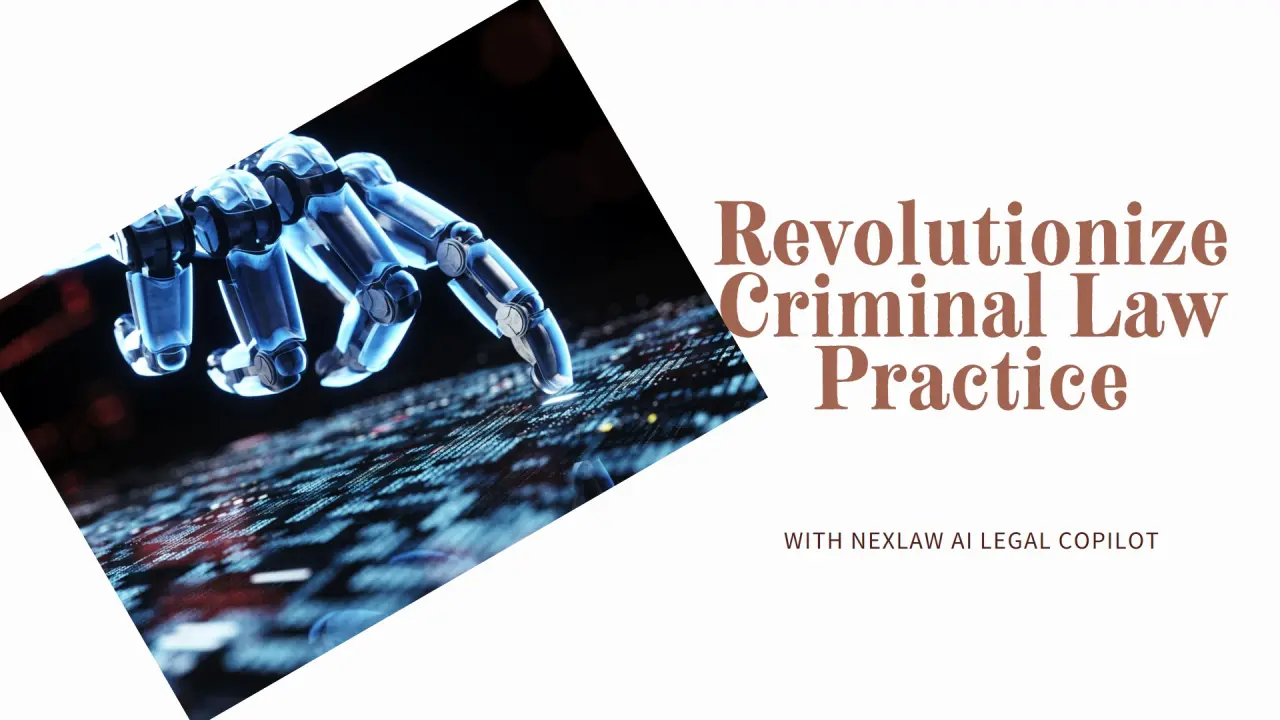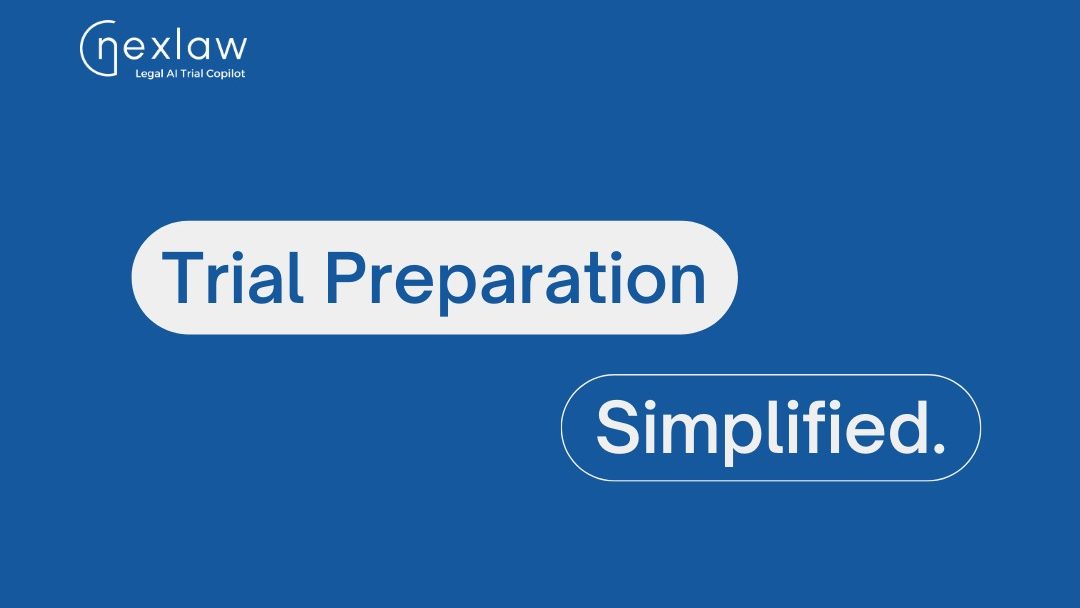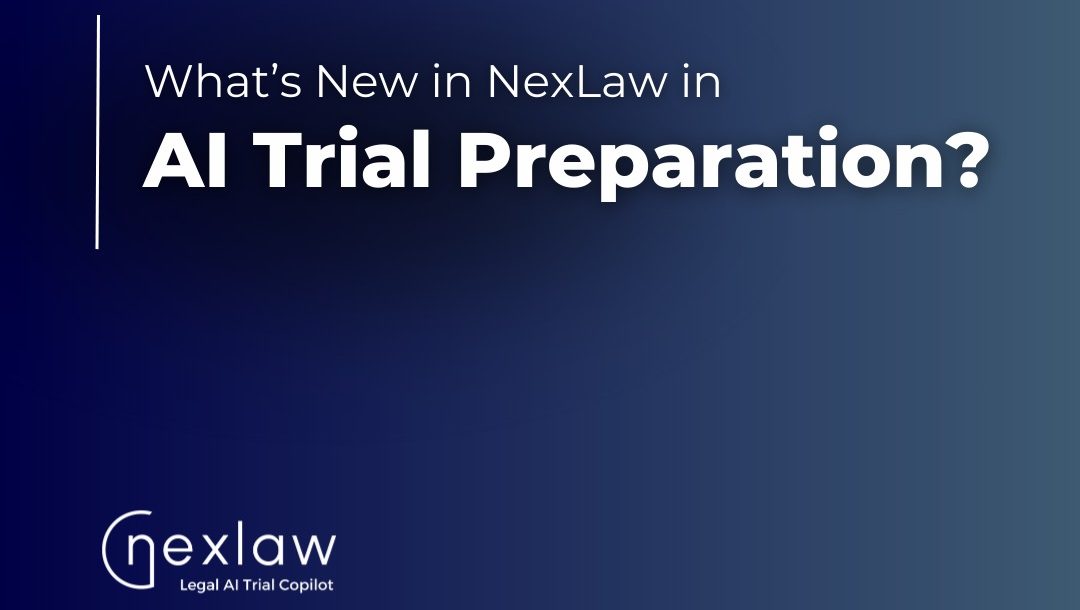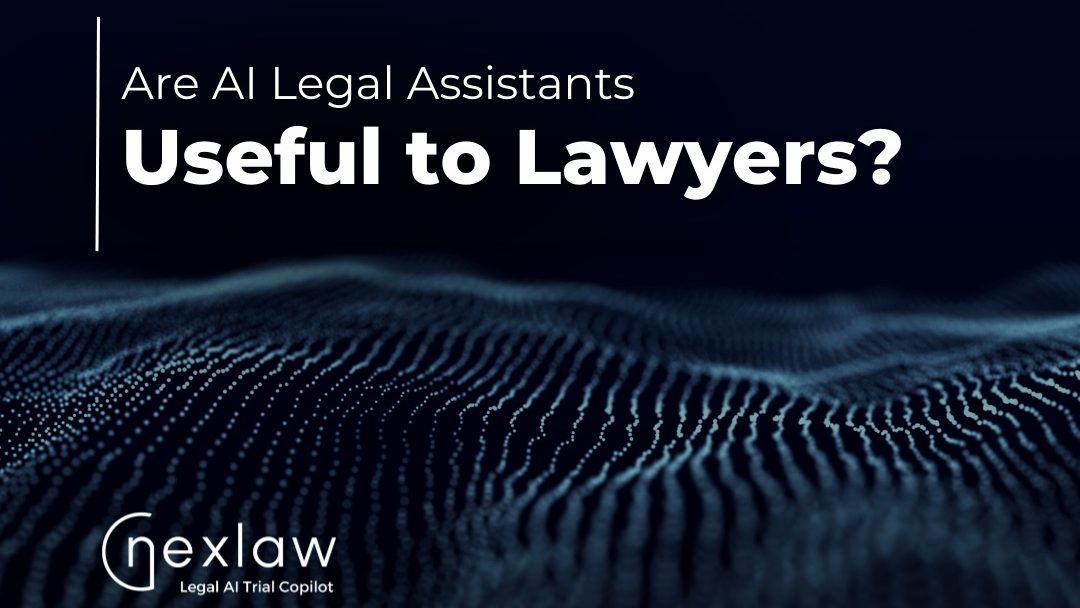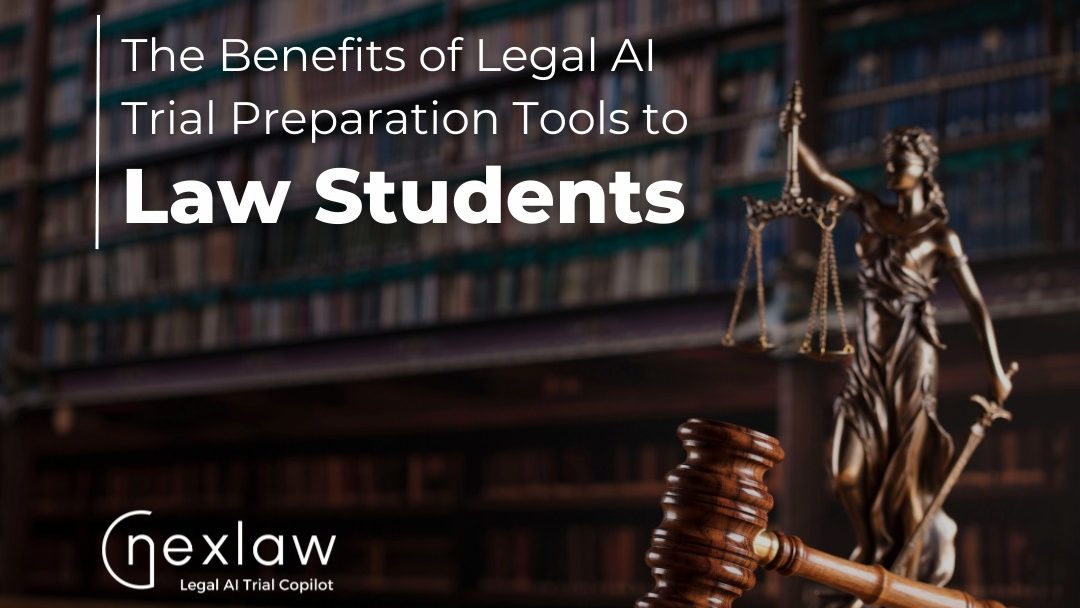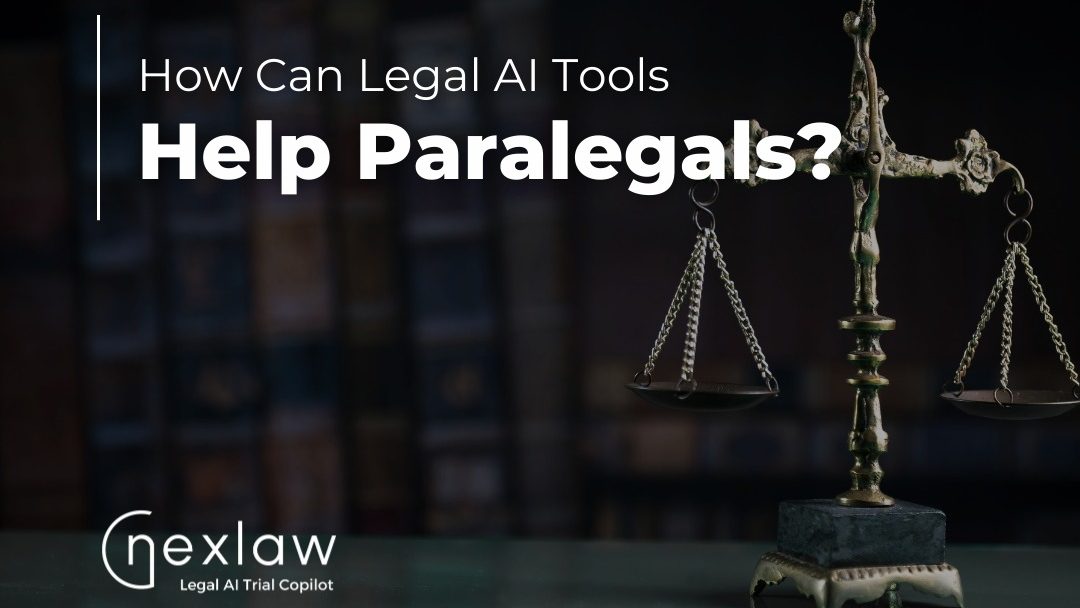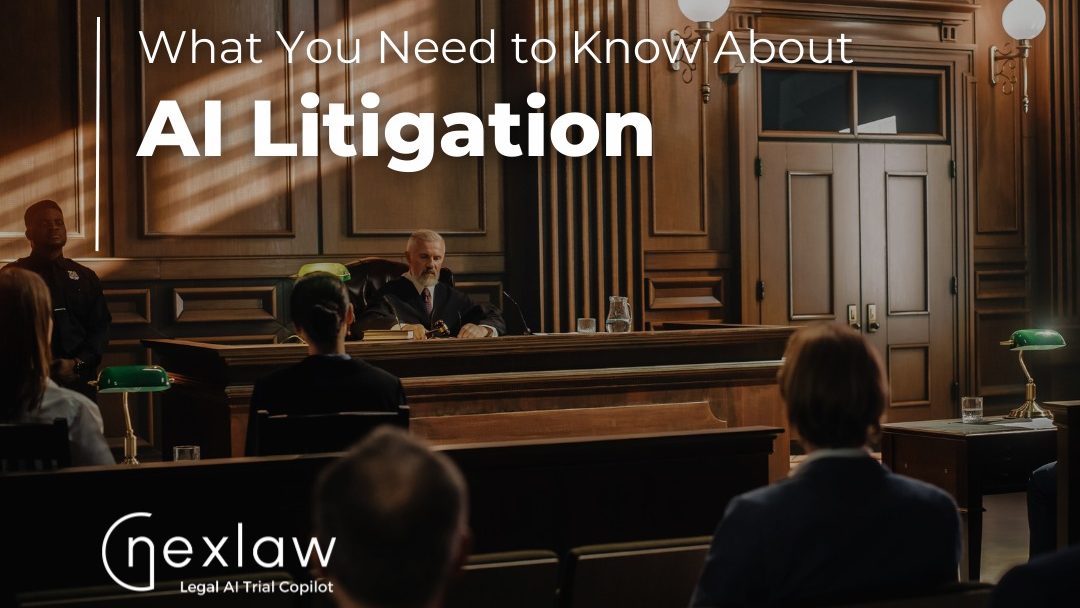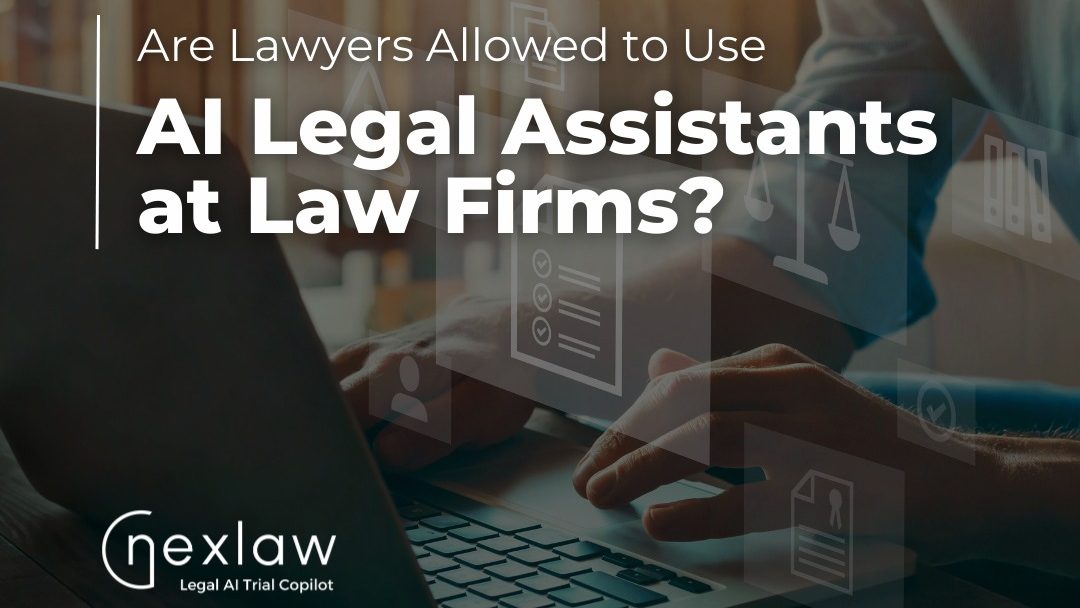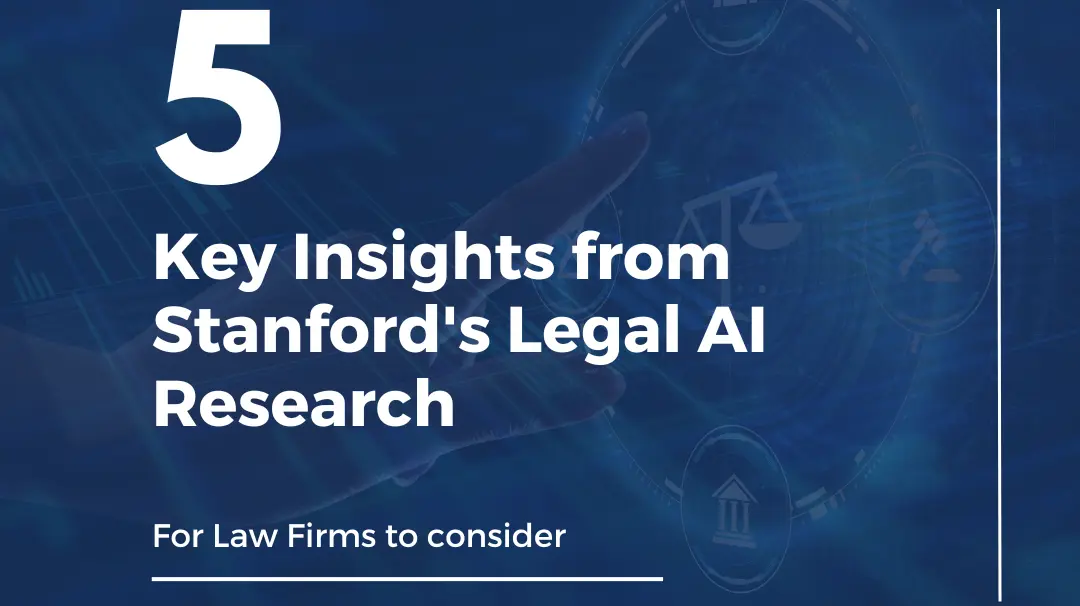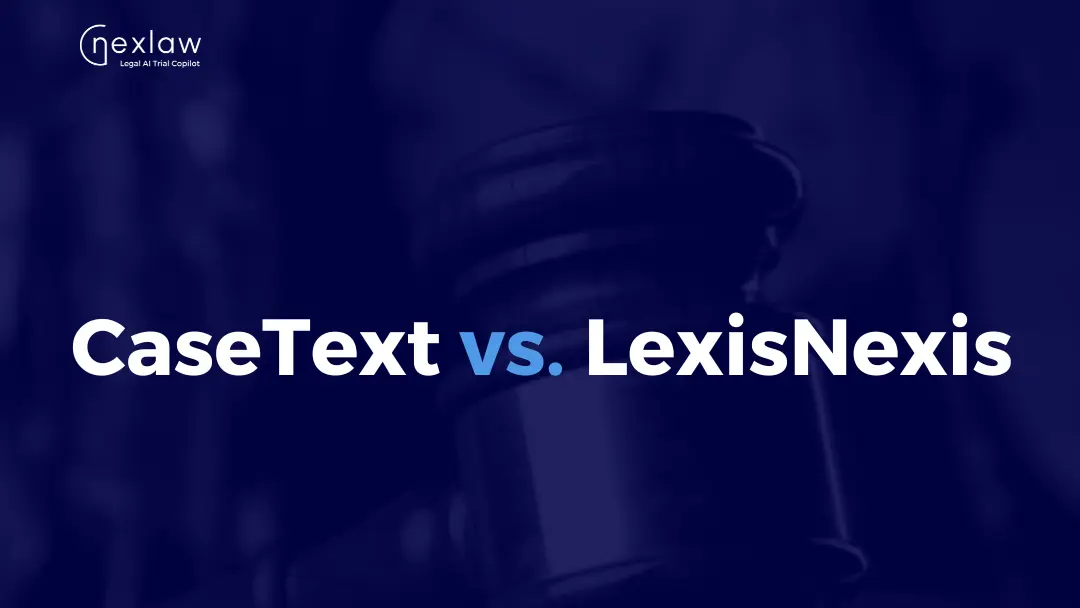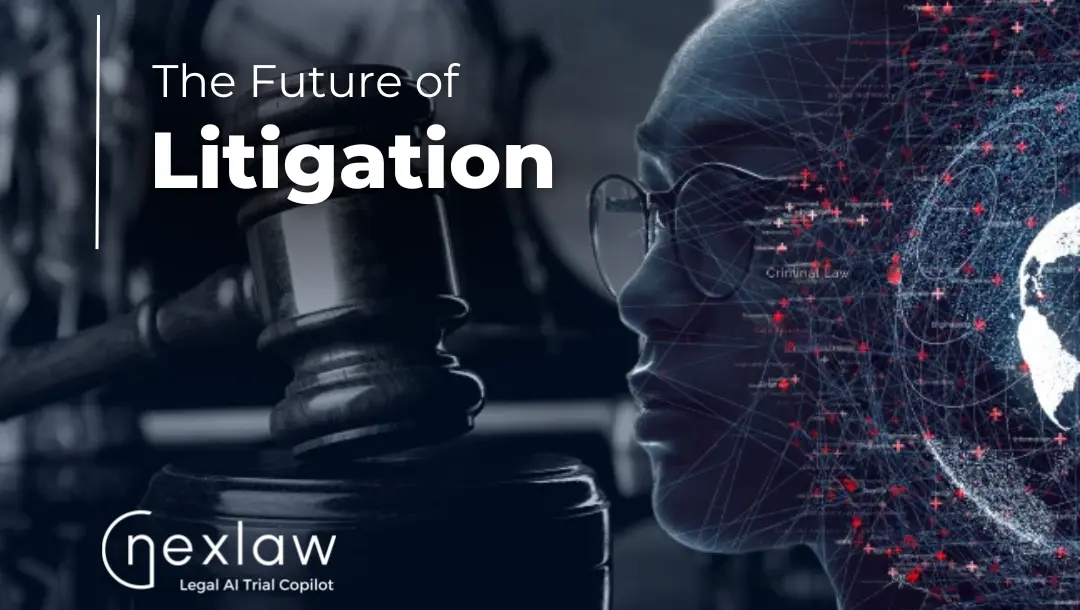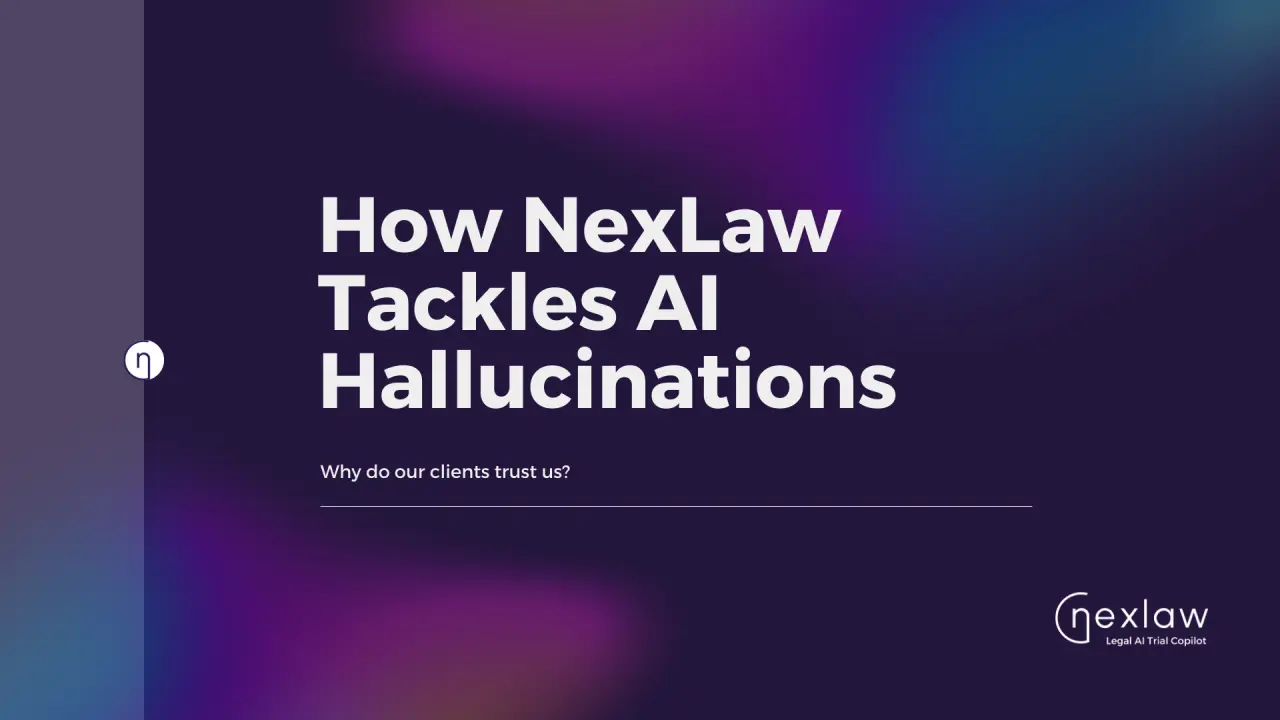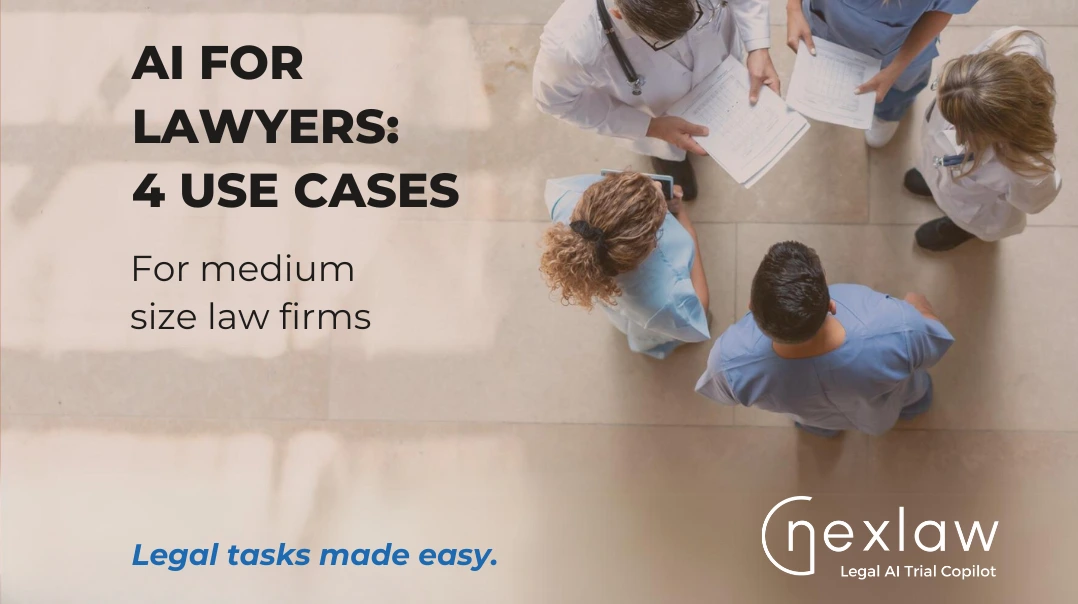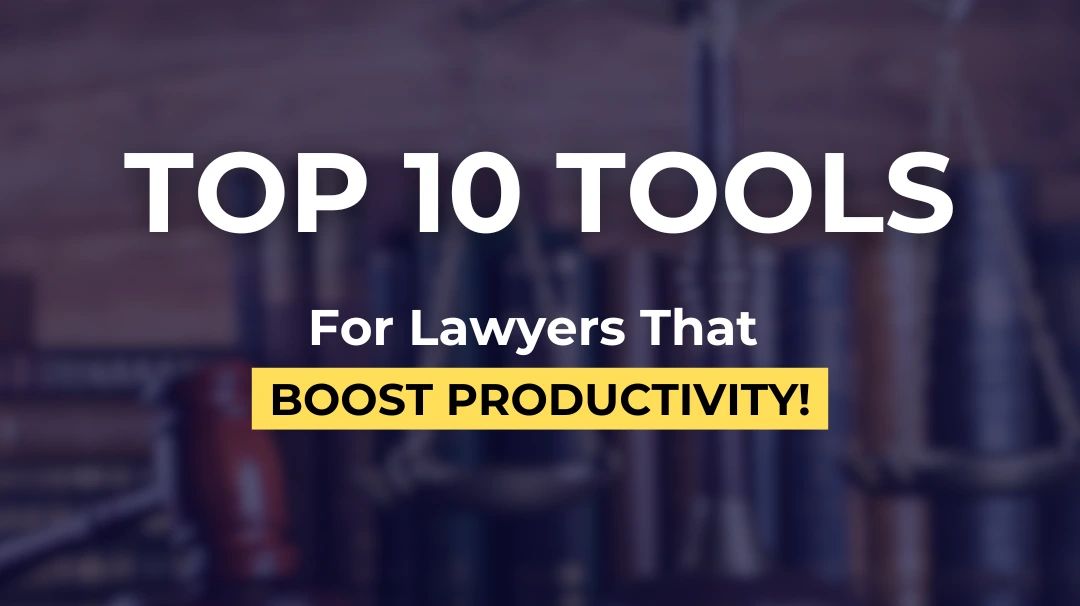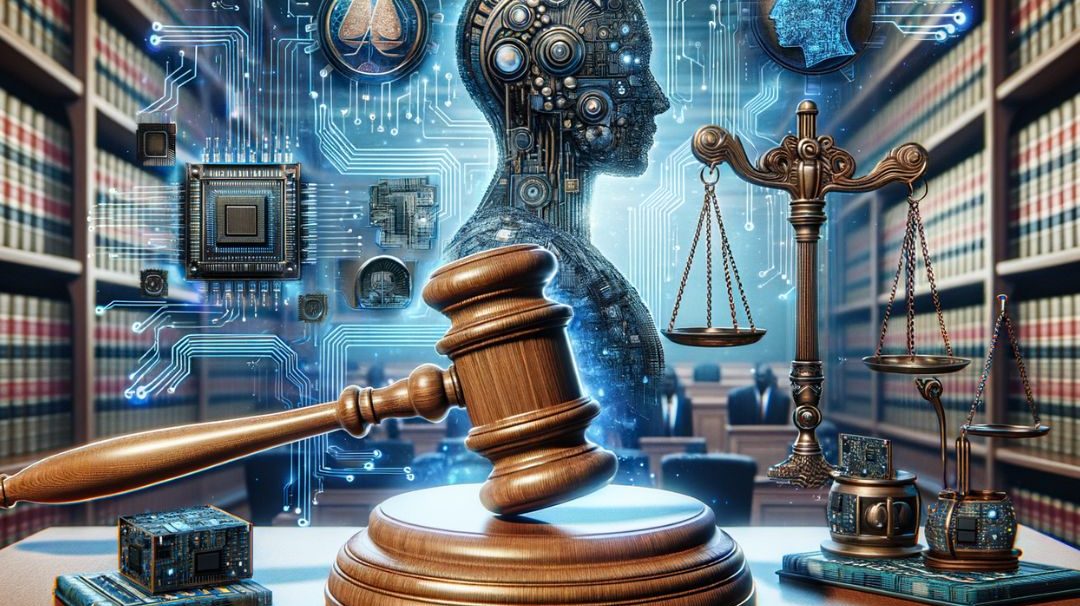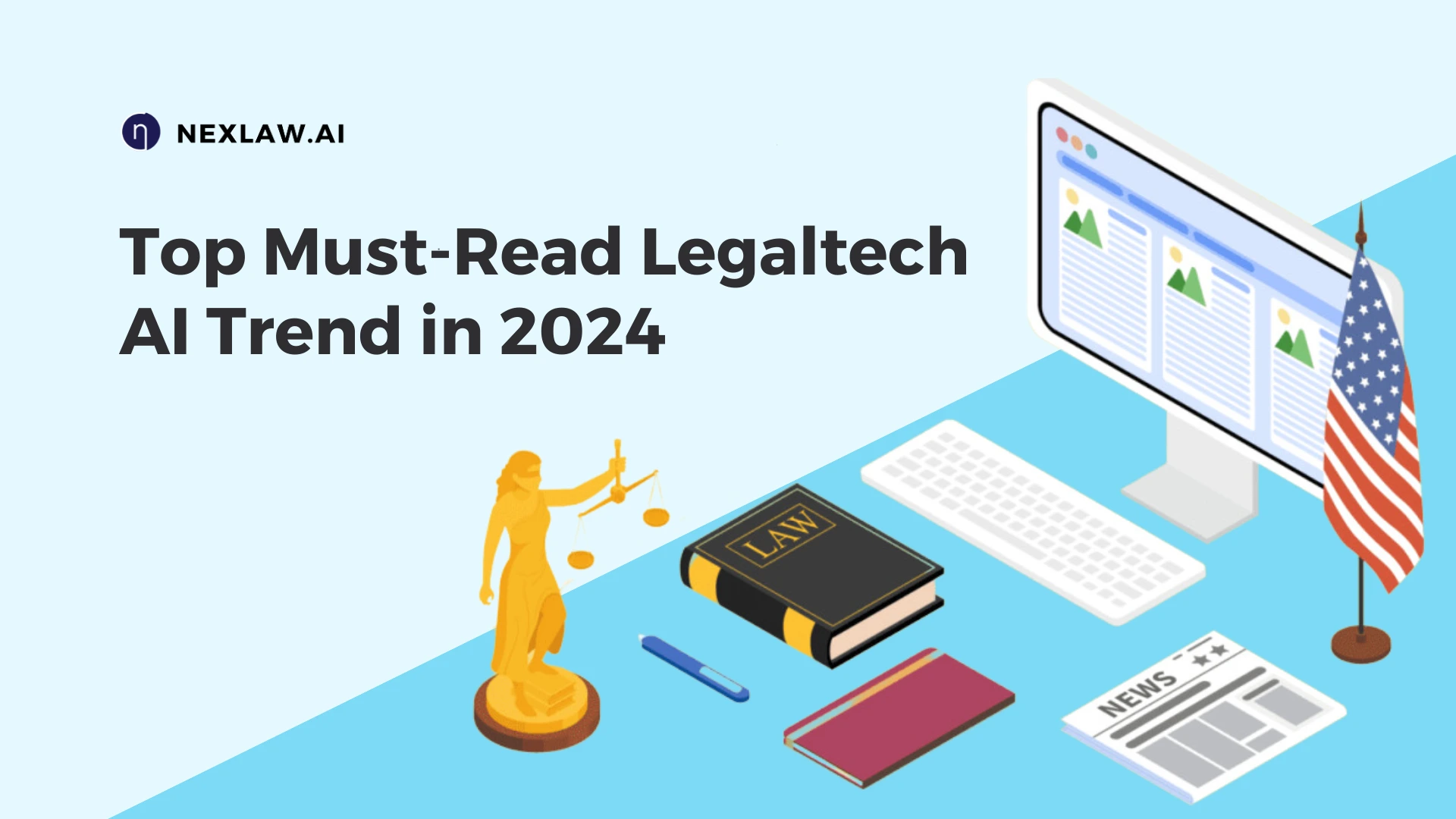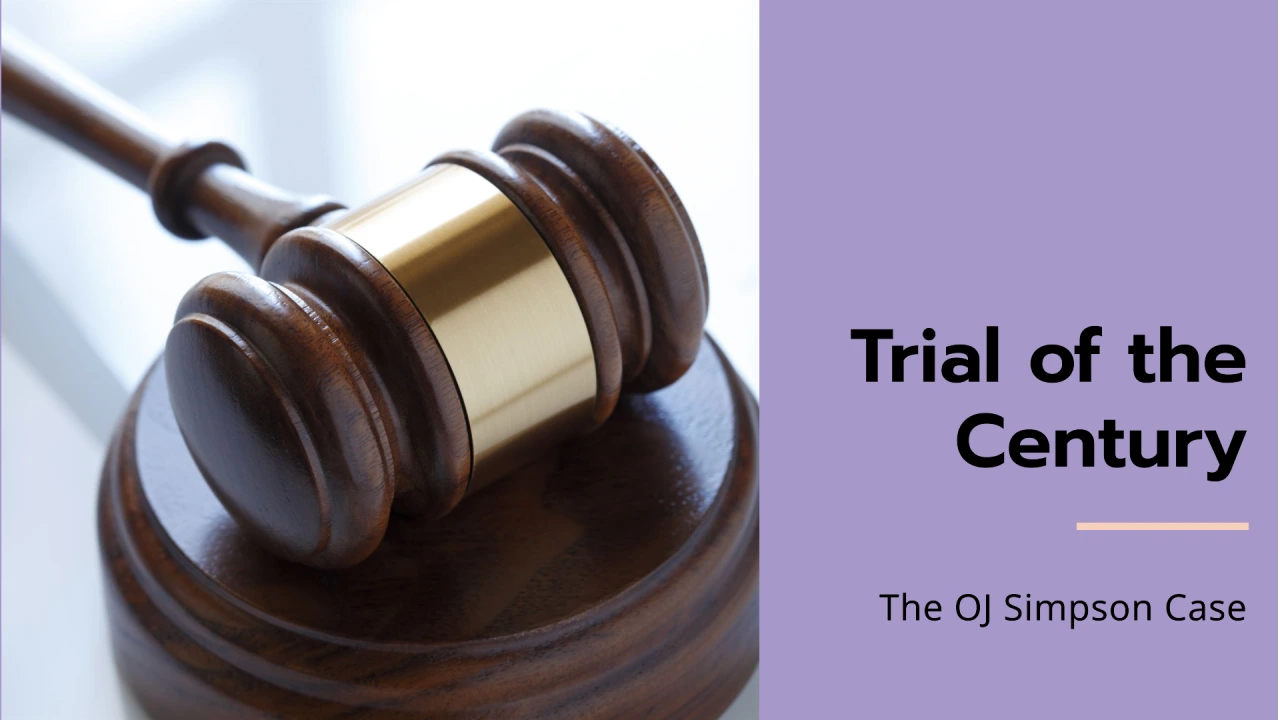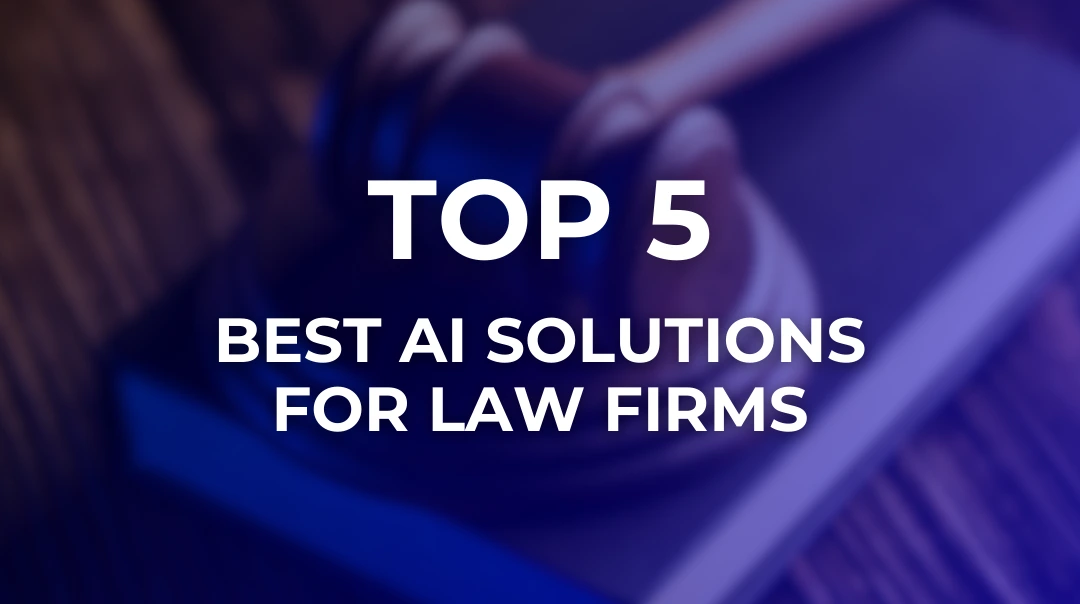The AI Revolution in Law: Transforming Research and Practice
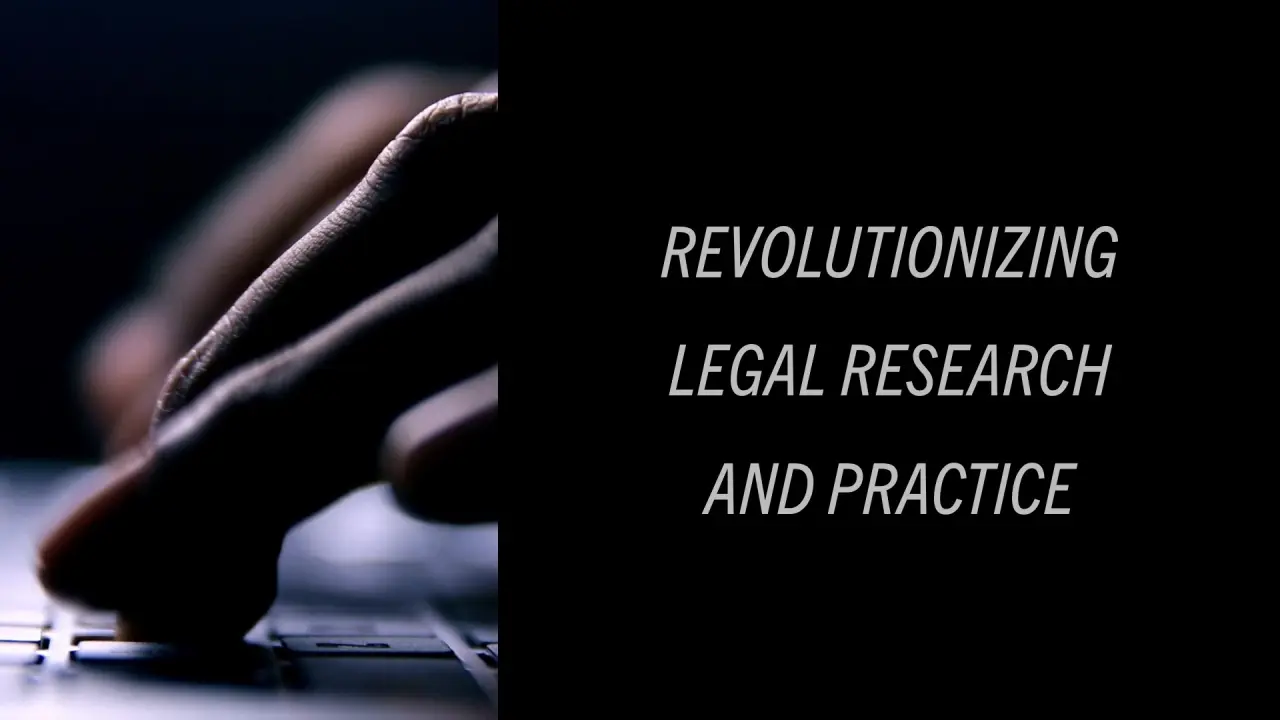
The AI Revolution in Law: Transforming Research and Practice
The legal profession is undergoing a significant transformation with the advent of artificial intelligence (AI) technologies. AI is revolutionizing legal research, document analysis, and workflow processes, promising increased efficiency, accuracy, and cost-effectiveness. Companies like NexLaw.ai, Harvey AI, Casetext, LexisNexis, and Westlaw are at the forefront of this transformation, each offering unique strengths and capabilities.
Streamlining Legal Research with AI
Traditional legal research methods involving manual sifting through vast databases and case law are being streamlined by AI-driven tools. Here’s a comparison of some leading AI-powered legal research solutions:
Casetext CARA: Employs natural language processing and machine learning to identify relevant cases, statutes, and secondary sources based on natural language queries.
LexisNexis Lexis+ AI: Leverages generative AI for conversational search, drafting, summarization, and document analysis across a vast legal corpus.
Westlaw Edge: Powered by AI and advanced analytics to pinpoint relevant information efficiently, with a comprehensive legal database.
NexLaw AI TrialPrep: Comprehensive suite for case preparation and litigation strategy, including legal research, analysis, and trial strategy recommendations.
Harvey AI Enables lawyers to quickly find relevant cases, statutes, and secondary sources through natural language queries.
Contract Analysis and Due Diligence
AI excels at rapidly analyzing and extracting key information from large volumes of contracts, leases, and other legal documents. Companies like LexisNexis, with its Contract Intelligence solution, and Kira Systems offer AI-driven contract analysis tools that can significantly reduce the time and cost associated with due diligence processes.
NexLaw.ai and Harvey also offer AI-powered contract analysis capabilities, streamlining contract review processes and identifying crucial details and mitigating potential risks.
AI-Assisted Document Drafting and Review
Generative AI models trained on vast legal datasets can assist lawyers in drafting and reviewing legal documents, briefs, and correspondence. Tools like Harvey AI and NexLaw.ai leverage natural language processing and machine learning to generate initial drafts, suggest relevant clauses, and identify potential issues or inconsistencies.
NexLaw.ai's TrialPrep: A Comprehensive Solution
NexLaw.ai’s standout offering is its comprehensive TrialPrep, a powerful tool that streamlines case preparation and enhances litigation strategies for legal professionals. This AI-driven solution leverages advanced algorithms to analyze case details, generating a suite of customized legal analysis reports tailored to the specific case.
Predictive Analytics and Case Outcome Prediction
AI algorithms can analyze historical case data, precedents, and judicial decisions to predict potential case outcomes and litigation strategies. Companies like Lex Machina and Gavelytics offer AI-driven predictive analytics tools that provide valuable insights for strategic decision-making and settlement negotiations.
Ethical Considerations and Challenges
While AI promises significant benefits, its adoption in the legal field raises ethical concerns and challenges. Addressing issues such as algorithmic bias, data privacy, transparency, and accountability is crucial to ensure legal AI tools align with ethics and principles of justice.
Lawyers must also exercise caution and maintain professional judgment when using AI-generated outputs, as these tools are not infallible and may produce inaccuracies or hallucinations. Proper training, oversight, and verification processes are essential to mitigate risks and ensure AI tools are used responsibly and ethically.
Companies like NexLaw.ai, Harvey AI, LexisNexis, and Westlaw prioritize data security and privacy, employing robust encryption, access control, and secure cloud infrastructure to ensure client confidentiality.
The AI revolution in the legal sector is well underway, and firms that embrace these technologies strategically are likely to gain a competitive edge. However, it is crucial to navigate this transformation thoughtfully, addressing ethical concerns and fostering a culture of responsible AI adoption within the legal profession.

Get ahead of the curve with our free Guide to Starting Using Legal AI!

Francis Lui
Founder & CEO of NexLaw


